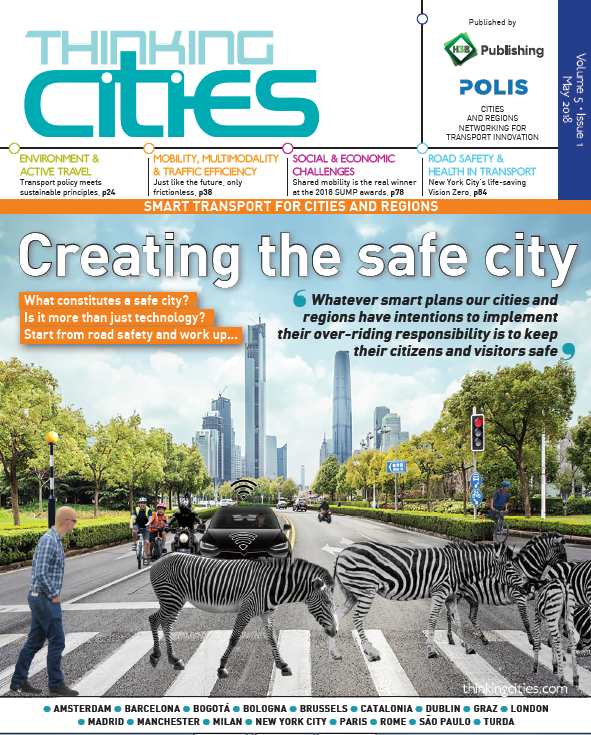Infrastructure
An integrated and accessible transport network is essential for the social and economic development of cities and regions. A well-functioning transport infrastructure allows people and goods to travel more smoothly, contributing to make societies more dynamic and inclusive.
POLIS is sensitive to the topic of infrastructure as it is closely linked to many other topics that span from safety to health and traffic efficiency. Safe and reliable road infrastructure, for instance, can dramatically reduce the number of accidents; whilst well-designed interchanges can favour multimodality and therefore a more sustainable mobility in cities and regions. Infrastructure is also a key element of Sustainable Urban Mobility Plans (SUMPs), which ensure sustainable transport development within cities.
POLIS is currently involved in VITALNODES, an EU-funded project which promotes efficient and sustainable freight delivery for the last-mile at the nodes of the TEN-T (Trans-European Transport Network), and in the project MORE, which is developing concepts and tools for a better design of road space along corridor roads in five European cities.
POLIS members regularly discuss infrastructure-related issues in the POLIS Working Groups on Access.

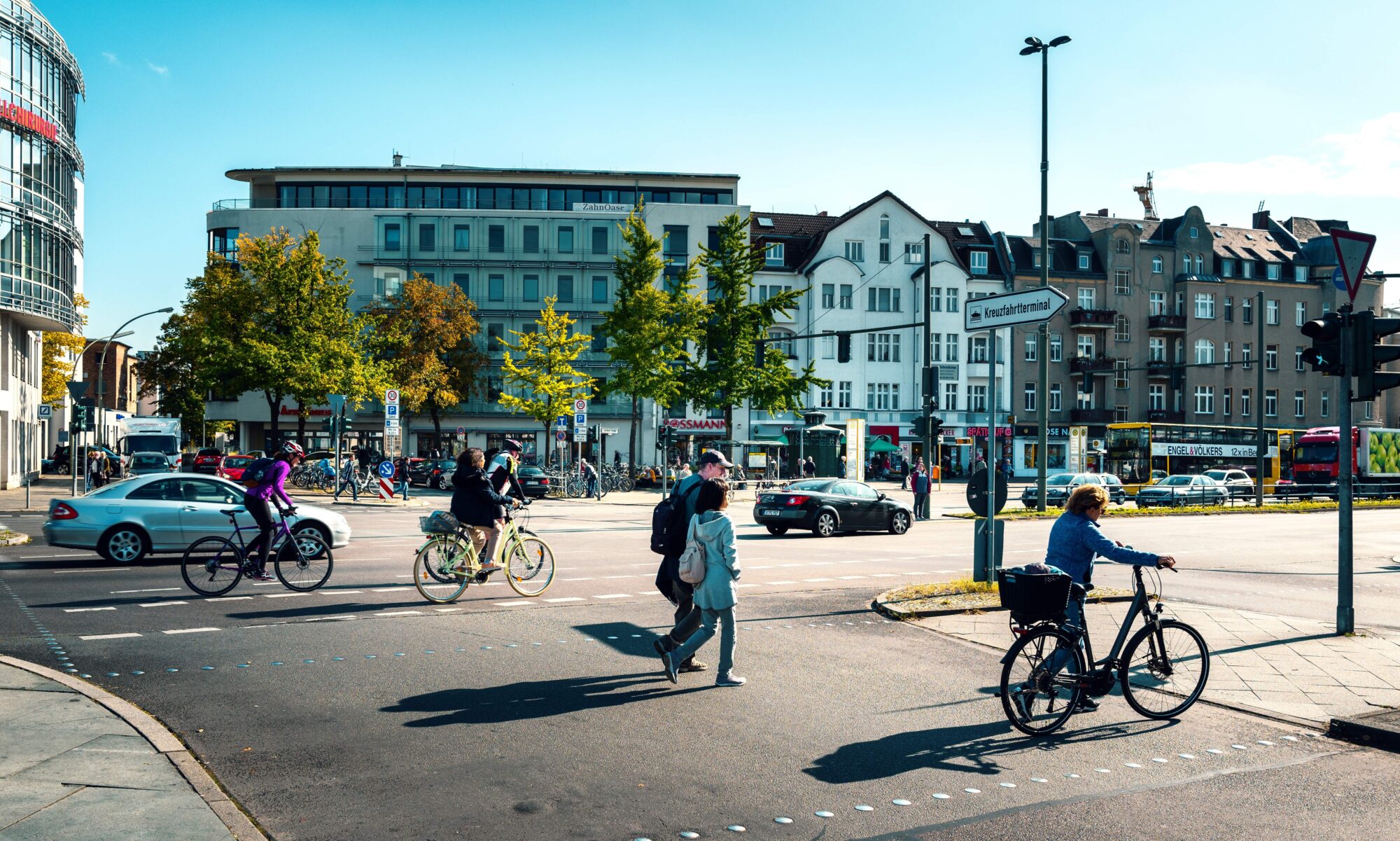
ELABORATOR unveils Evaluation Plan for measuring inclusive mobility

Apply now for the EIT Urban Mobility Bari Summer School 2024

POLIS publishes fourth edition of Cities in motion magazine

Member in the Spotlight: Ljubljana

Join the HL4EU Call for Action: Support Healthy Lifestyles in Europe

Member in the Spotlight: Vic
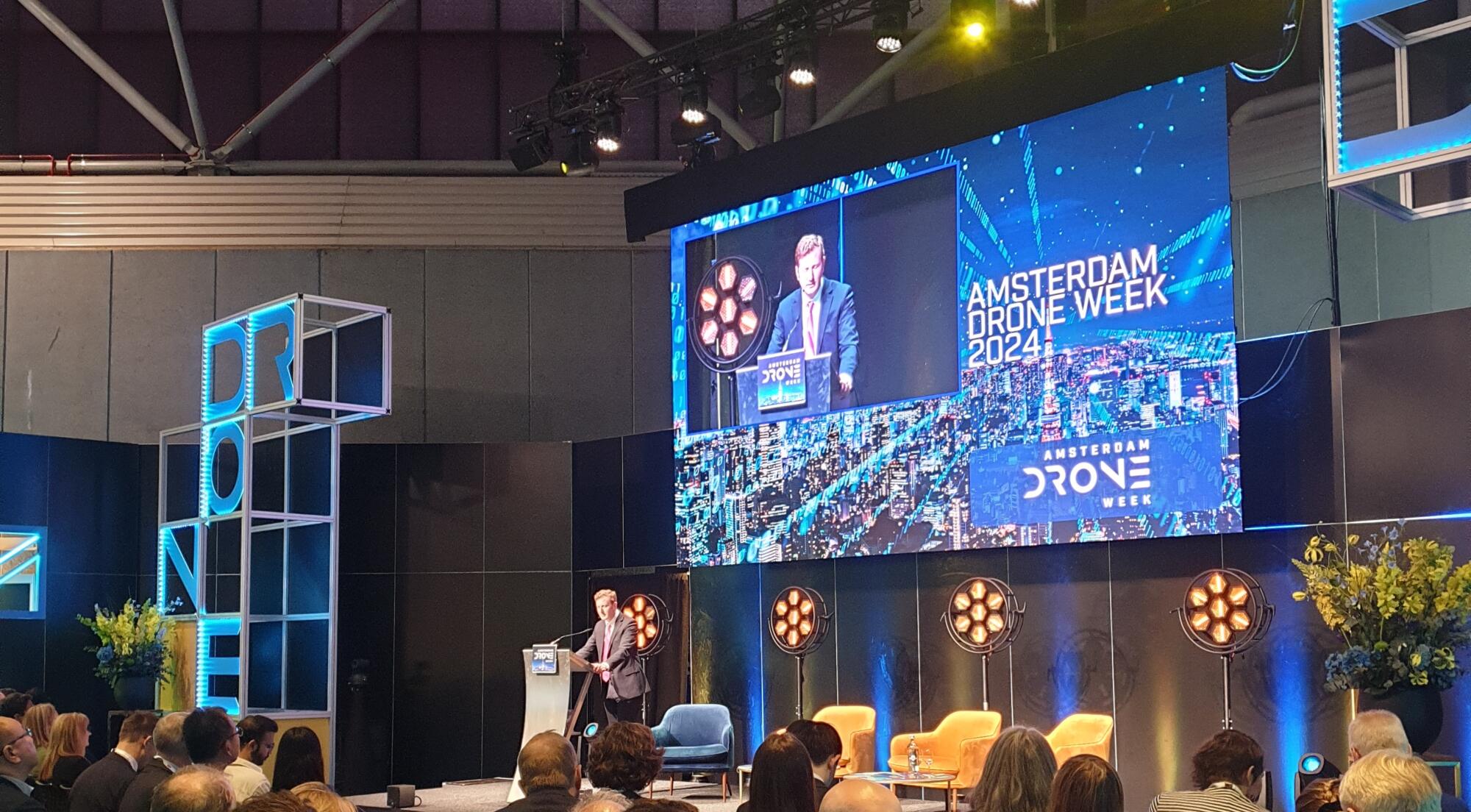
Cities and regions take off at Amsterdam Drone Week 2024
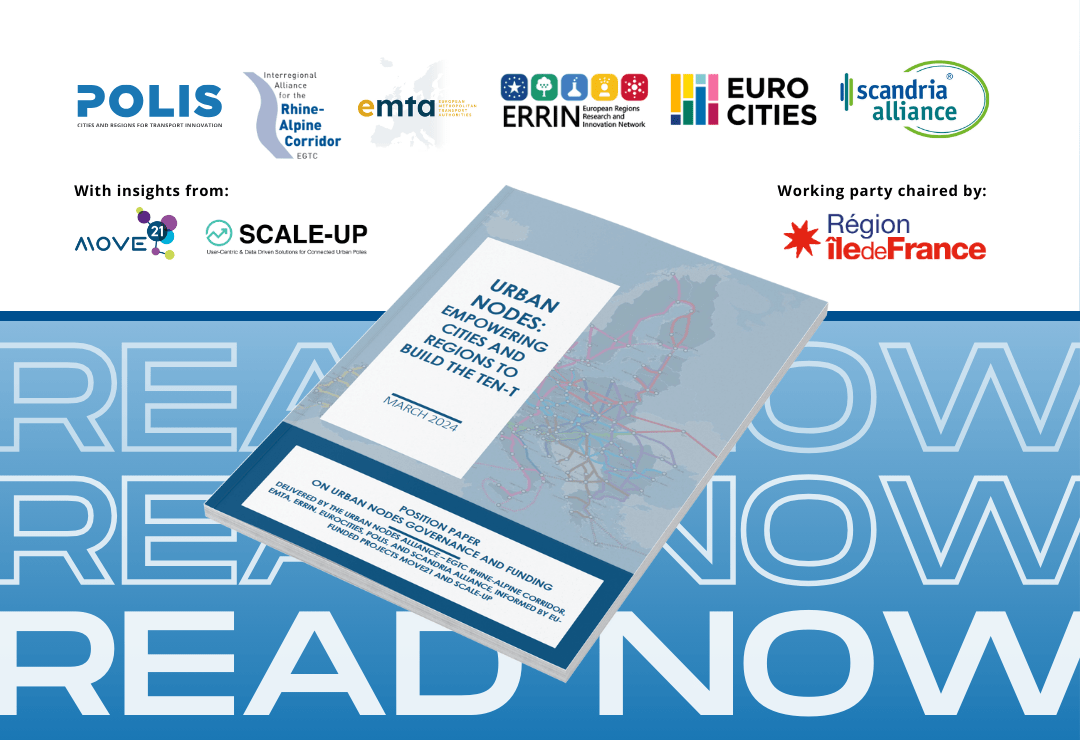
Connecting Europe Days 2024: City and regional networks call for support for urban nodes within the TEN-T
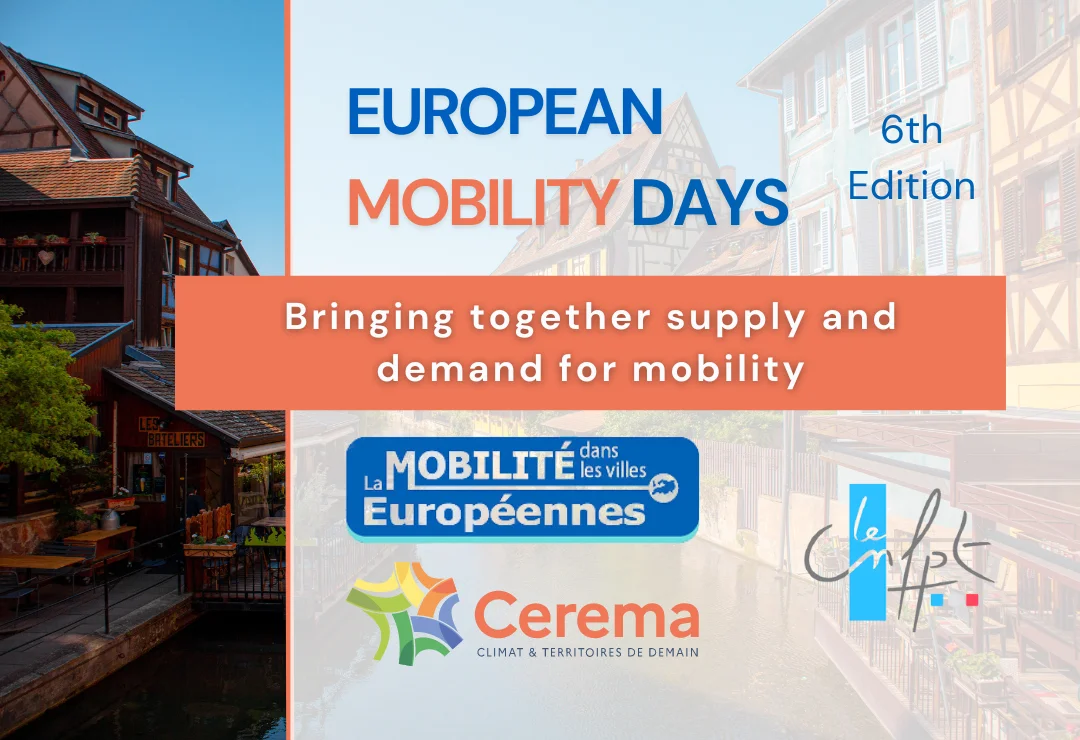
Register for the 6th European Mobility Days in Strasbourg
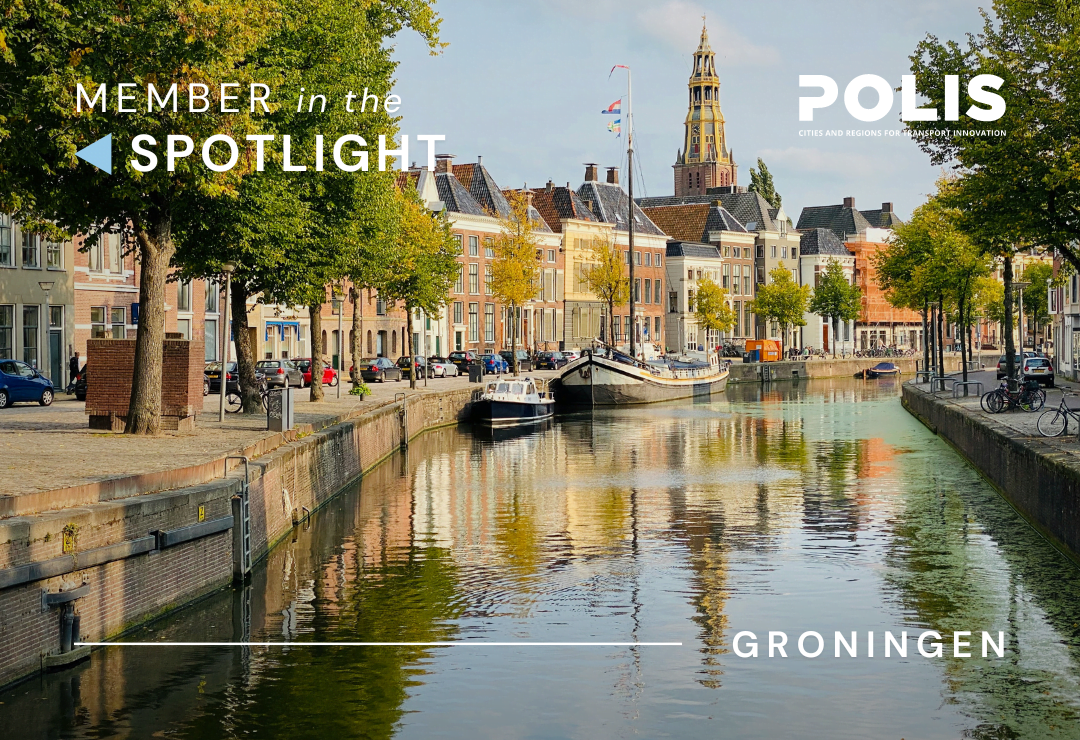
Member in the Spotlight: Groningen
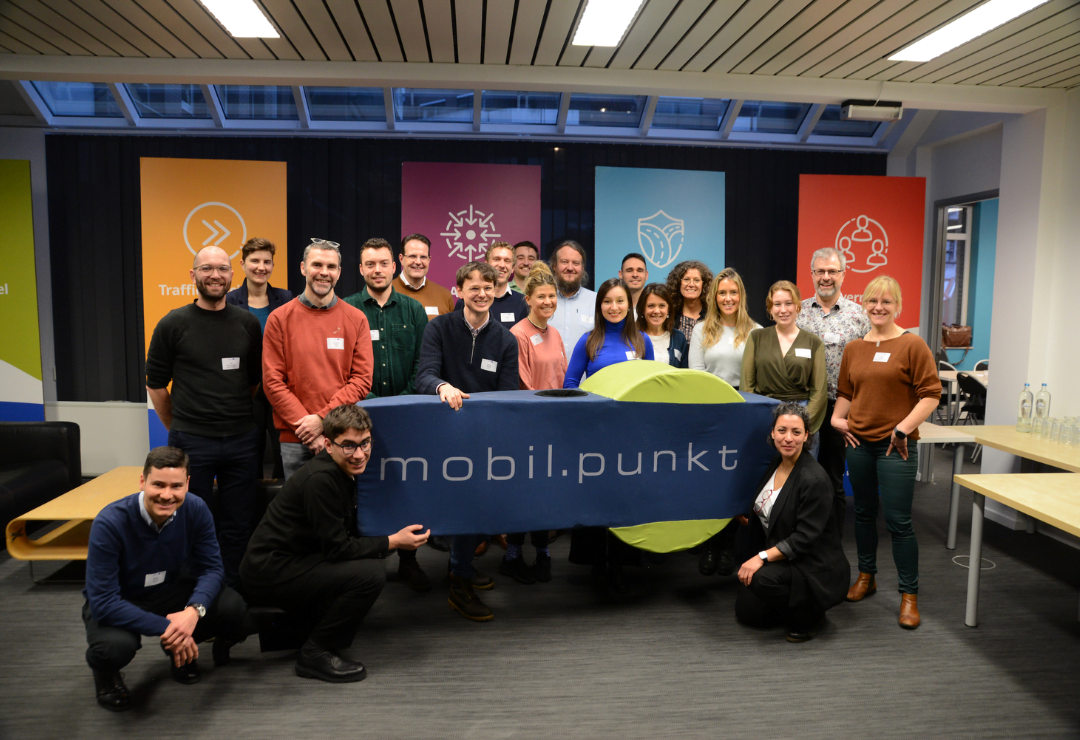
The insights from the ShareDiMobiHub Academy are now available!
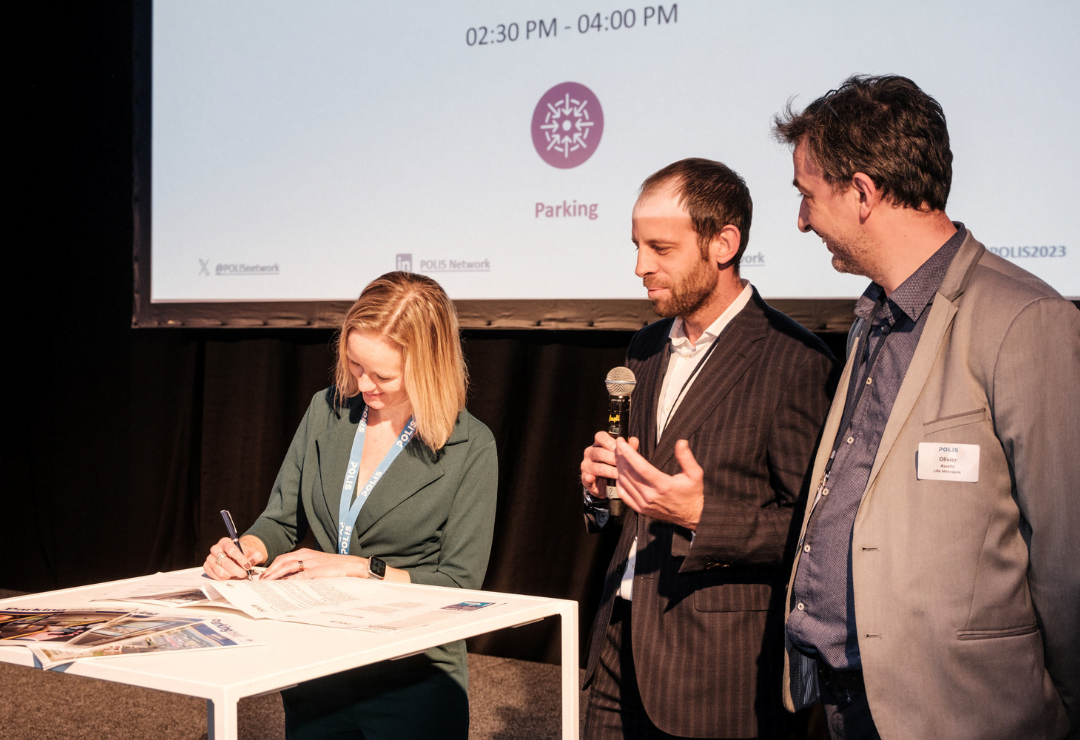
POLIS and the EPA sign Memorandum of Understanding for innovative parking policies
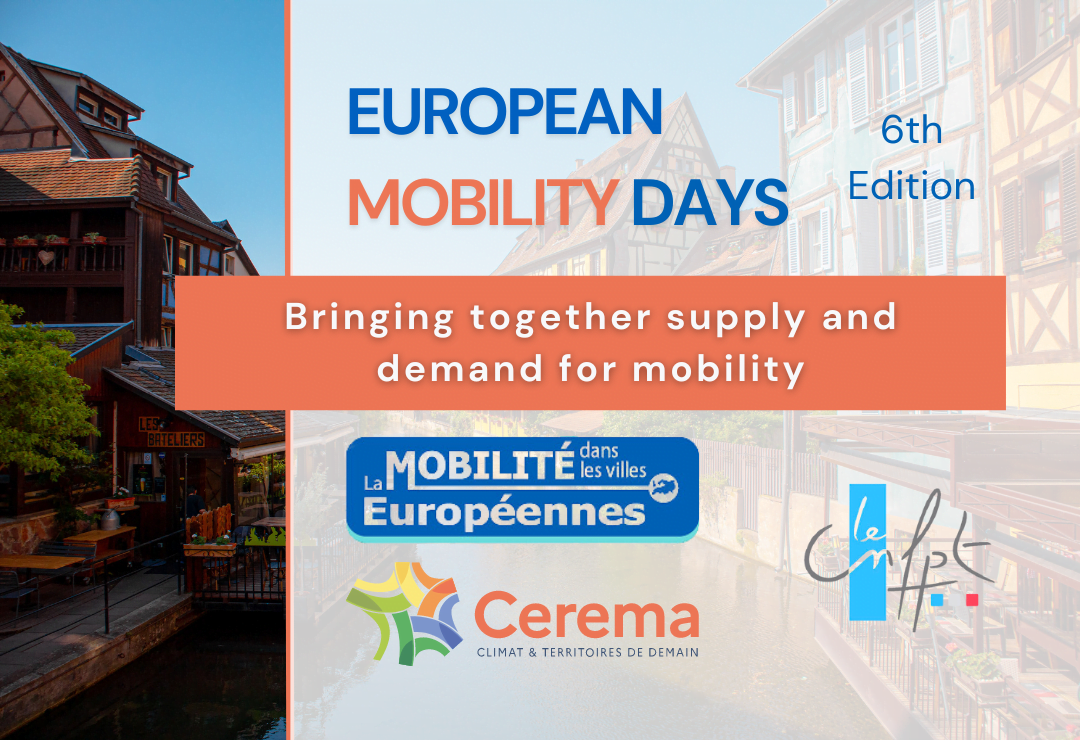
Submit your abstract for the 6th European Mobility Days in Strasbourg!
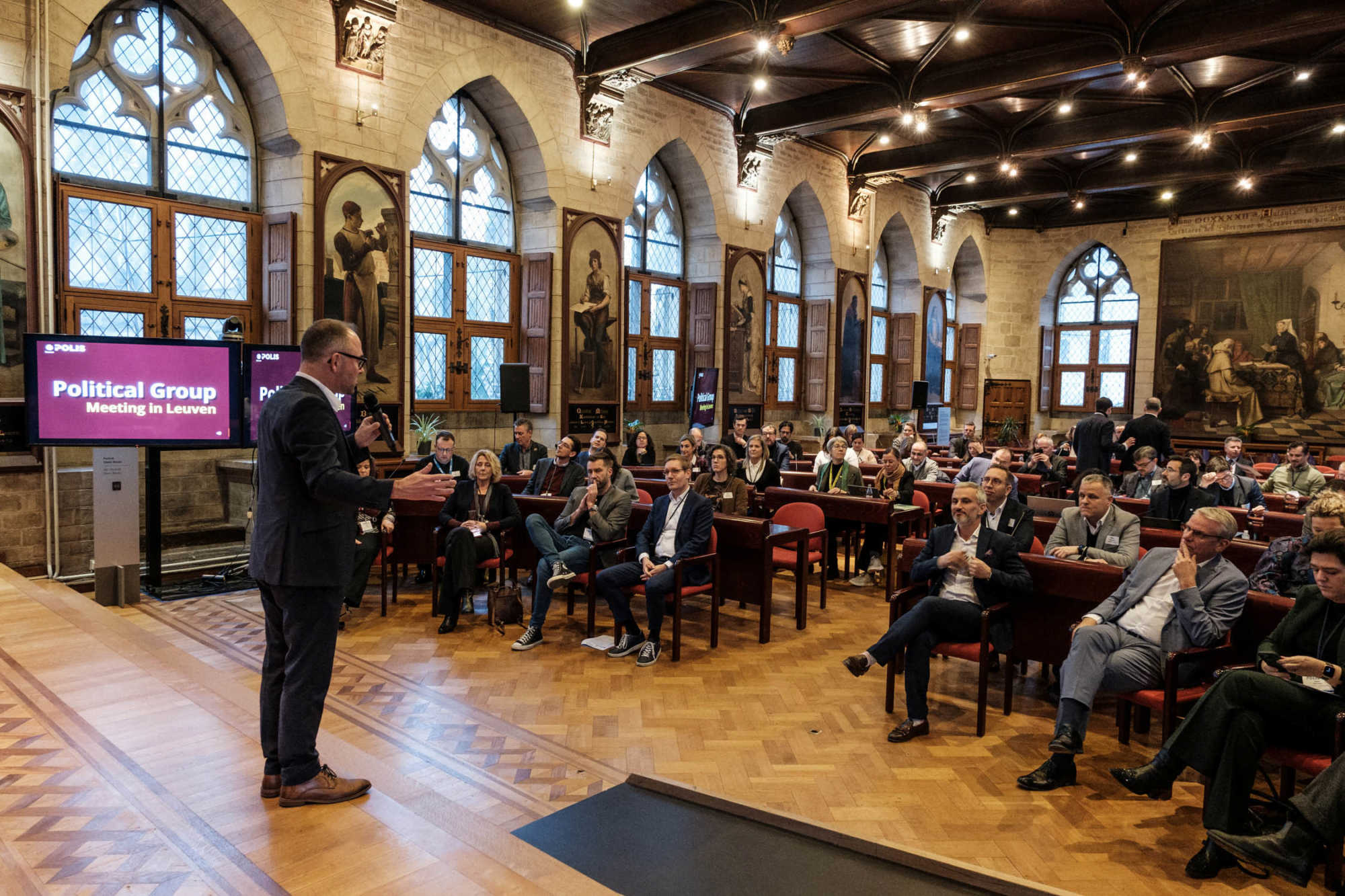
POLIS’ Political Group shows the mobility leadership Europe needs
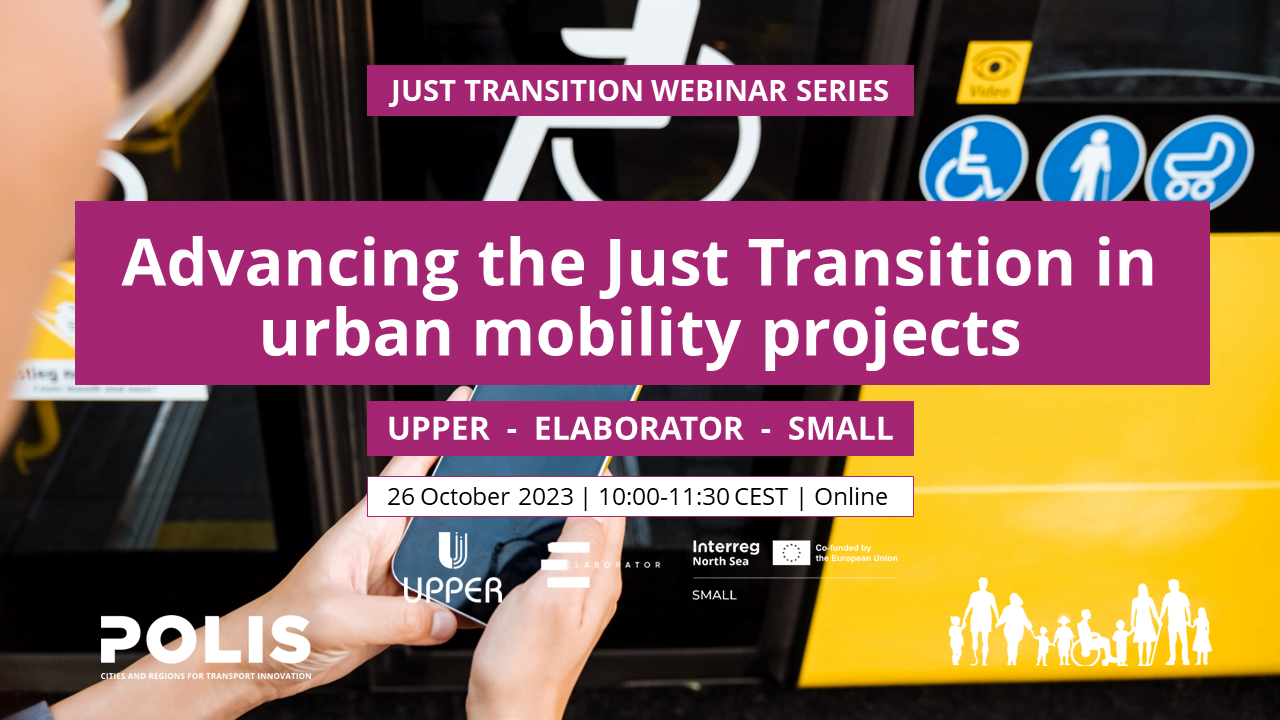
Starting small, thinking big: The Just Transition is back in business!
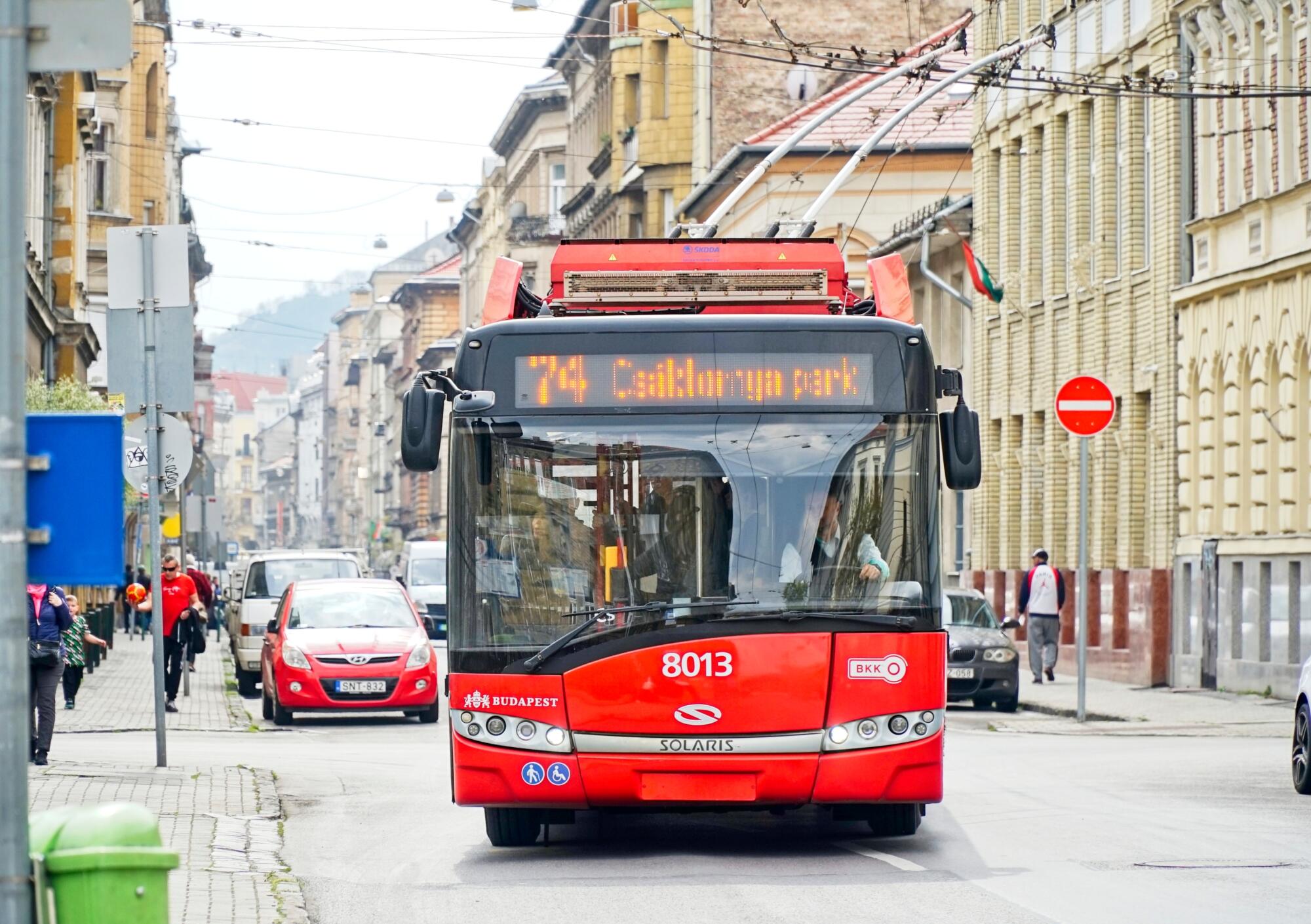
‘Trolley90 and its sustainable future’: Mobility experts celebrate in Budapest this November
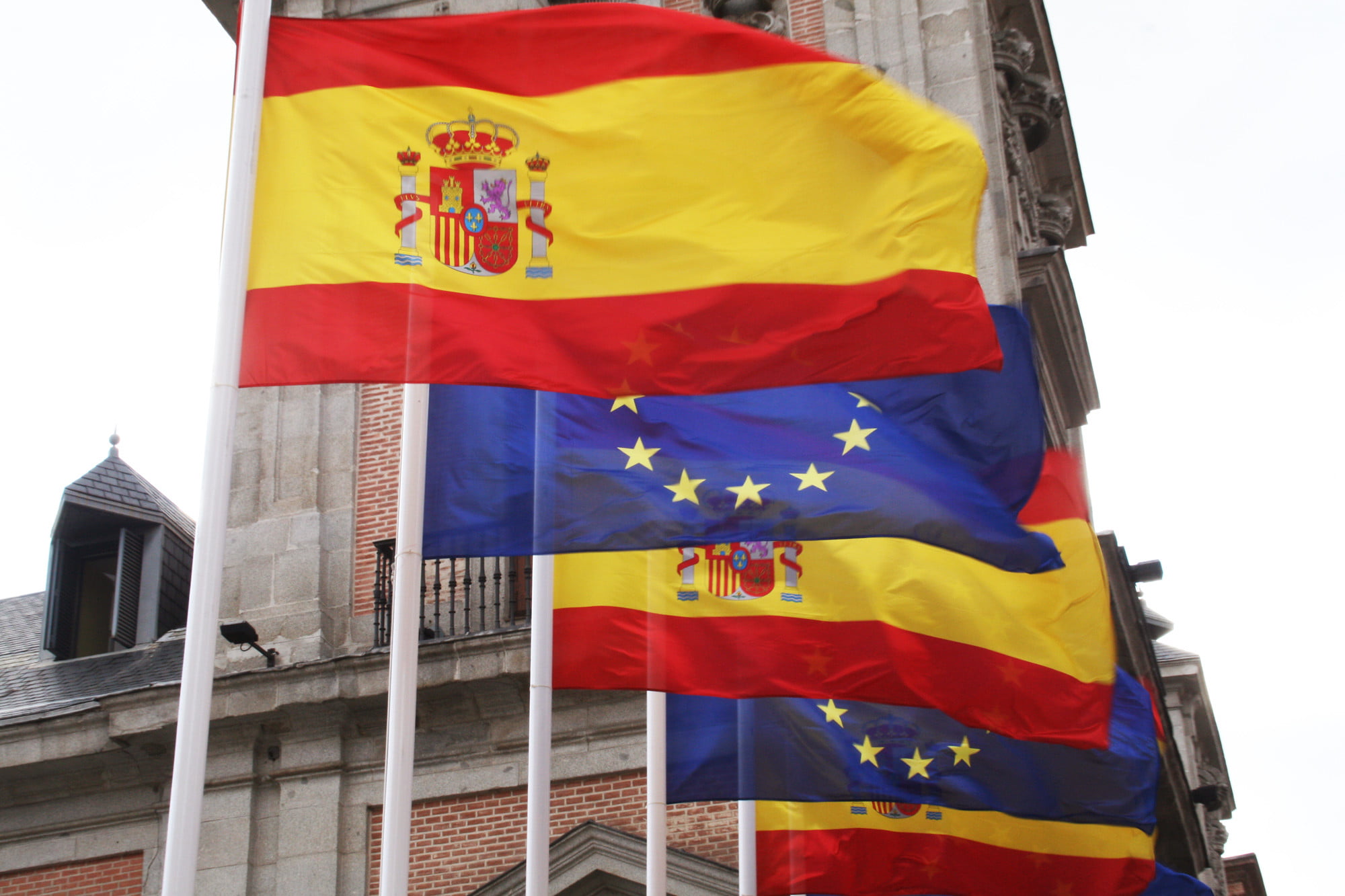
Barcelona Declaration sets new ambition for sustainable transport in the EU
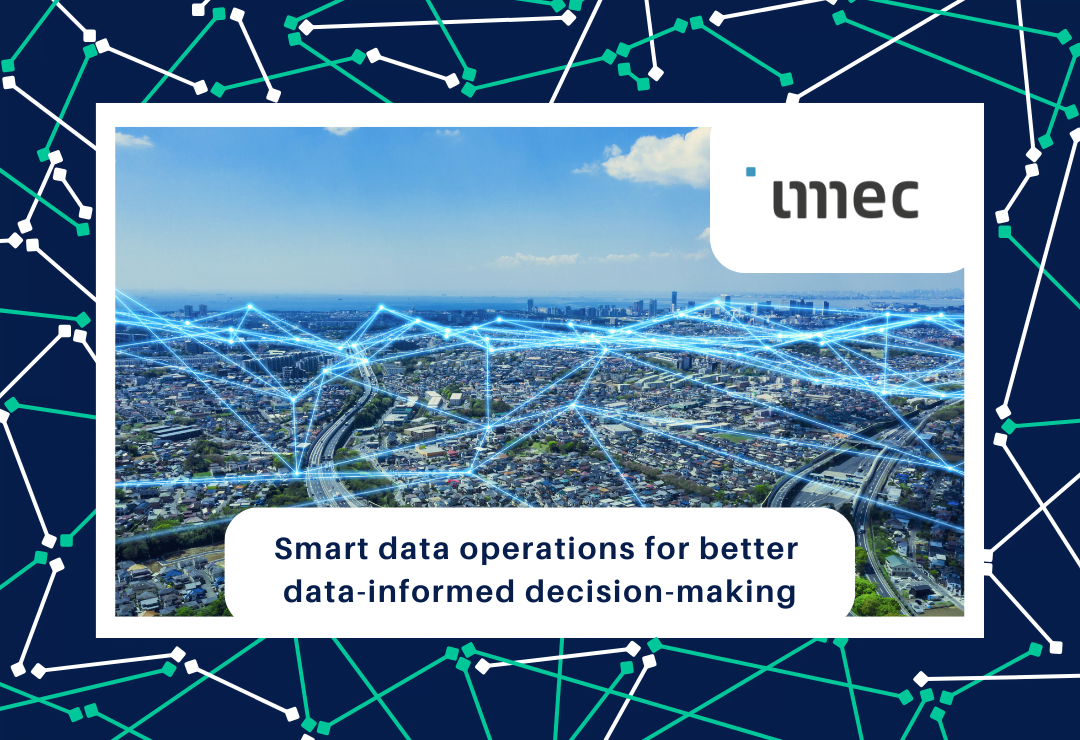
IMEC shows how smart data operations can improve urban logistics
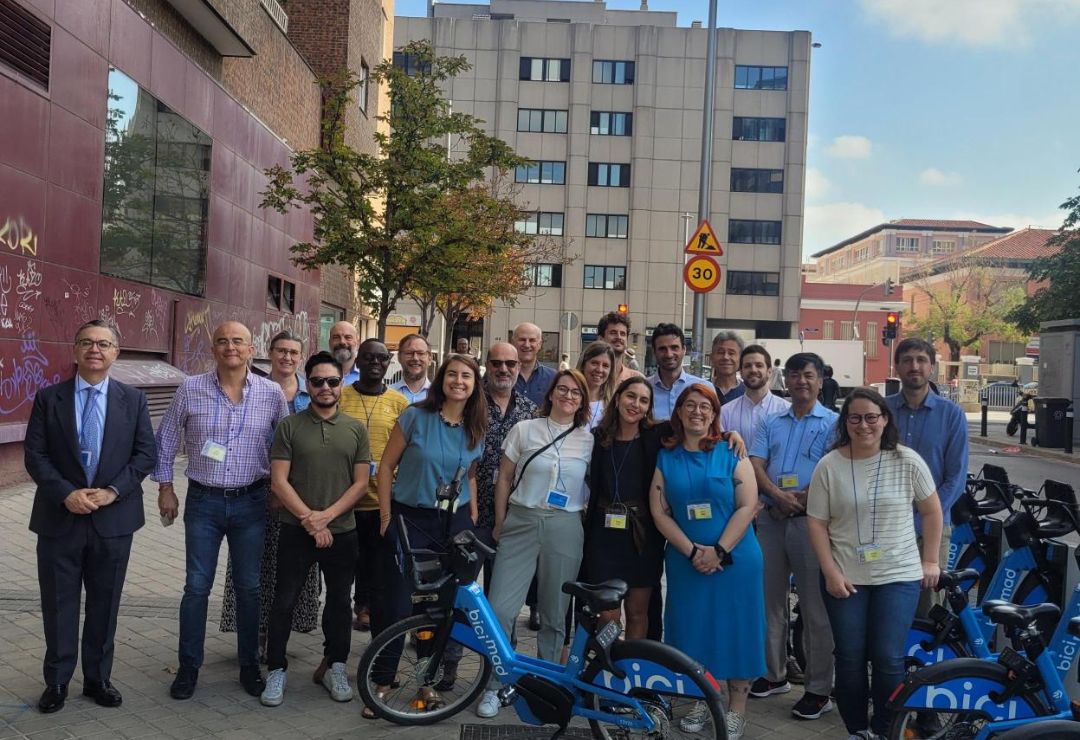
SOLUTIONSplus met in Madrid for an exciting study tour!
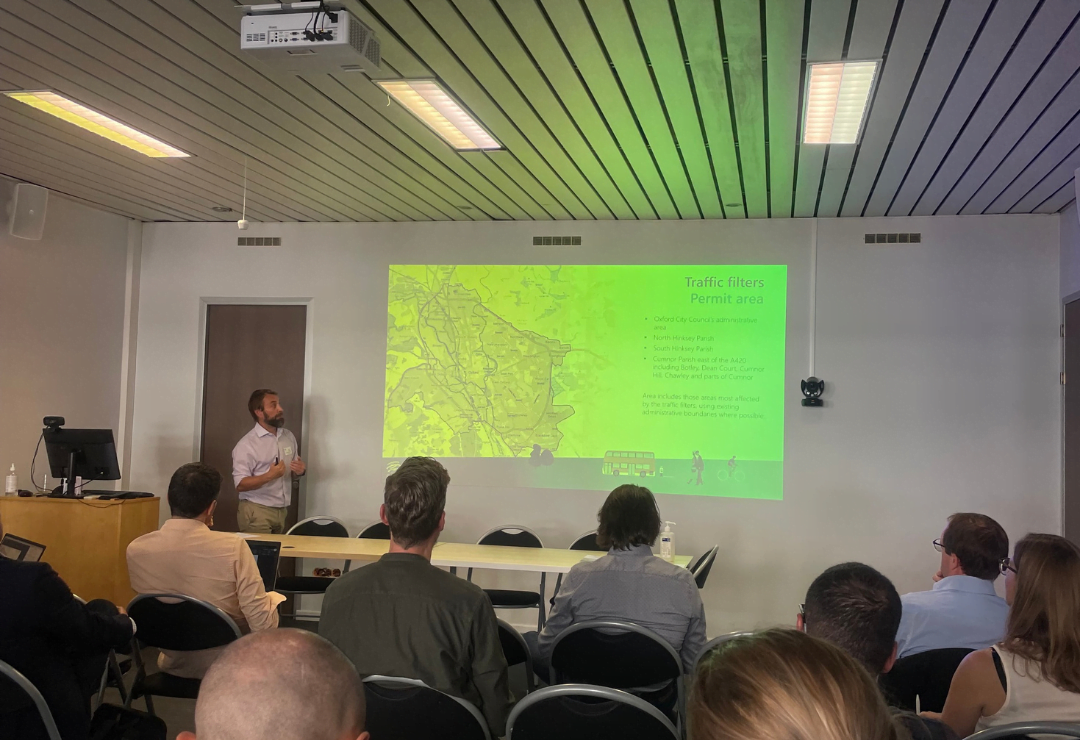
POLIS’ Multimodal Traffic Management Days dive in!
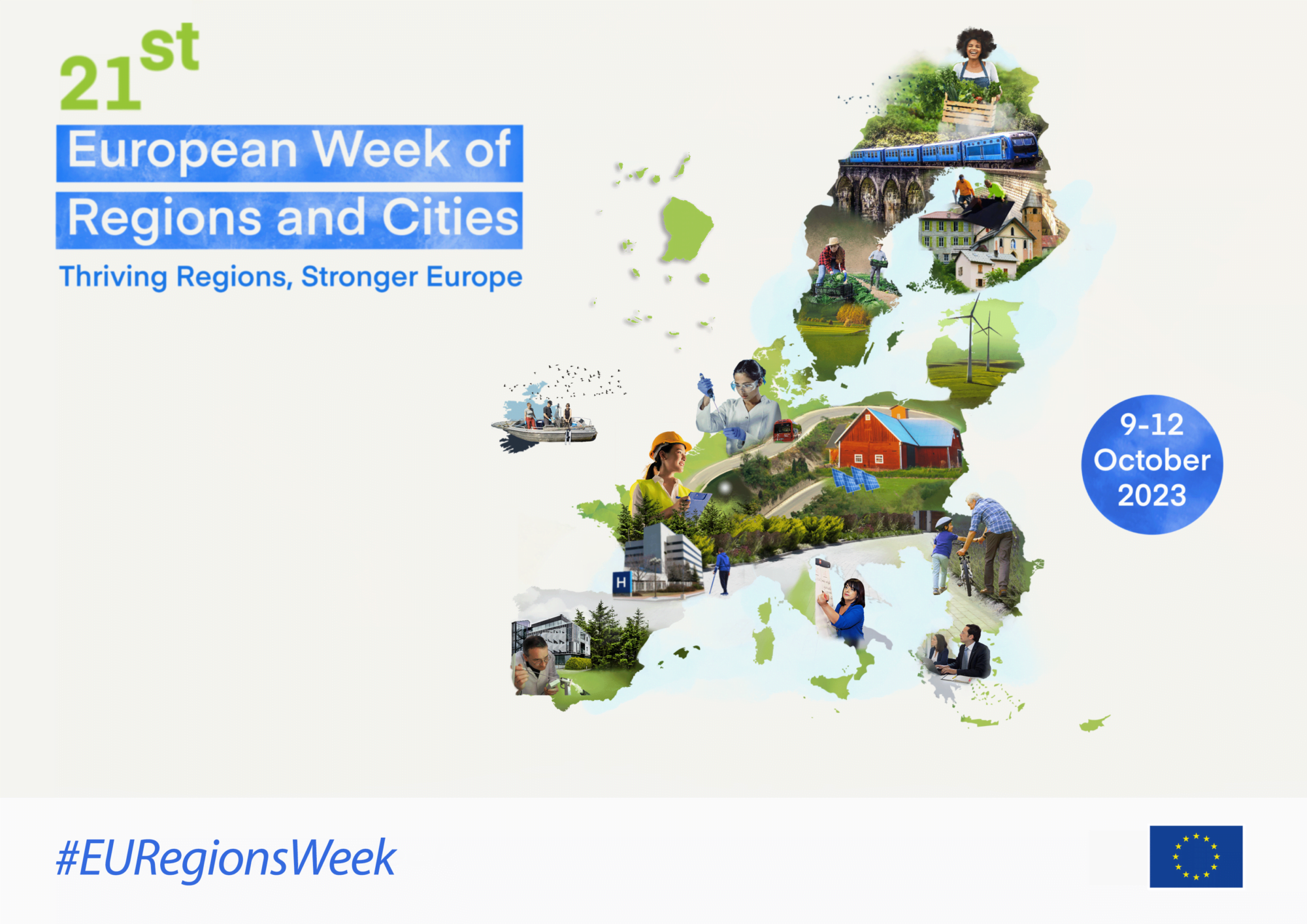
POLIS talks mobility at the European Week of Regions and Cities 2023
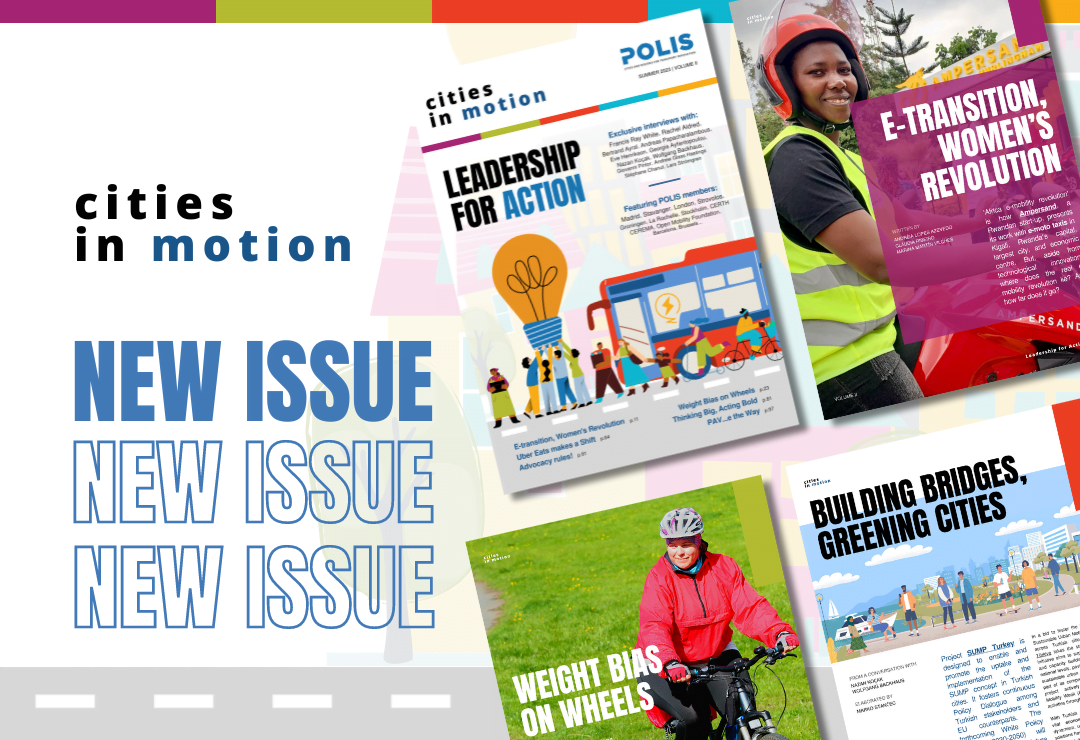
POLIS publishes second volume of magazine Cities in motion!
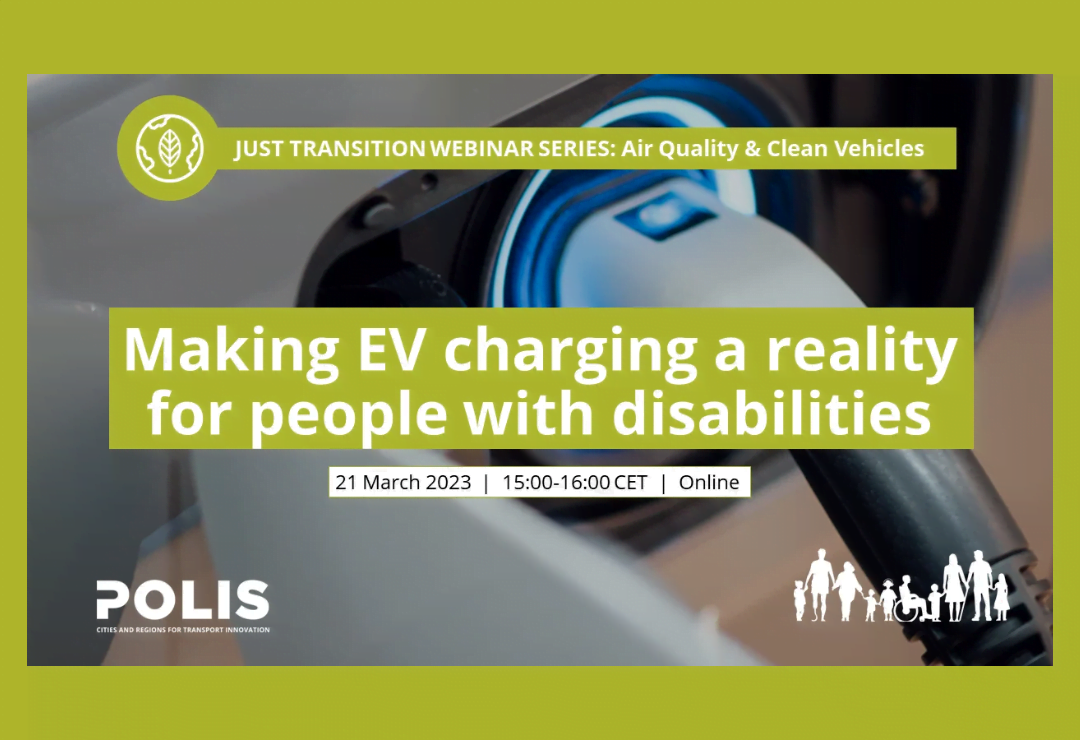
POLIS’ Just Transition Webinar explores EV charging for all

rEVolutionising passenger and freight transport: POLIS‘ working groups & projects explore

Transport leaders walk the talk at POLIS’ Leadership Summit
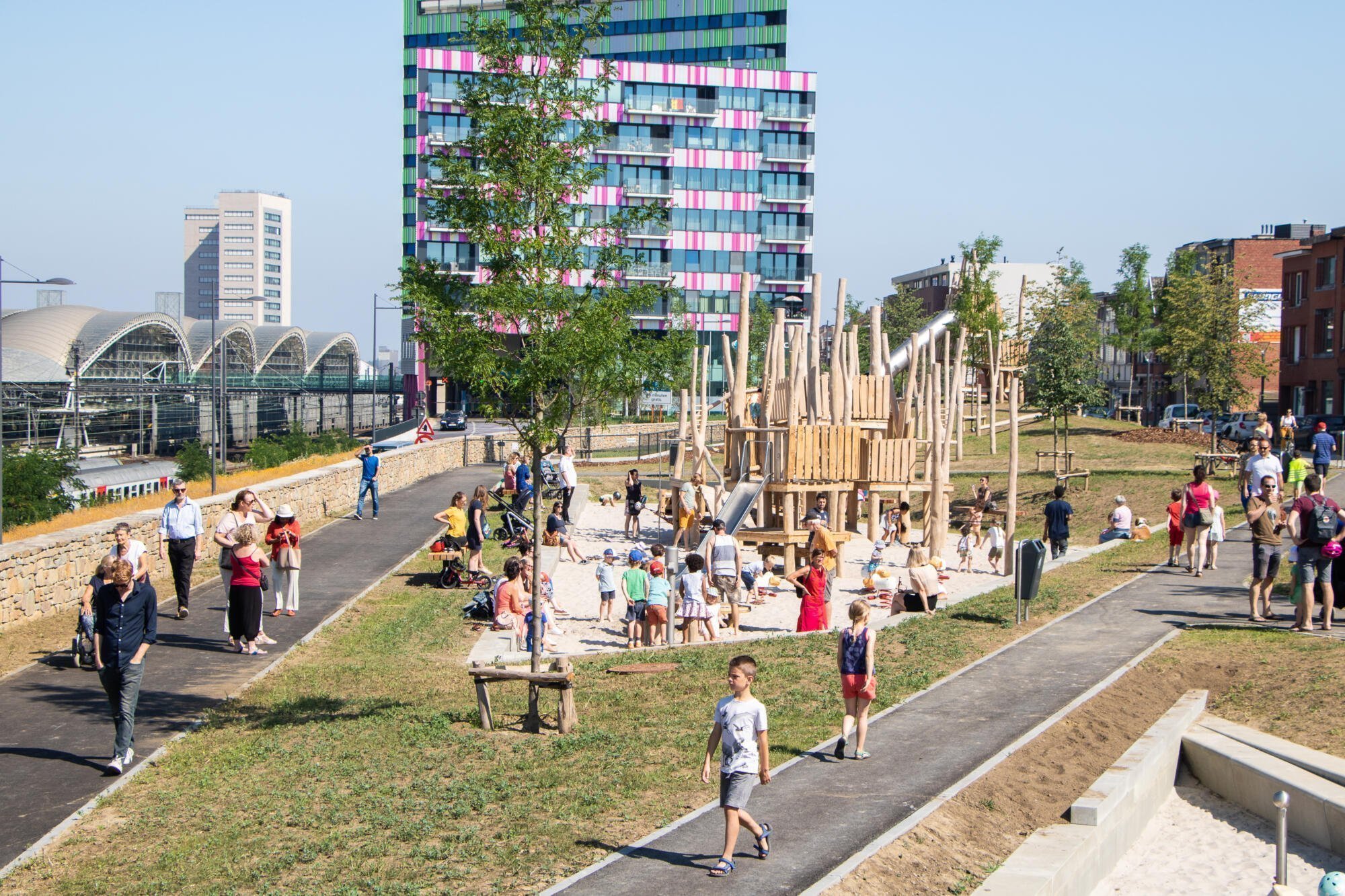
Leuven’s Park Belle-Vue wins the Public Space Award 2023
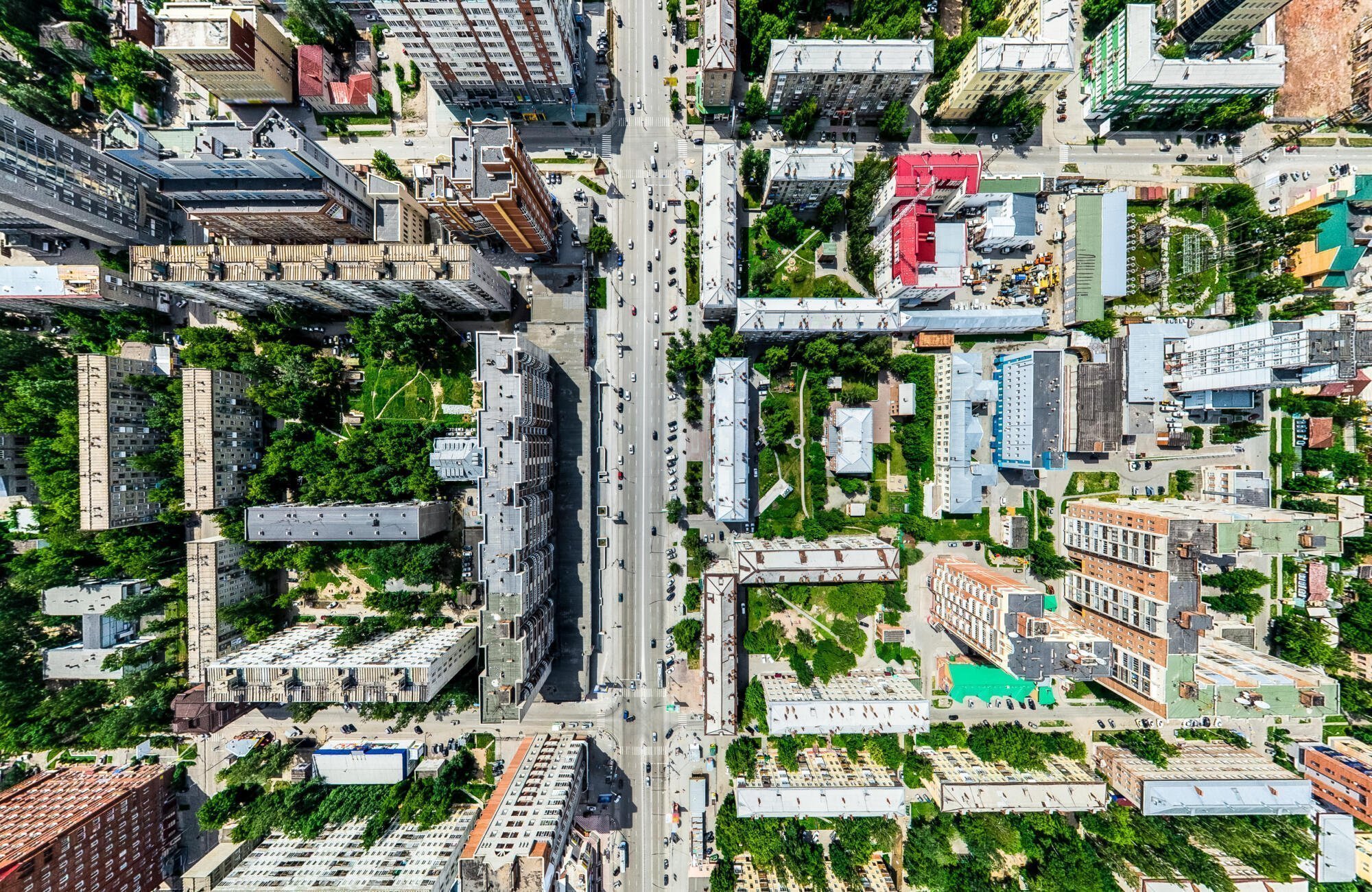
POLIS’ Working Groups: All you missed… and more!
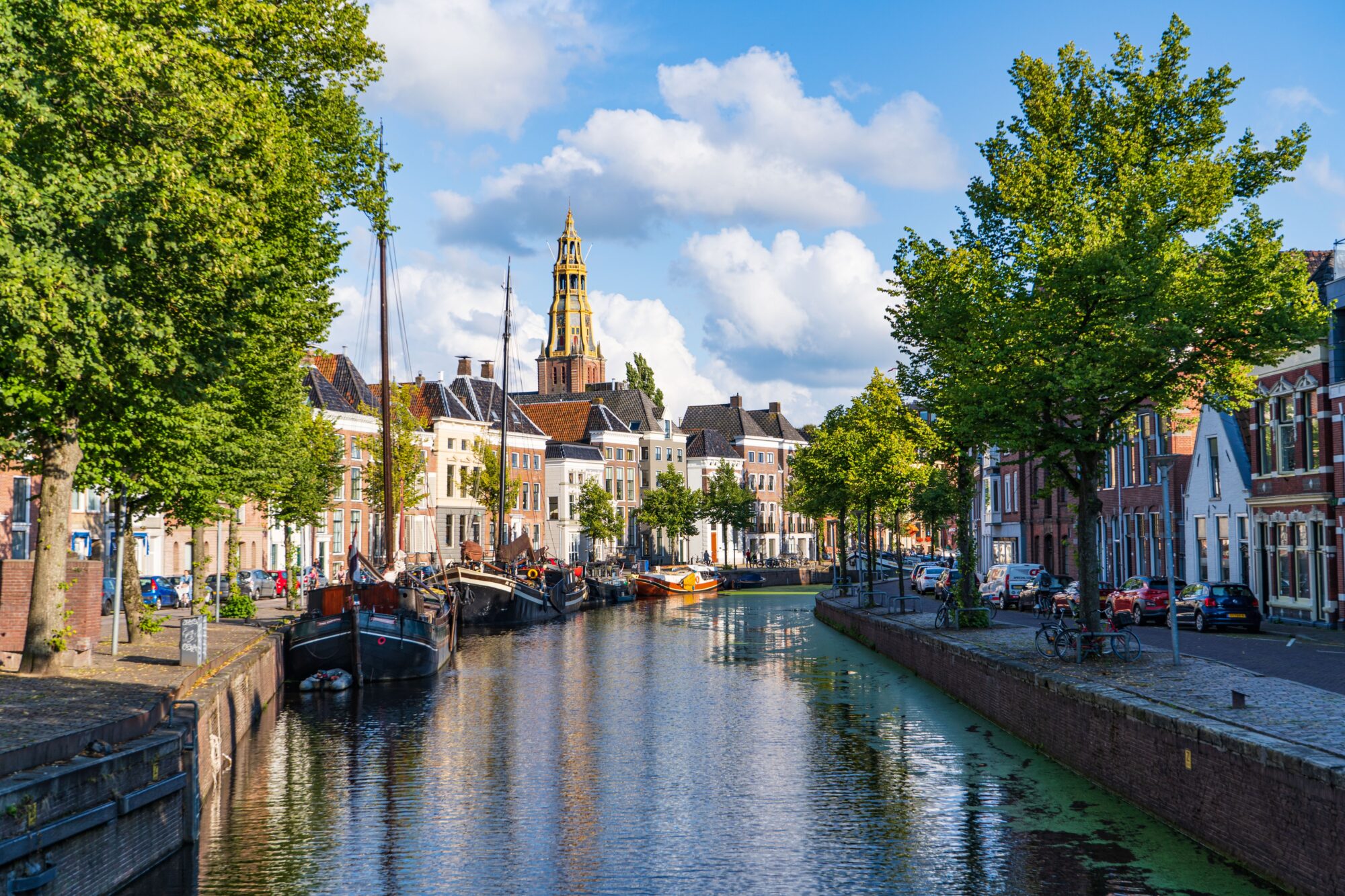
SMCs and Climate Neutrality: The what’s, why’s and how’s
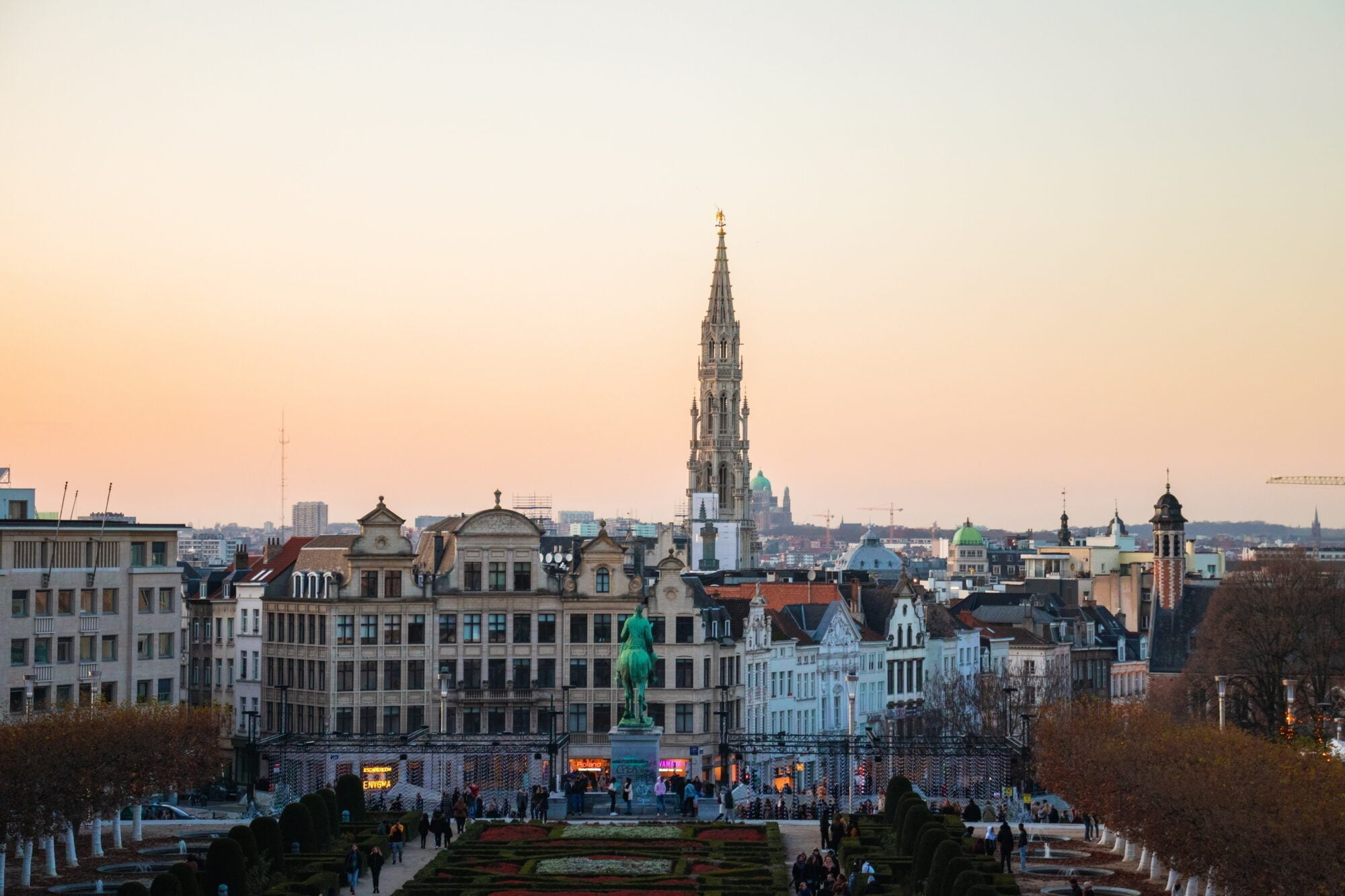
POLIS’ Brussels Bubble Band meets again

Answer EU survey on accessible and inclusive recharging infrastructure
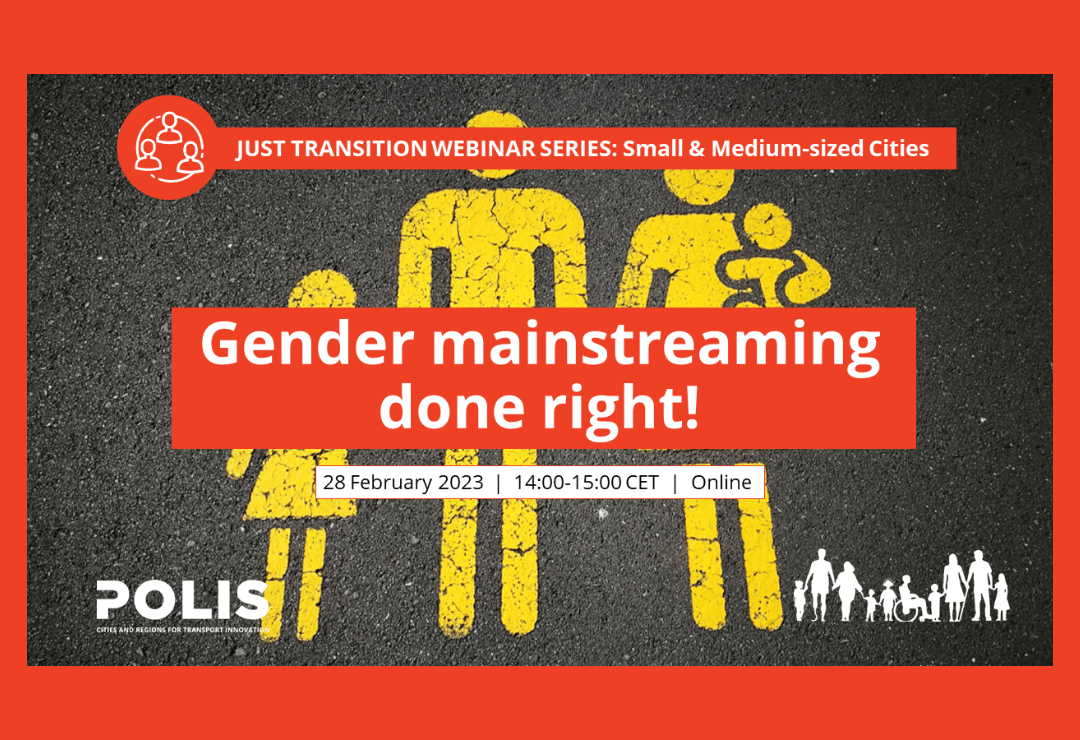
SMCs Just Transition Webinar: Gender equity comes in… small packages?
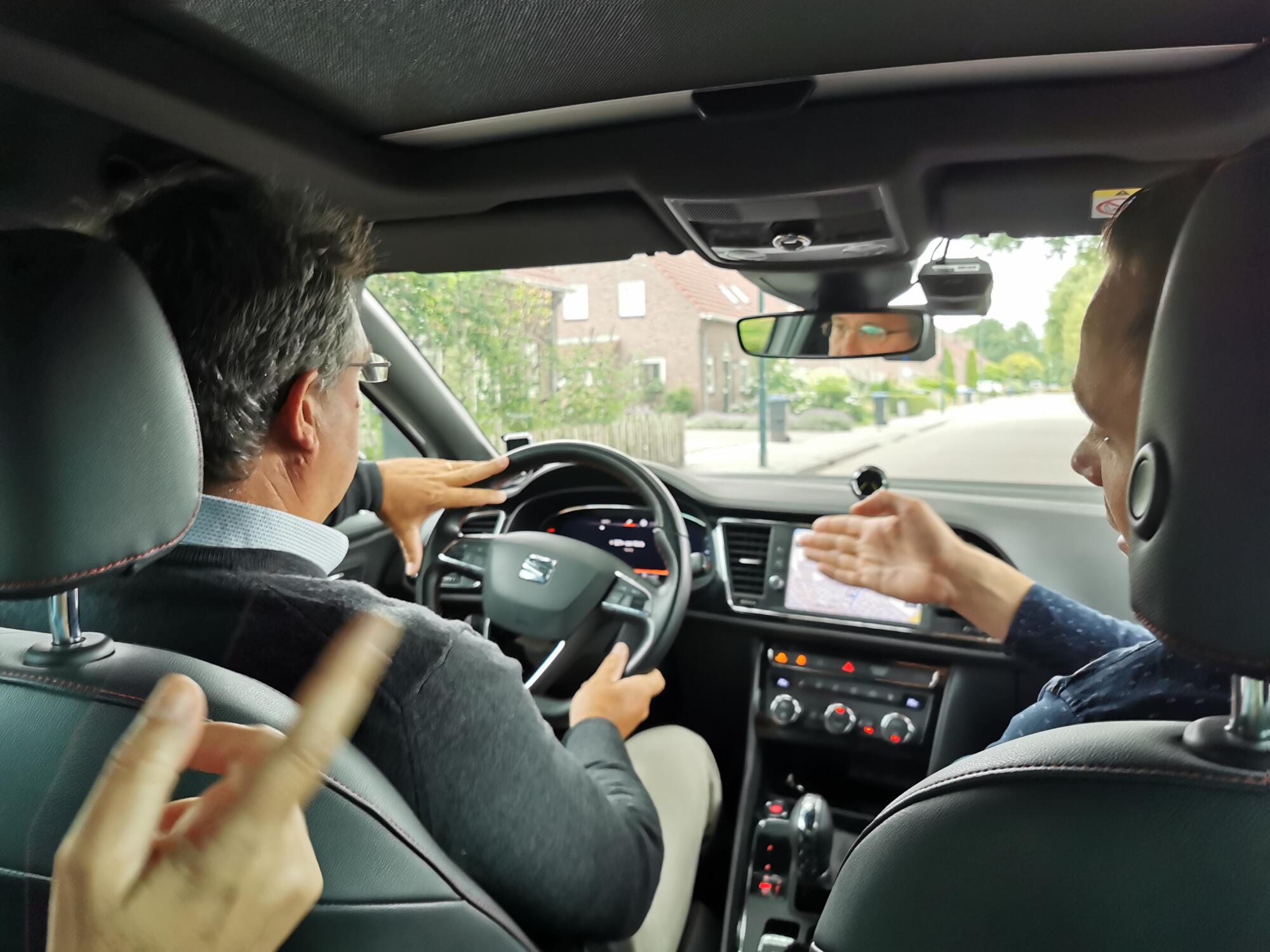
ISA-FIT launches market ready product
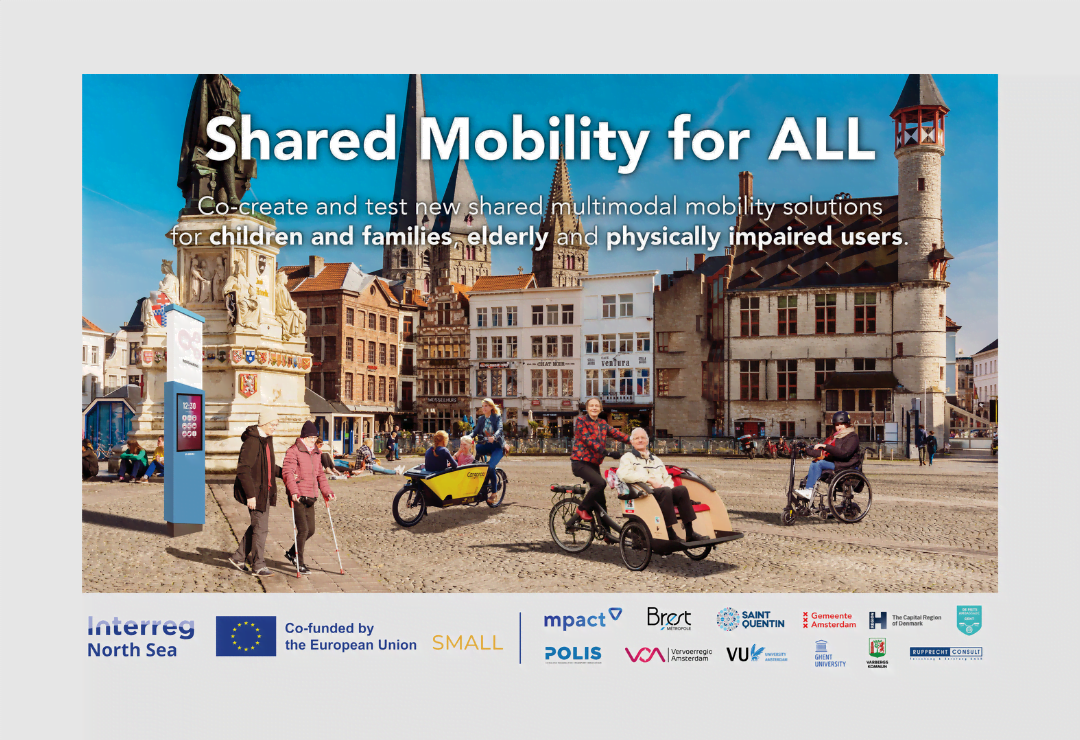
SMALL puts the focus on shared mobility for ALL
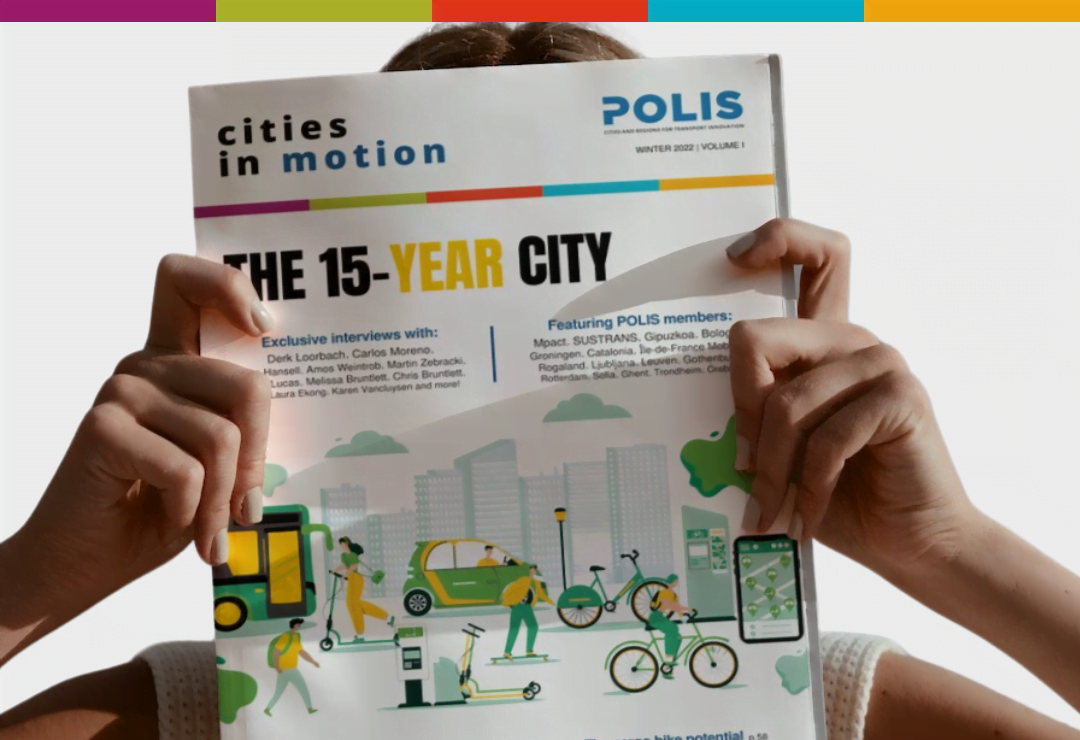
POLIS unveils its brand-new magazine ‘Cities in motion’!

Barcelona Port Authority wins the ESPO Award 2022!

Steps ahead! The future of Barcelona’s superblock

Brussels mandates all car parks to install charging stations in 2025

‘Mobility hubs, a lever for more sustainable mobility?’ MOBI-MIX investigates
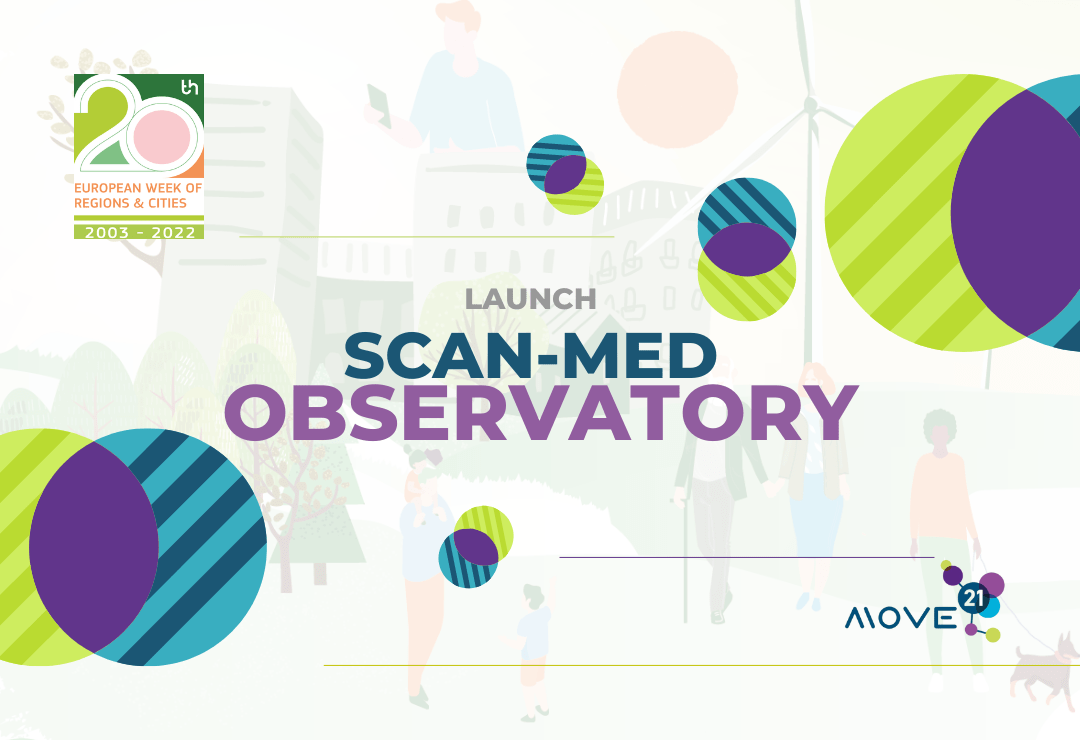
MOVE21 launches Scan-Med Observatory at the EU Week of Regions and Cities
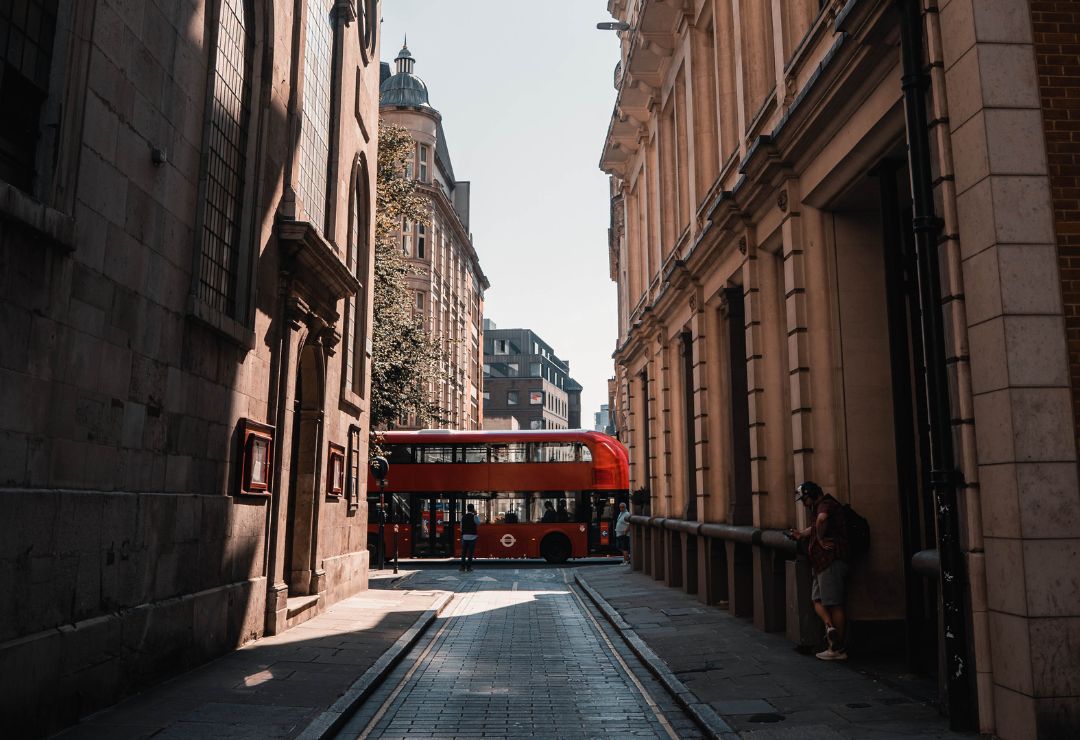
UWE Bristol and Sustrans tackle fair bus fares for youngsters

Disability Pride Month: How cities can become proud champions of accessibility
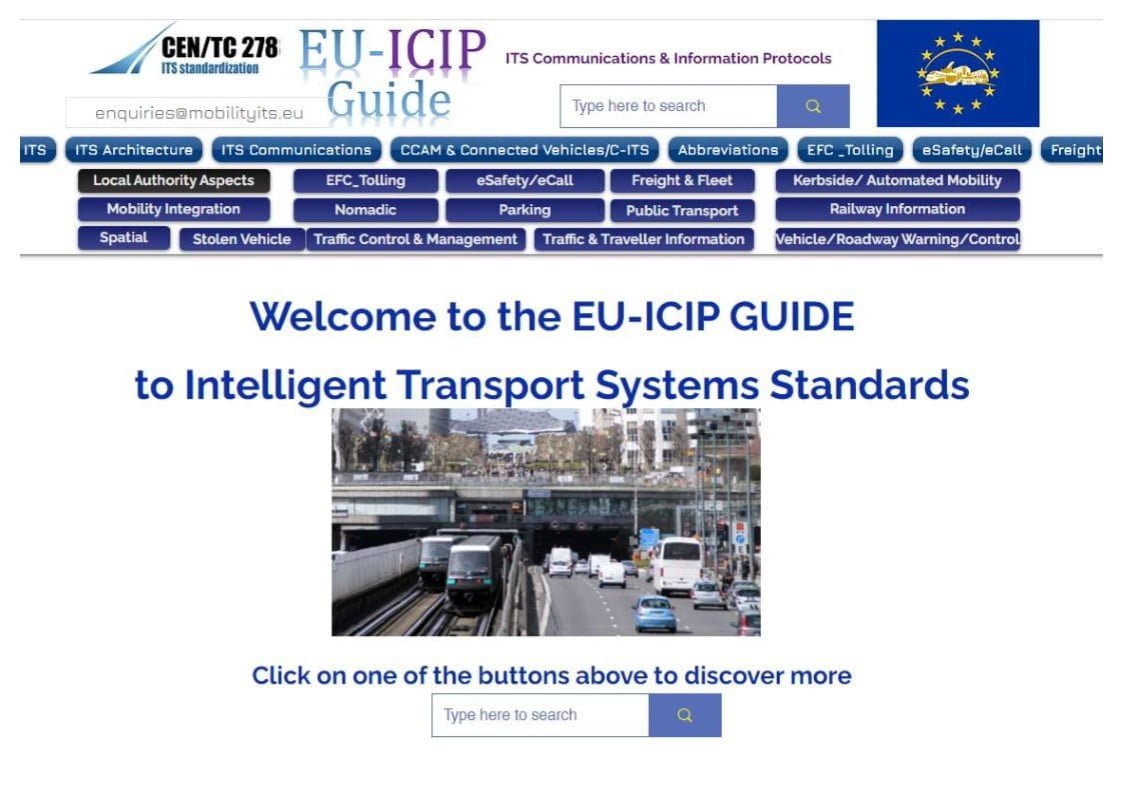
New guide to European and international ITS standards has been launched
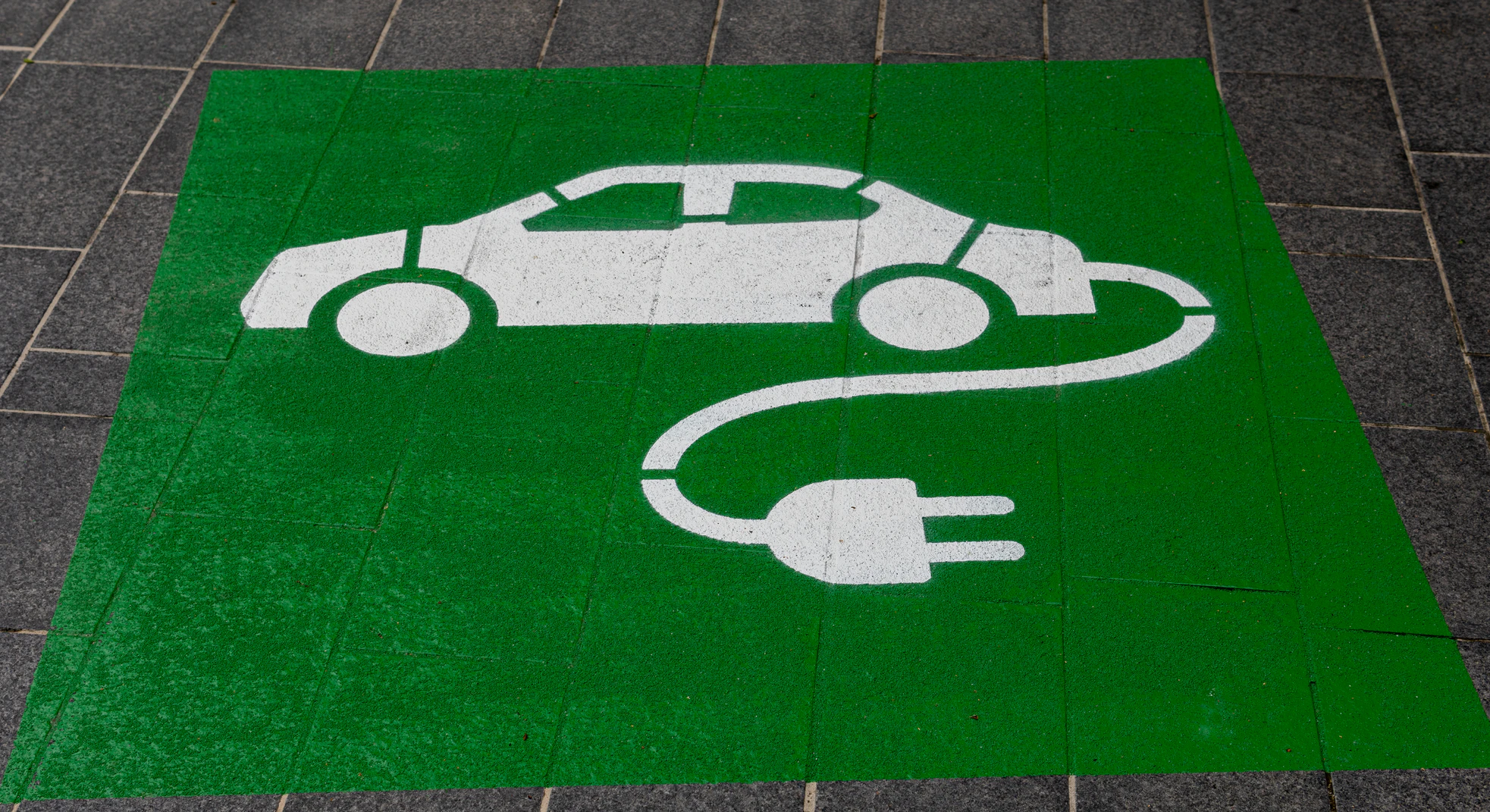
EIB releases contract guide for uptake of electric mobility

Registration for the Annual POLIS Conference 2022 is now open!
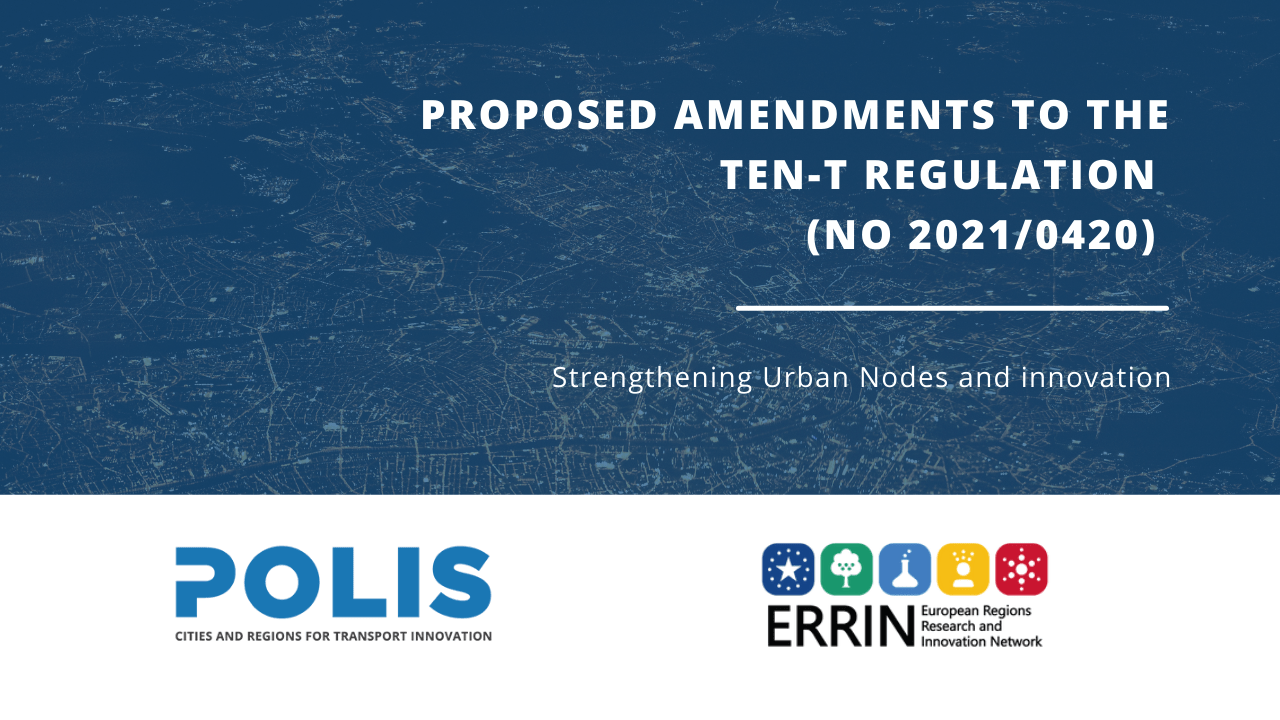
Concrete amendments to TEN-T legislation proposed
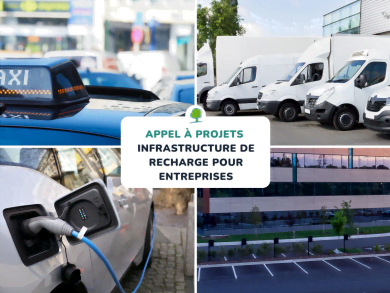
Brussels helps car park owners install charging terminals
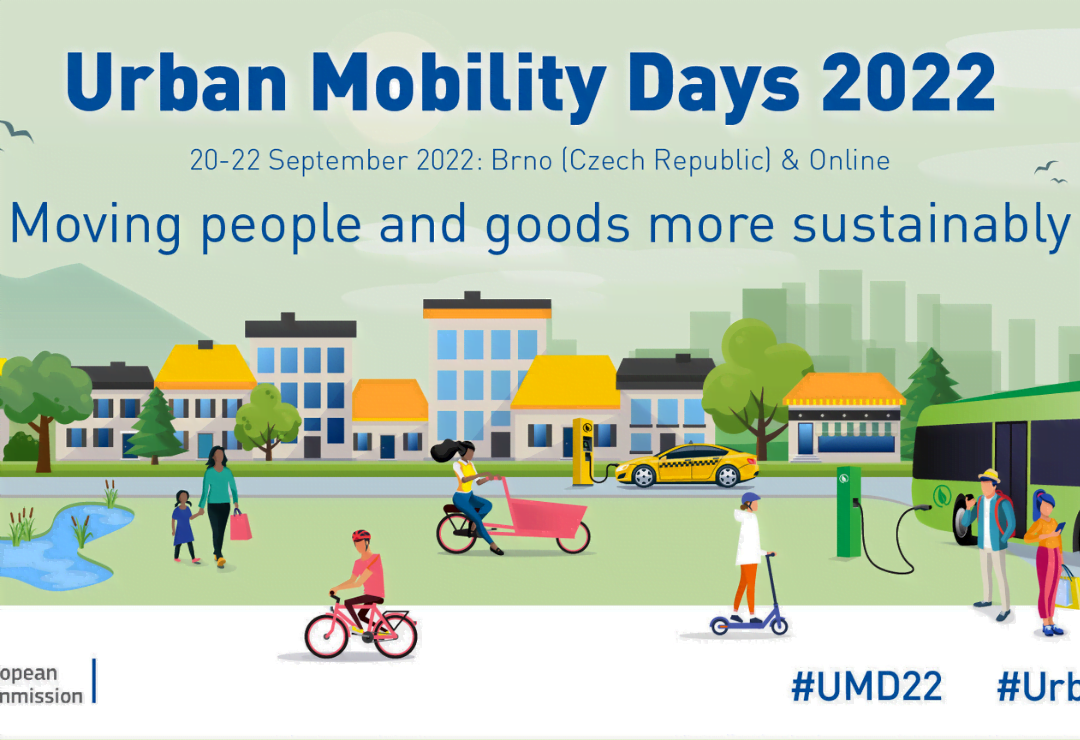
Registrations for Urban Mobility Days 2022 are now open
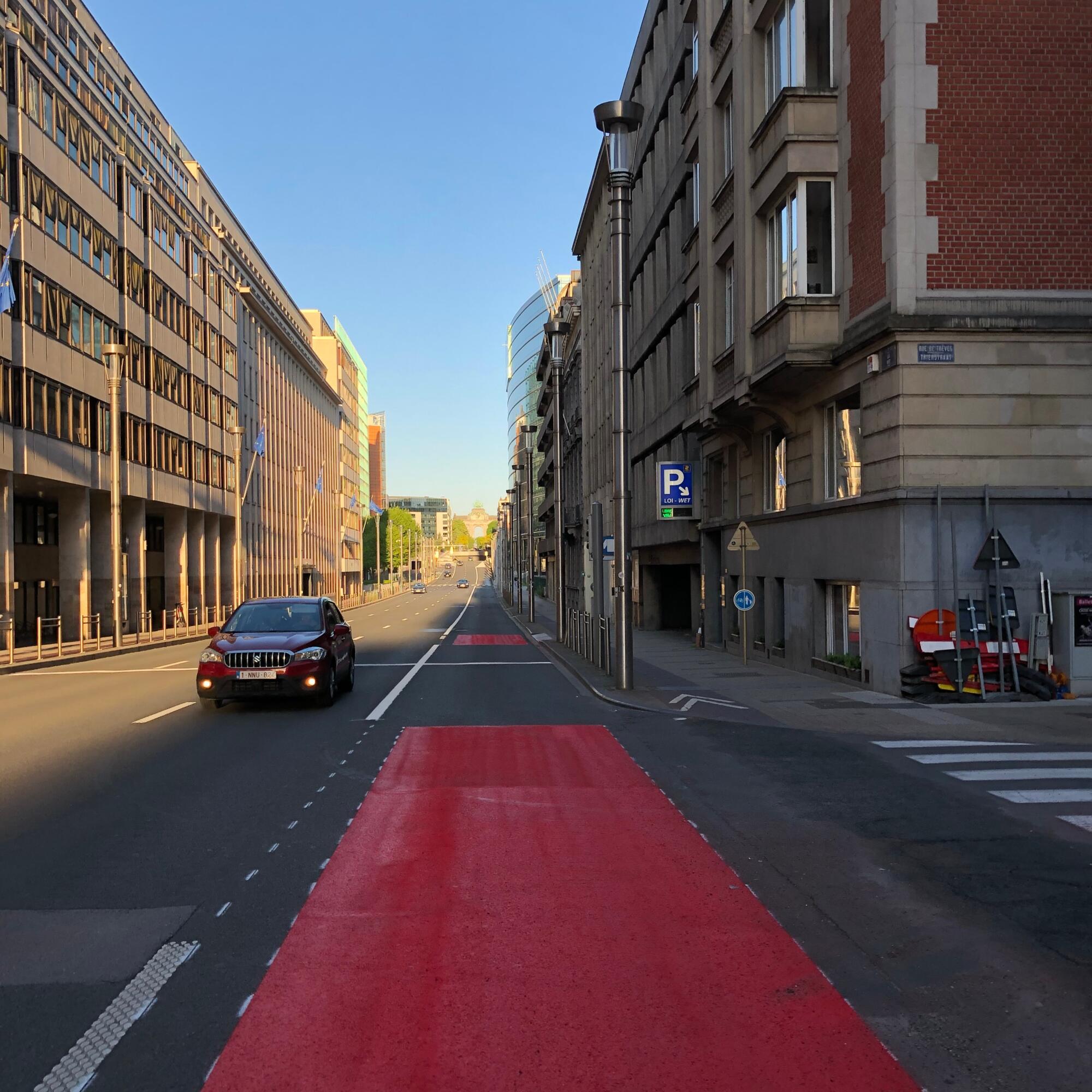
Brussels adapts legislation to ease building light bike lanes

Save the date for the Urban Mobility Days 2022!

Eurovelo 5 now fully signposted on Brussels territory
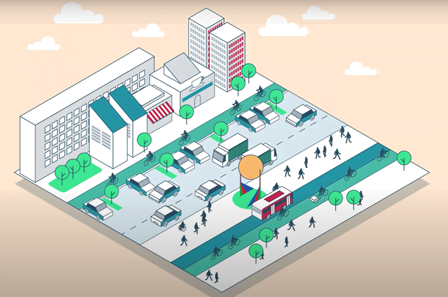
MORE project releases a video featuring MORE project goals for street space redesign and urban space reallocation
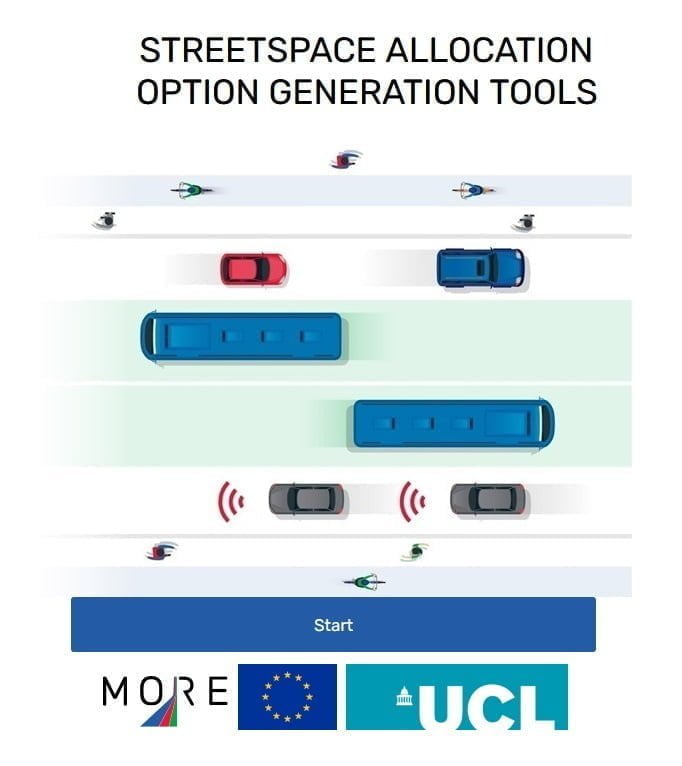
Get to know the MORE project tools for street space redesign and urban space reallocation!

SAVE THE DATE for the Annual POLIS Conference 2022

POLIS’ Working Groups: what is on the agenda?
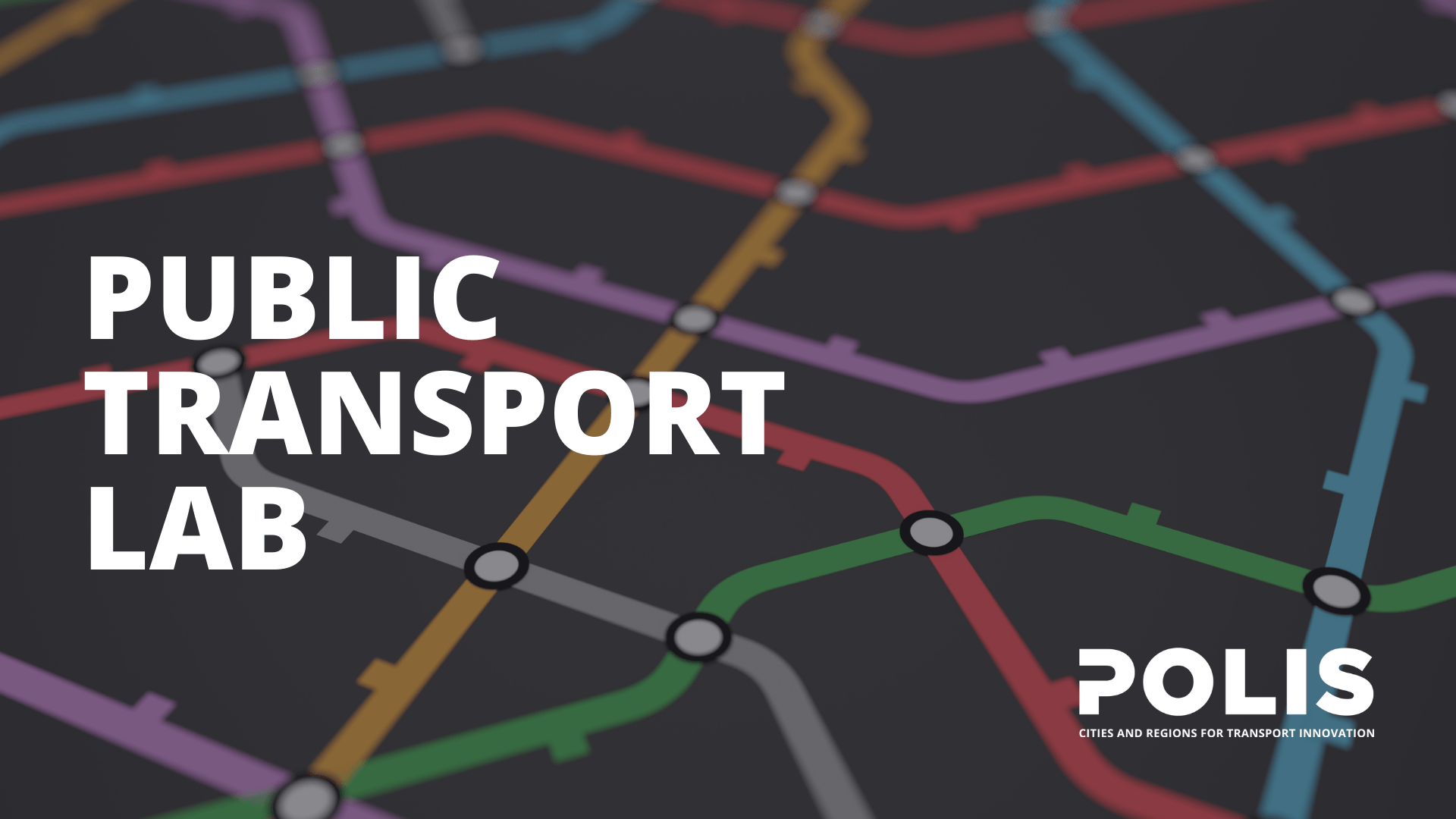
POLIS’ Public Transport Lab ends, but the dialogue continues
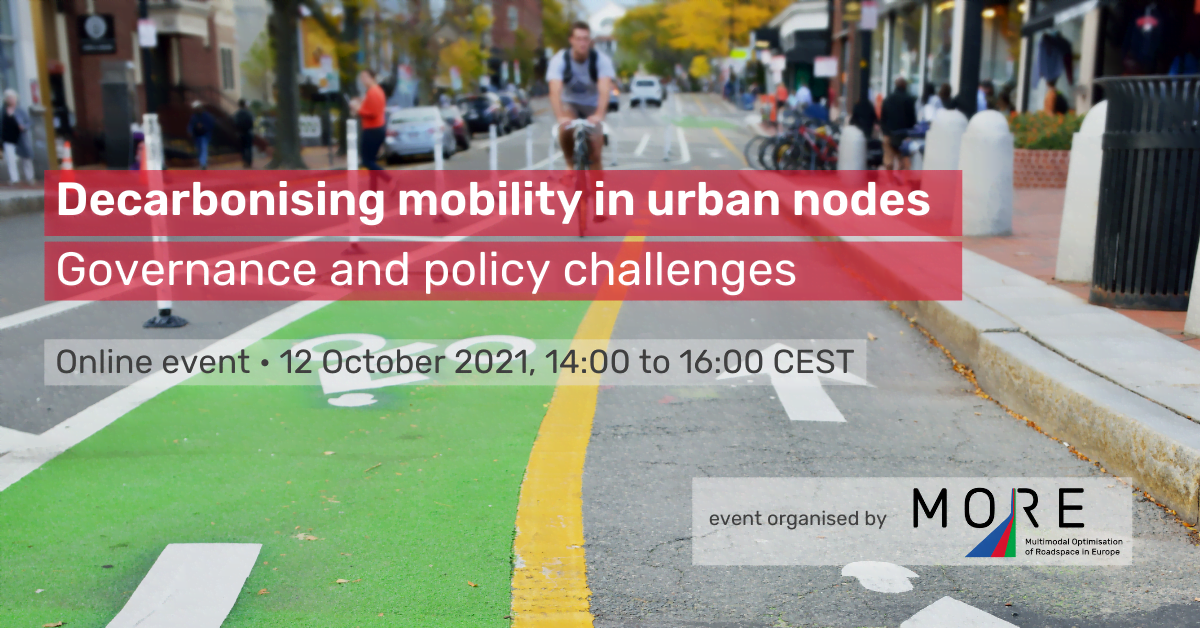
Malmö, Copenhagen and Hamburg discuss decarbonisation in urban nodes at MORE online event
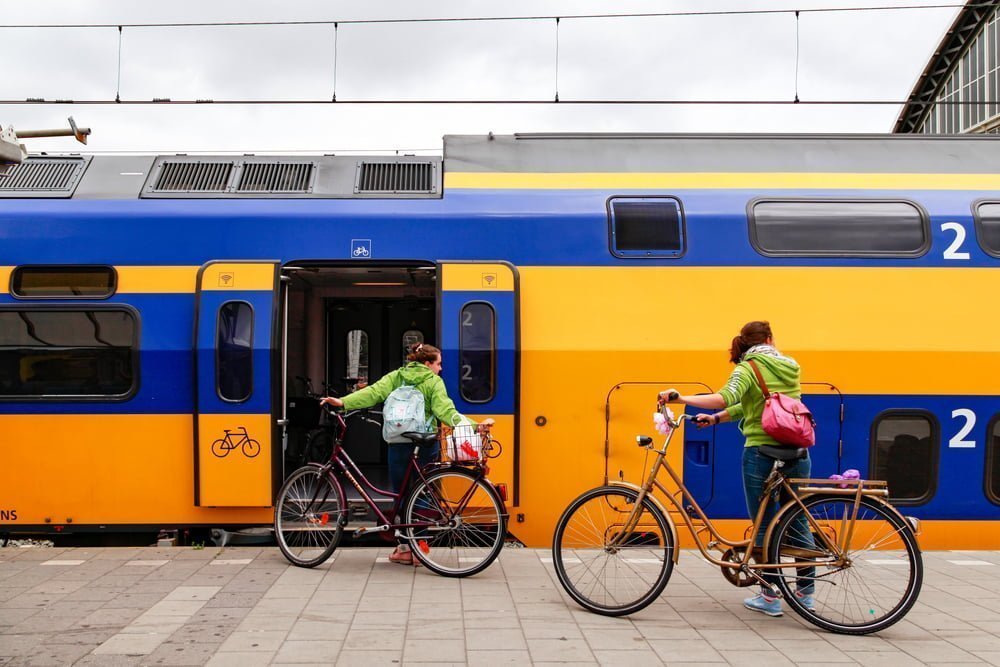
There is an urban and regional side to the European Year of Rail story
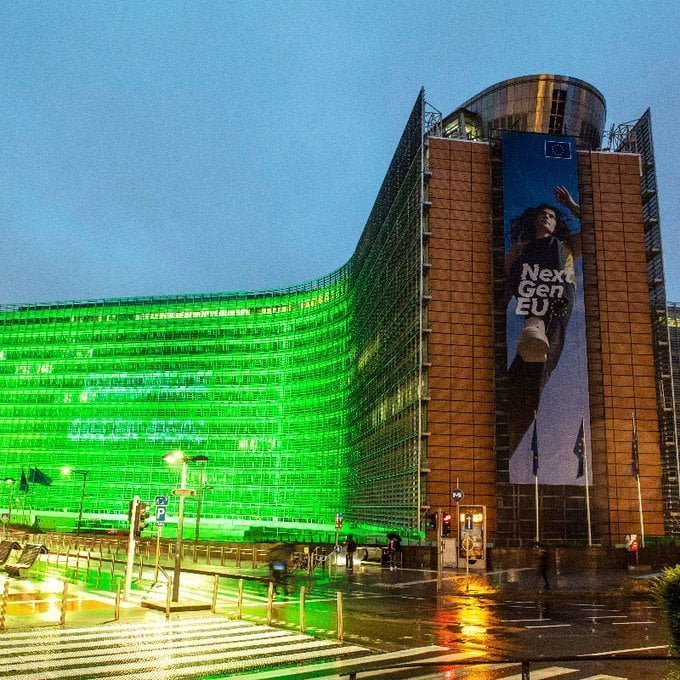
Fit for 55 package: What does it mean for local and regional authorities?
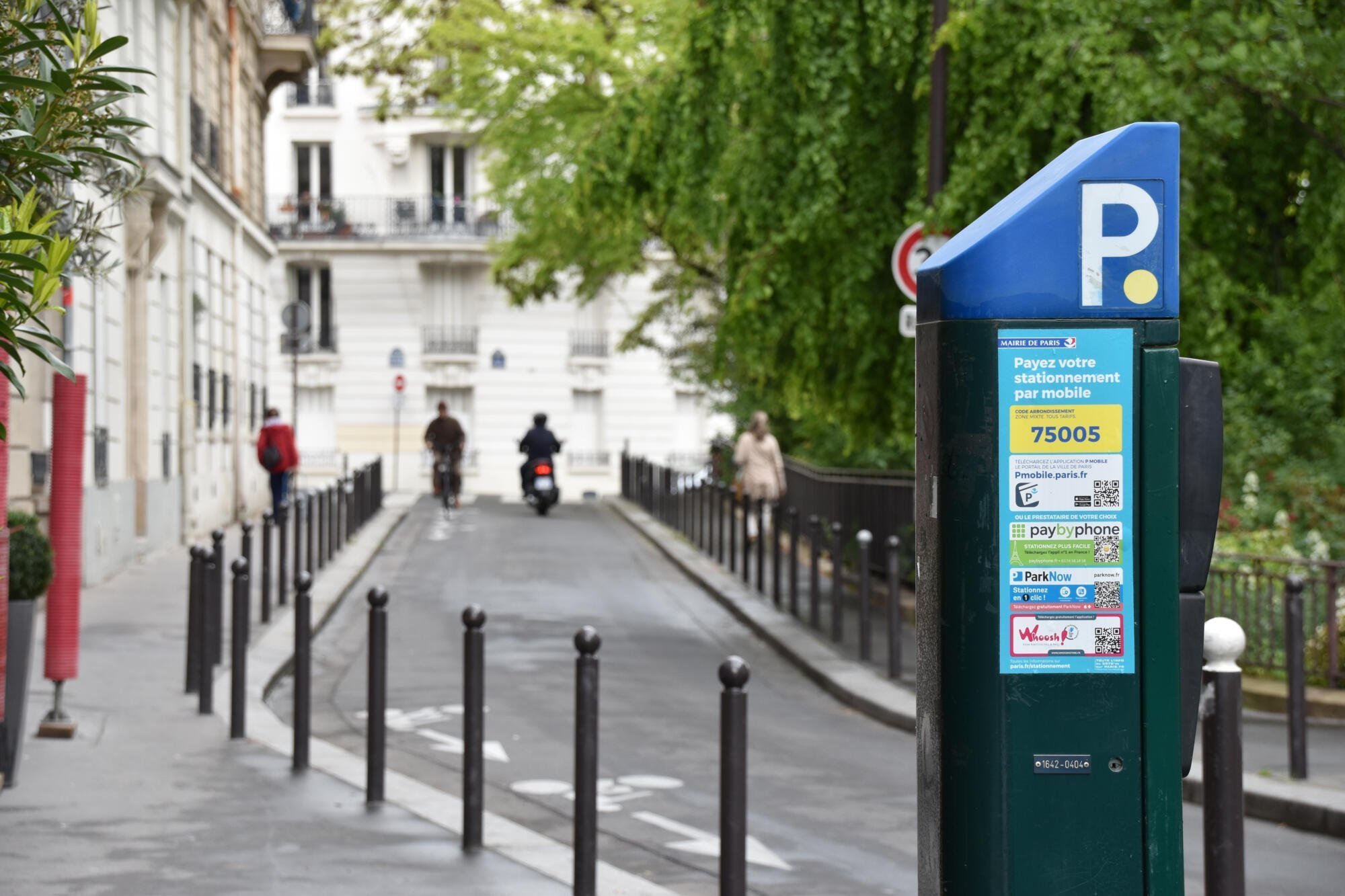
Paris is radically changing parking management

Promoting soft mobility in the Mediterranean: Policy Brief now available!
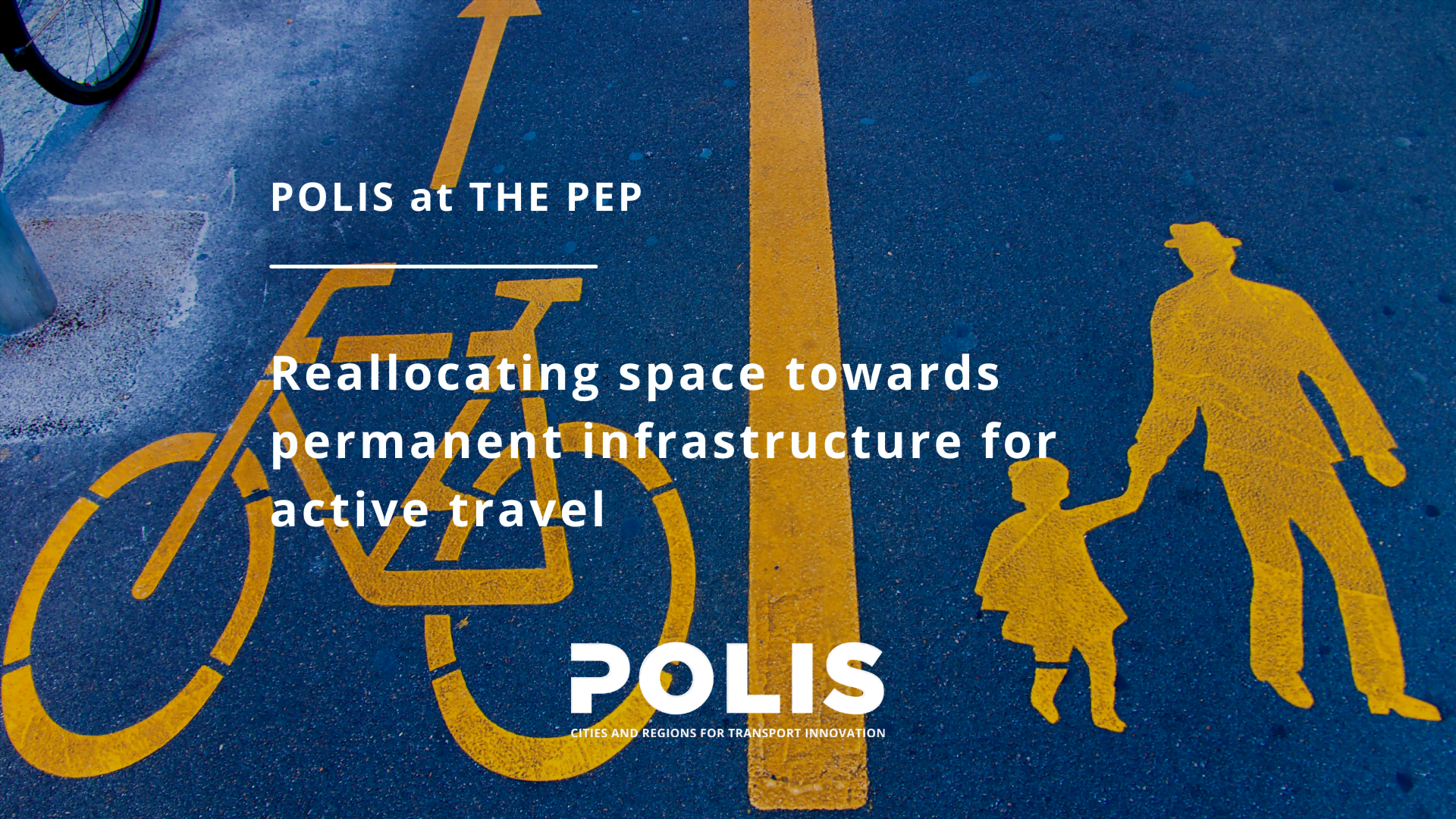
THE PEP: Reallocating space for active travel

Call for Interest: Curbside Management Services Providers

Making zero-emission road freight a reality
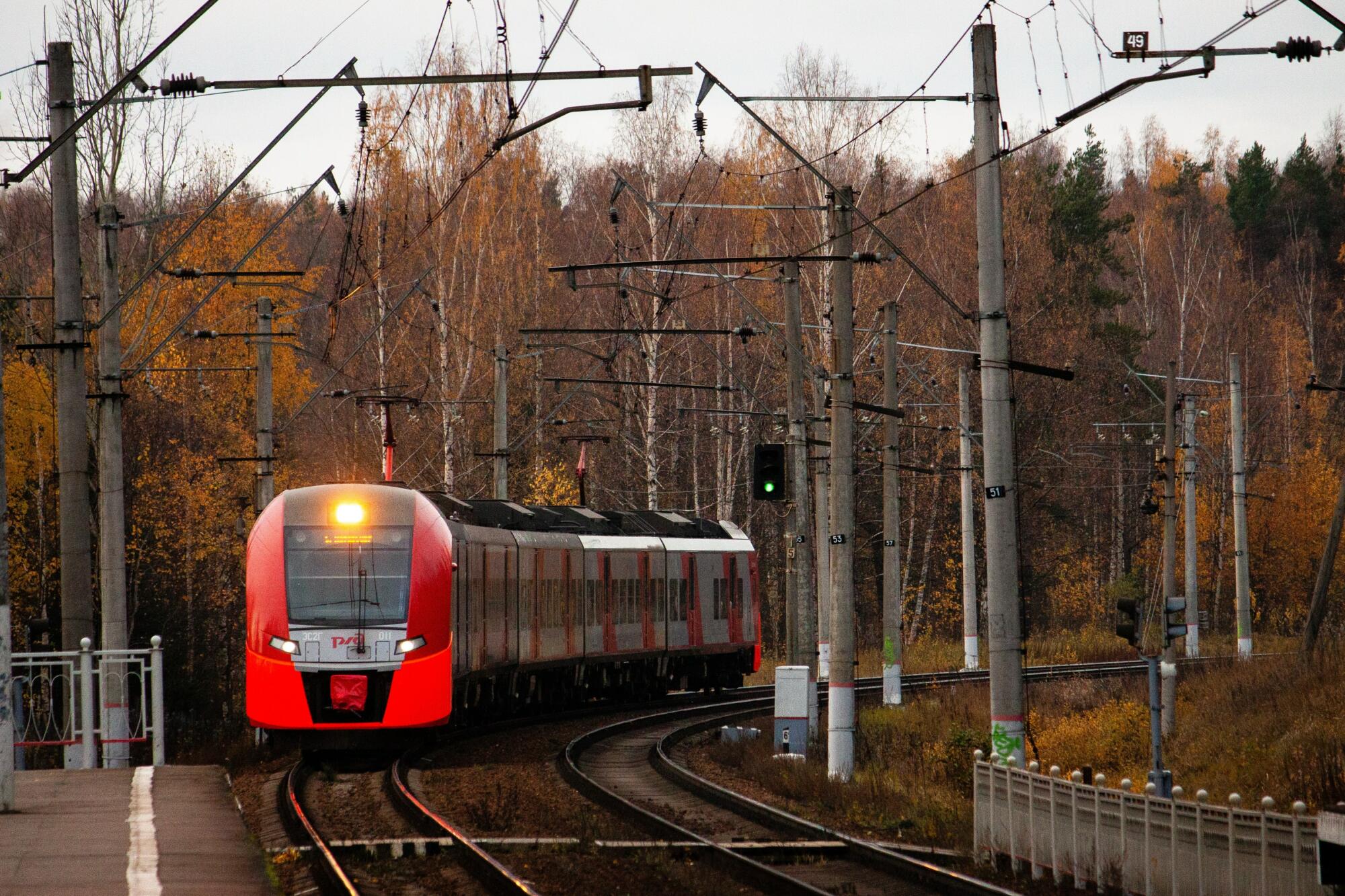
EU Commission calls for feedback on TEN-T guidelines
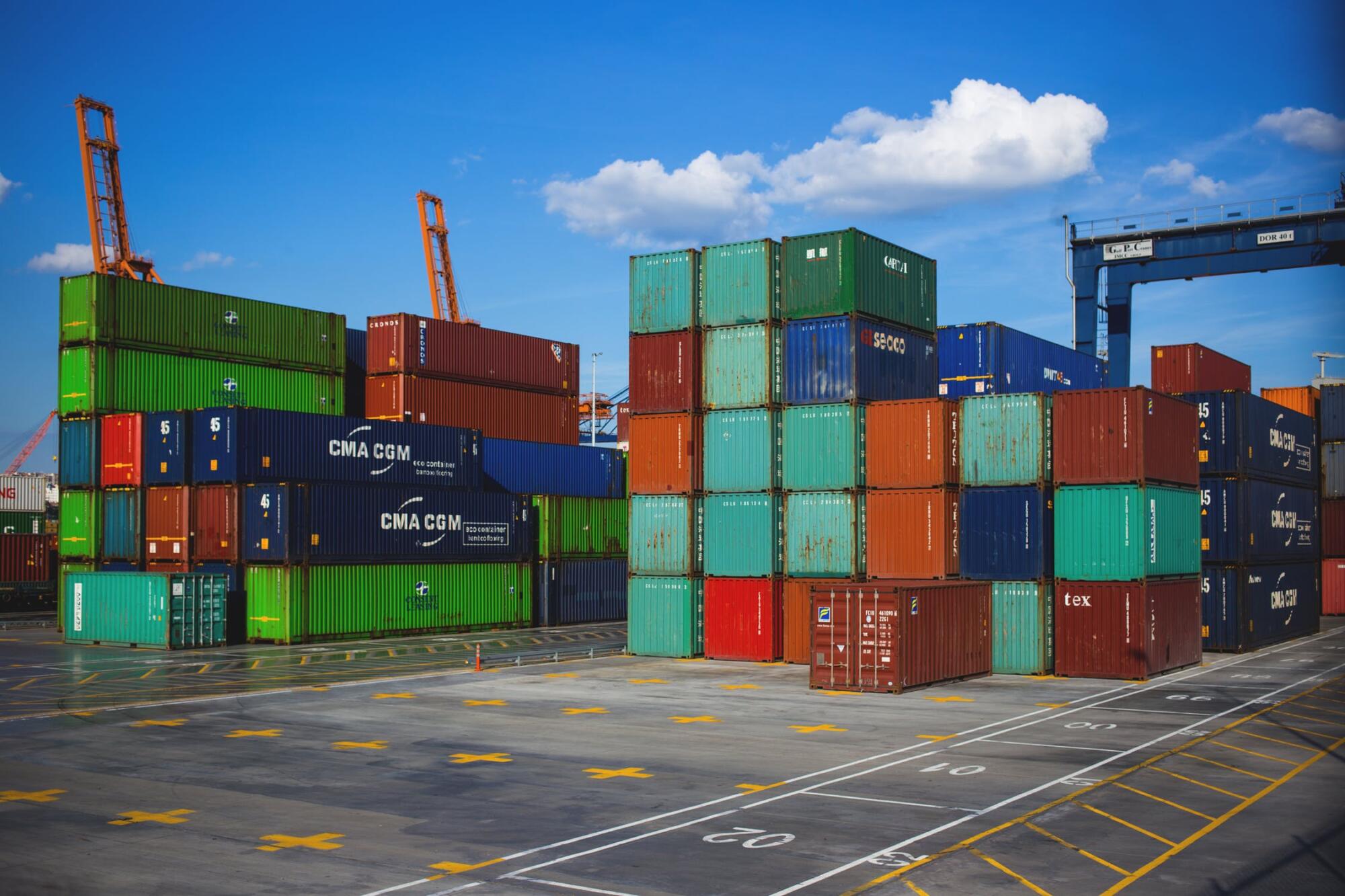
Get to know the new We-Transform project!
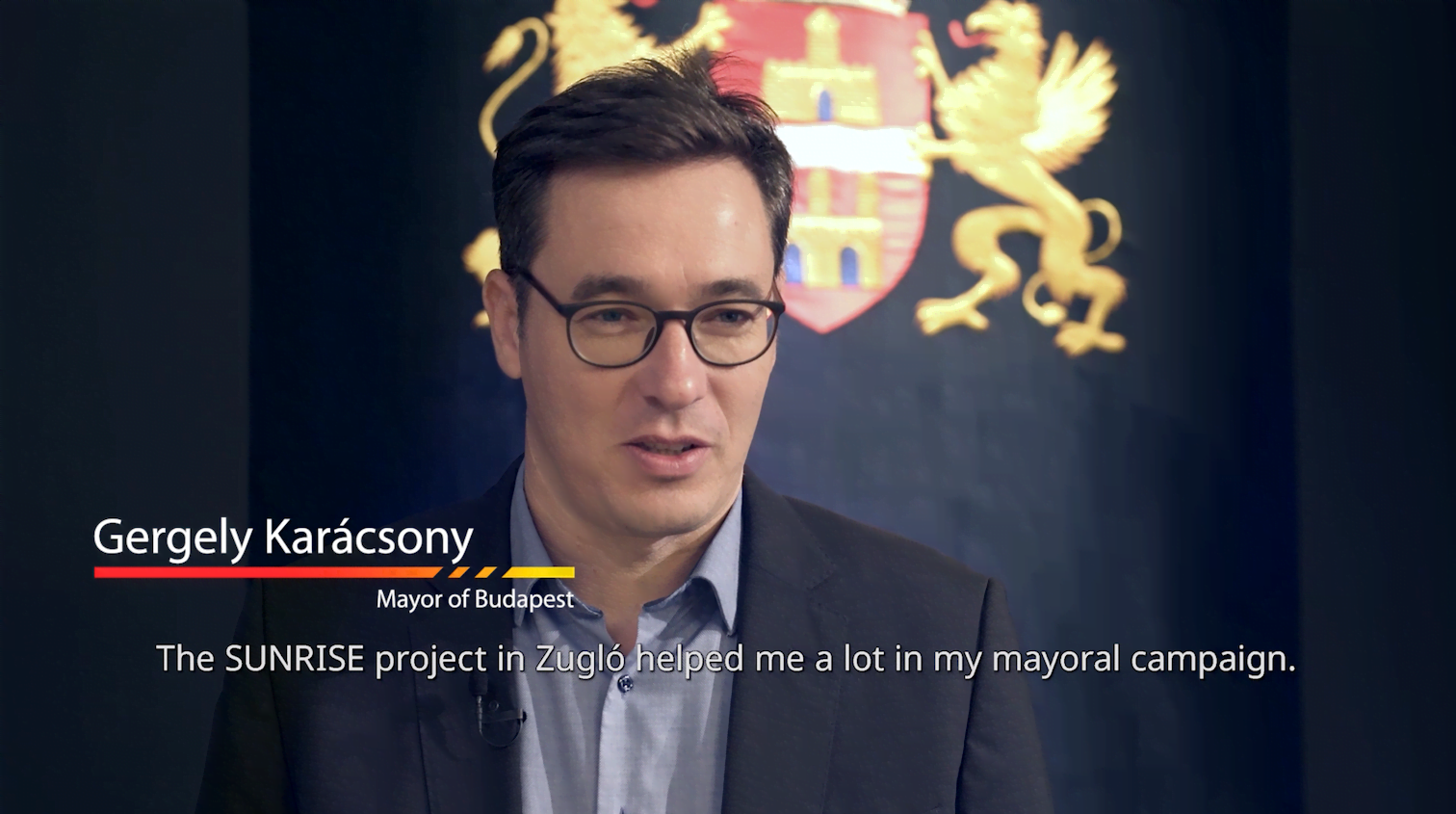
A neighbourhood in Budapest co-creates mobility solutions with its citizens
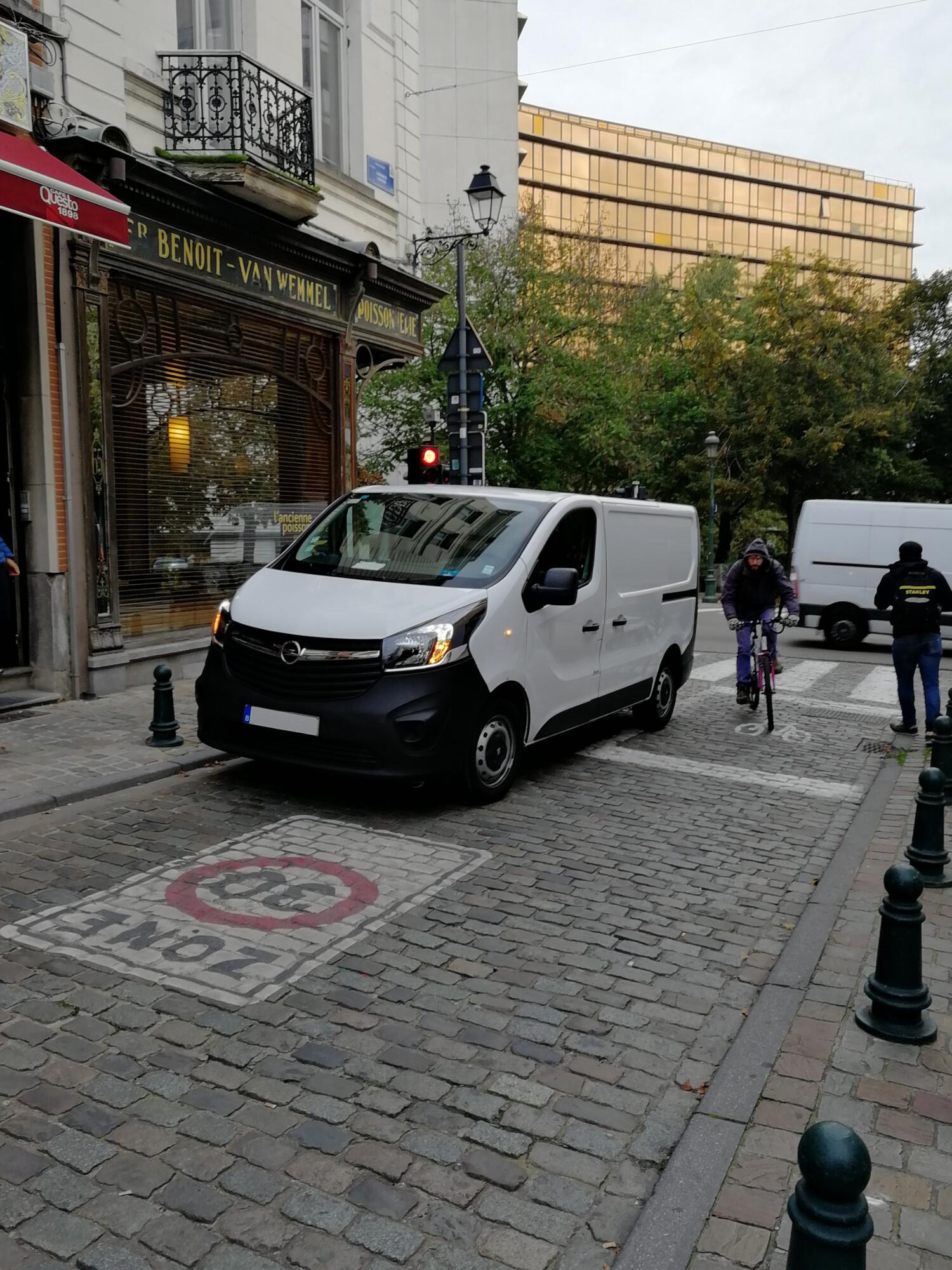
Flexible access & space management working session – presentations & recordings
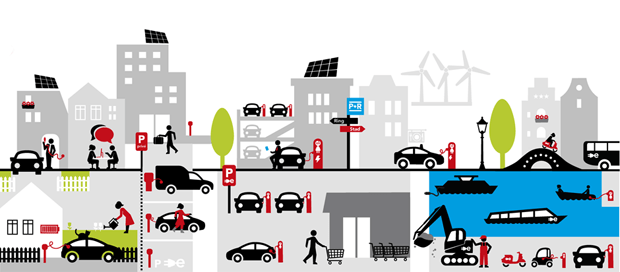
Amsterdam rolls out electric charging strategy

POLIS signs letter calling for improvements in walking, cycling and public transport
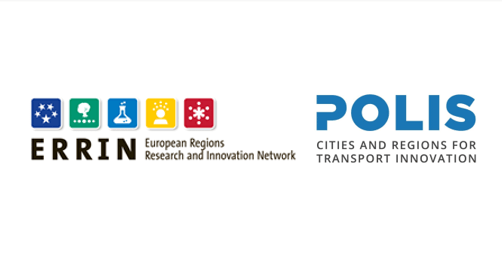
POLIS and ERRIN present recommendations for TEN-T

Large-scale survey on curb side management for passenger and freight

Join us at Autonomy’s Get Our Cities Moving programme
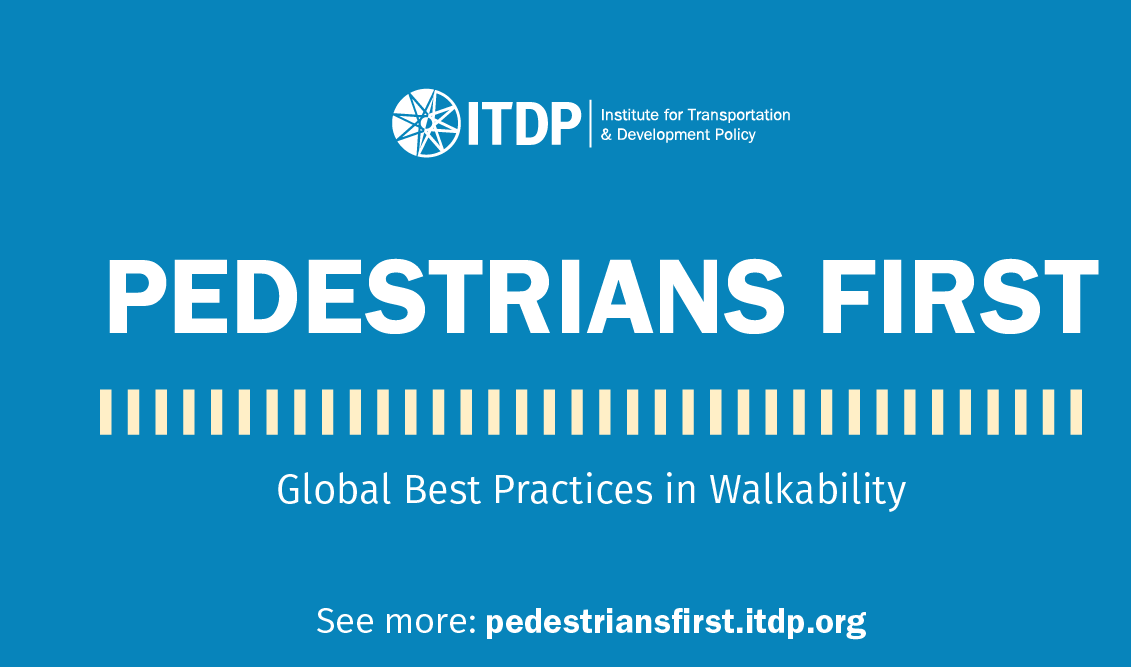
ITDP Tool provides Global Analysis of Walkability
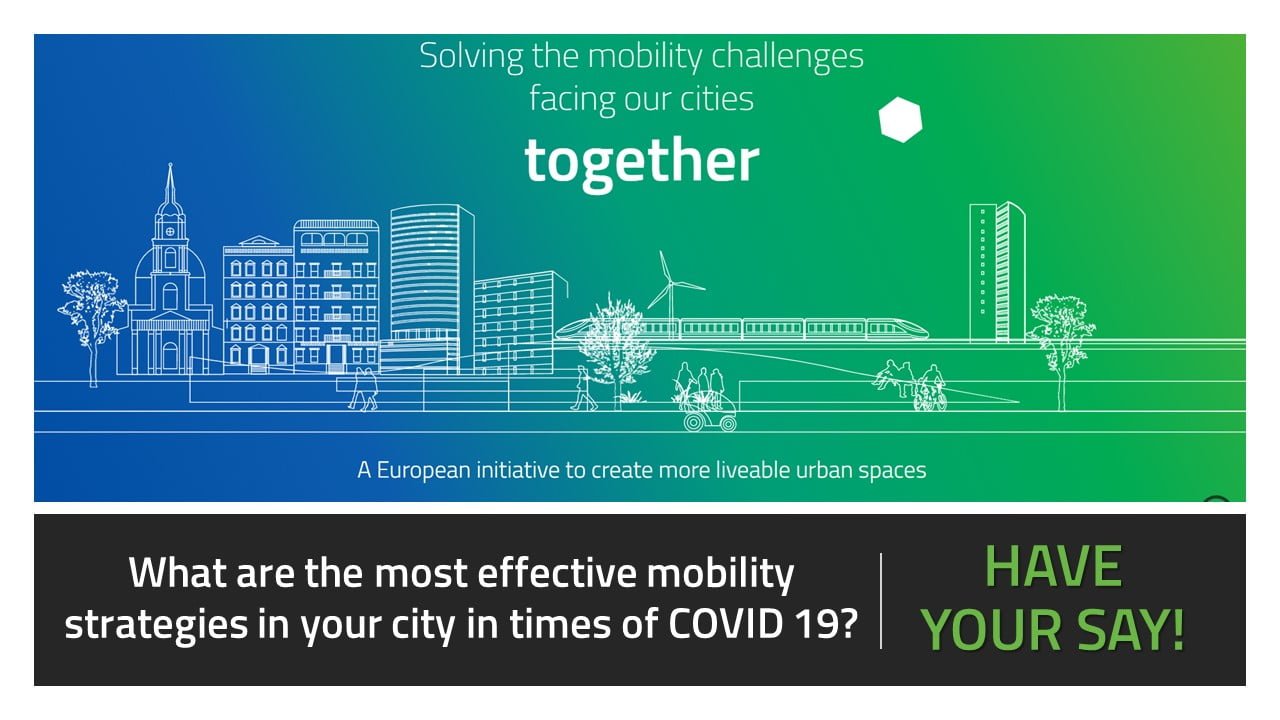
EIT Urban Mobility survey on effects of the pandemic on urban mobility systems
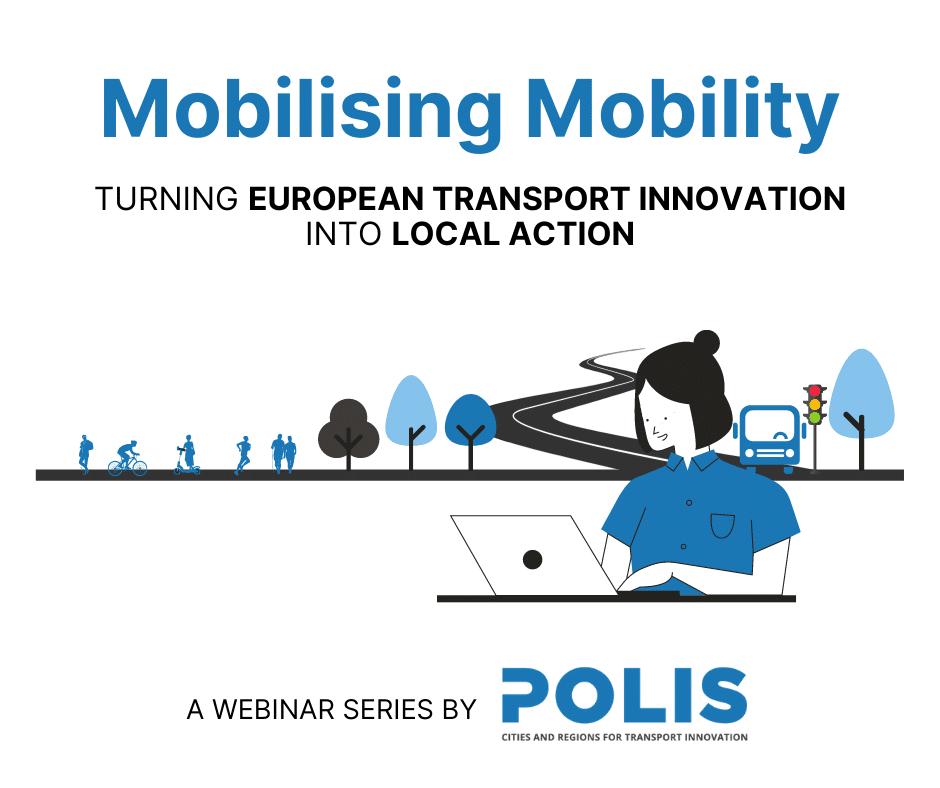
Mobilising Mobility Webinar Series: October

Second Survey for DG MOVE study on Real Time Traffic Information
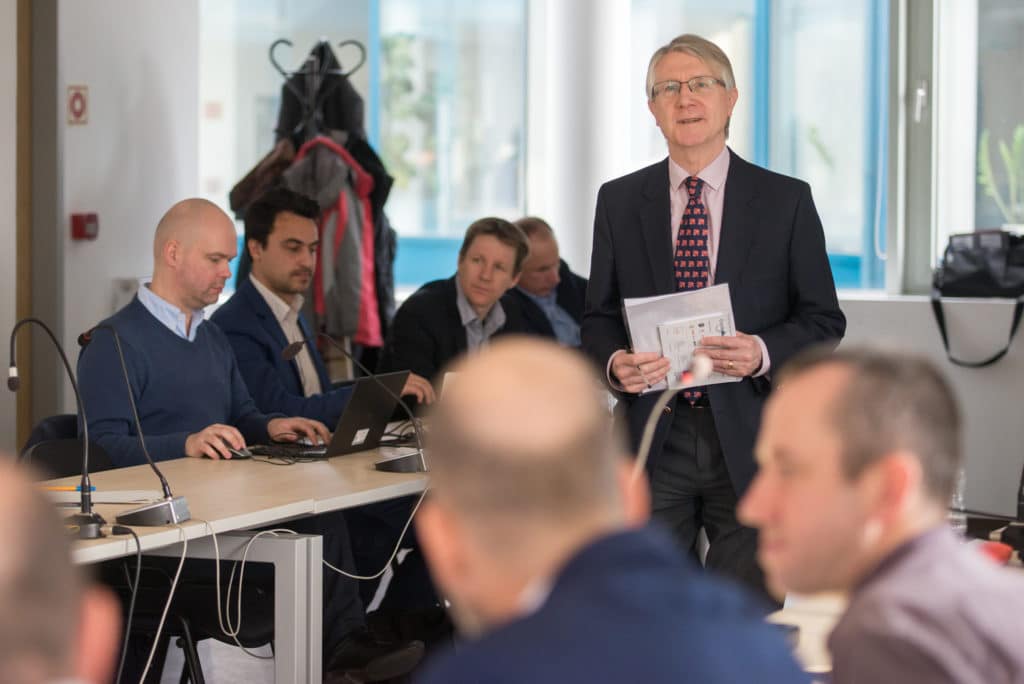
Second MORE TEN-T Corridor Workshop takes place in Budapest
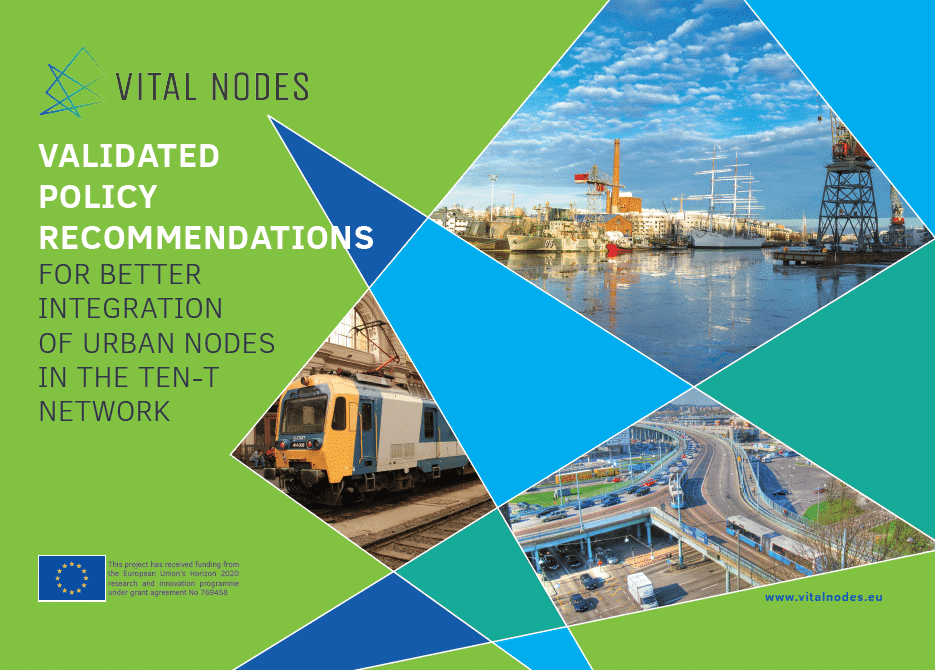
How to integrate urban nodes in the TEN-T corridors?
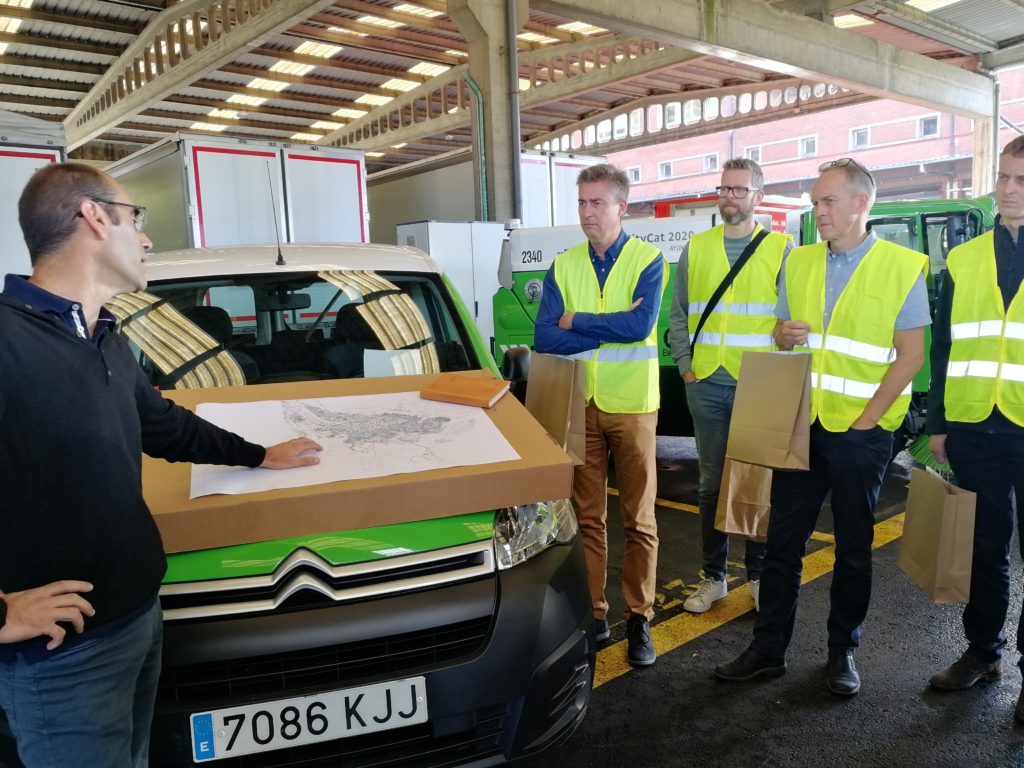
ASSURED workshop on the deployment of e-trucks in urban areas

Join the MORE Exchange Forum and contribute to design better road space
A successful INCLUSION mid-term dissemination event in Groningen (The Netherlands)
Results of the e-survey on users’ travel behaviour within the European project ISAAC

Urban Nodes Forum – presentations and pictures now available!

Upcoming Polis Working Group meetings in 2019
Five weeks left to apply for the European Green Capital and Green Leaf Awards!
Draft programme of 2018 Polis Conference released
Vital Nodes at the TEN-T Days
Urban Nodes Workshop in Vienna
CIMEC cities perspective on C-ITS: publication available in English, Spanish, German
Registration is open for the Decongesting Europe Conference
Île-de-France Mobilités receives Thinking Cities Award
New European network vitalises Europe’s 88 urban nodes
Successful Joint CoEXist / MAVEN / TransAID workshop on the implications of vehicle automation for city and regional authorities
2017 Polis Conference: Programme launched and registrations open!
- Related Events
- Related Documents
- Related Projects

POLIS Leadership Summit: Prague
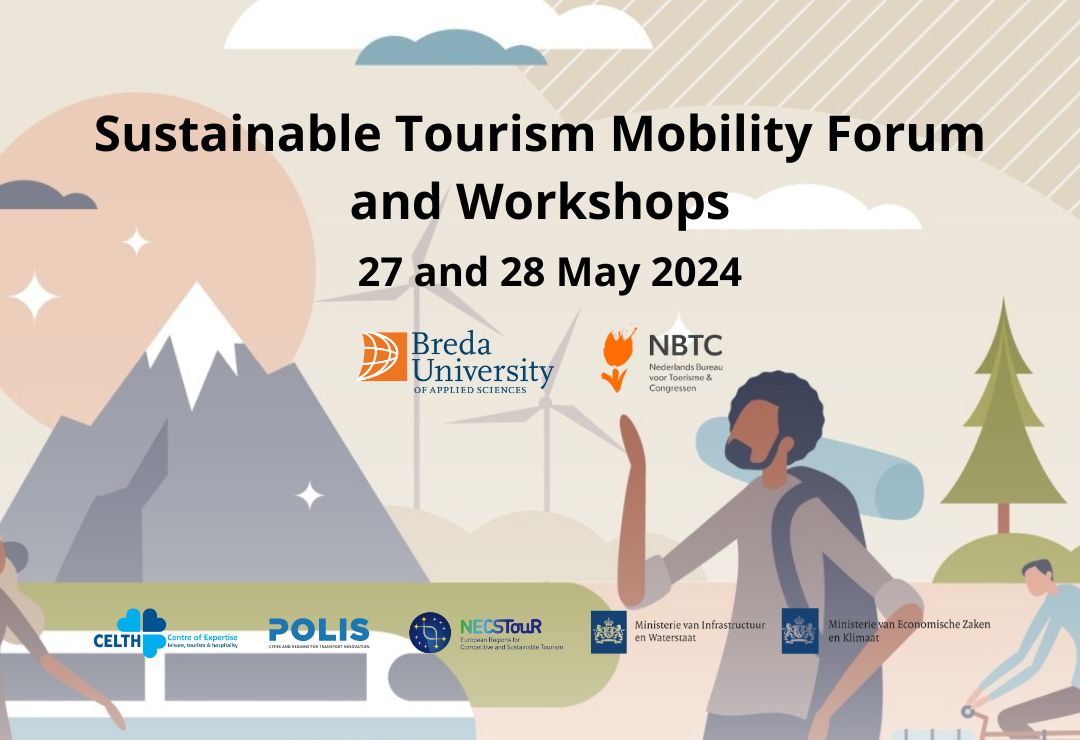
Sustainable Tourism Mobility Forum and Workshops

6th European Mobility Days
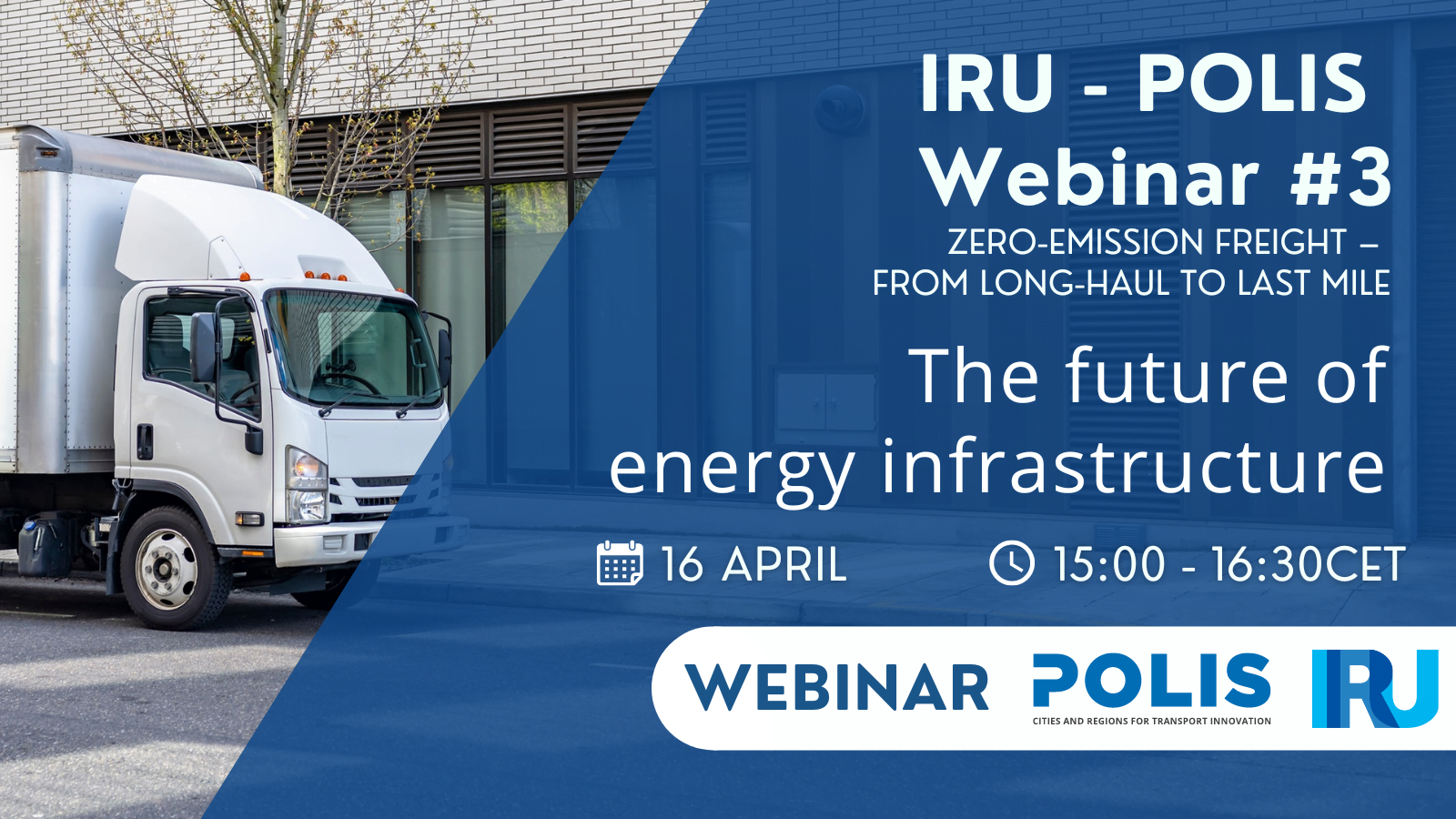
3rd IRU-POLIS Webinar: The future of energy infrastructure
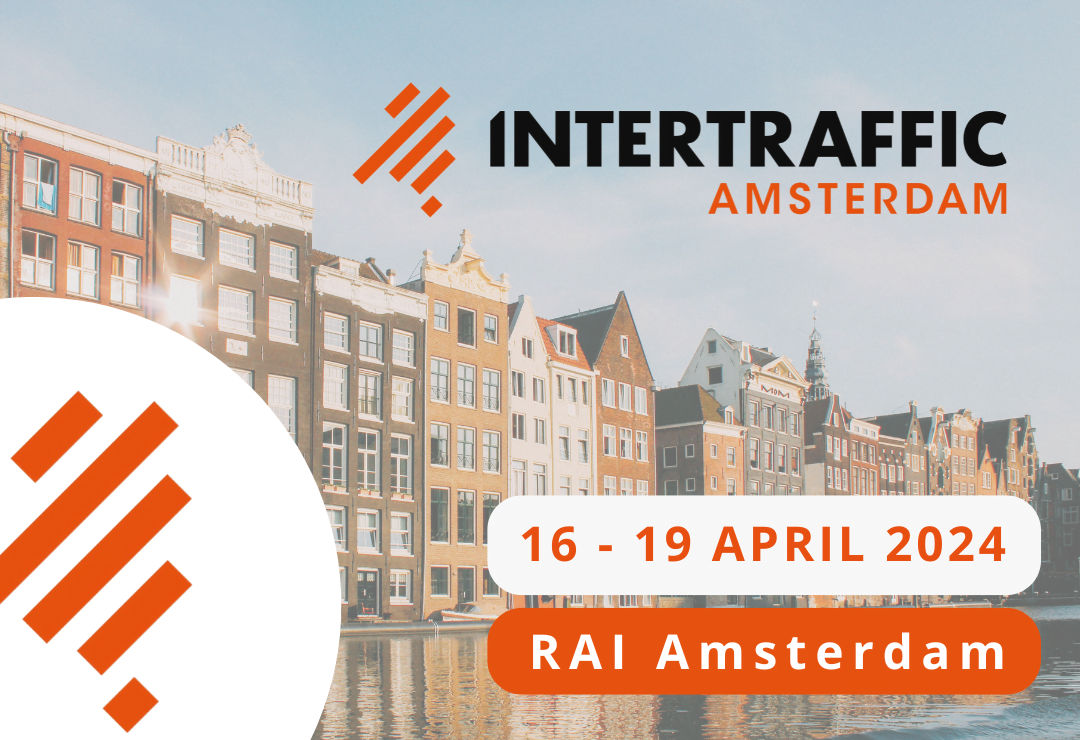
Intertraffic Amsterdam 2024
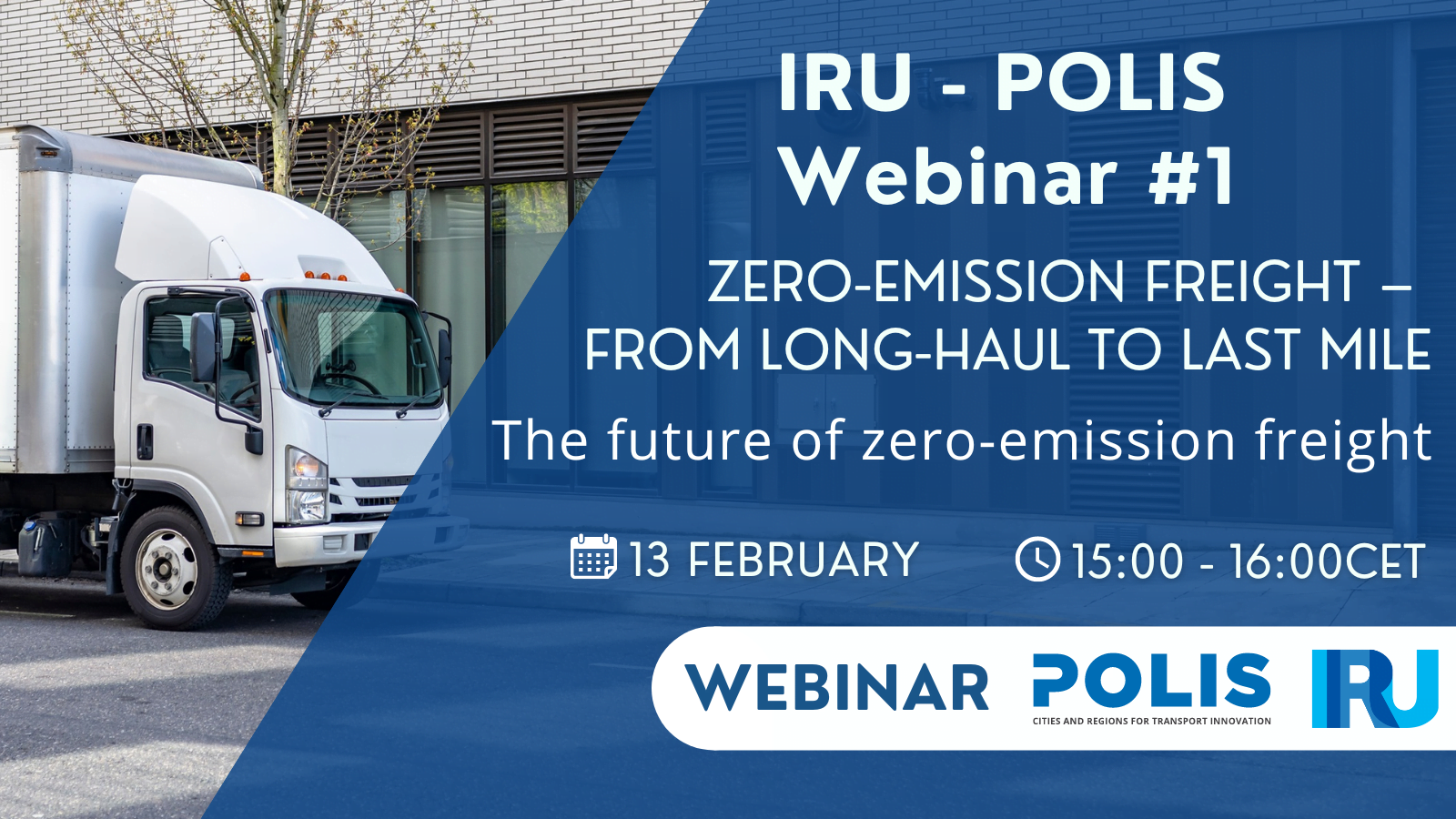
IRU-POLIS Webinar #1 – Zero-emission freight – from long-haul to last mile

ShareDiMobiHub Academy 2024
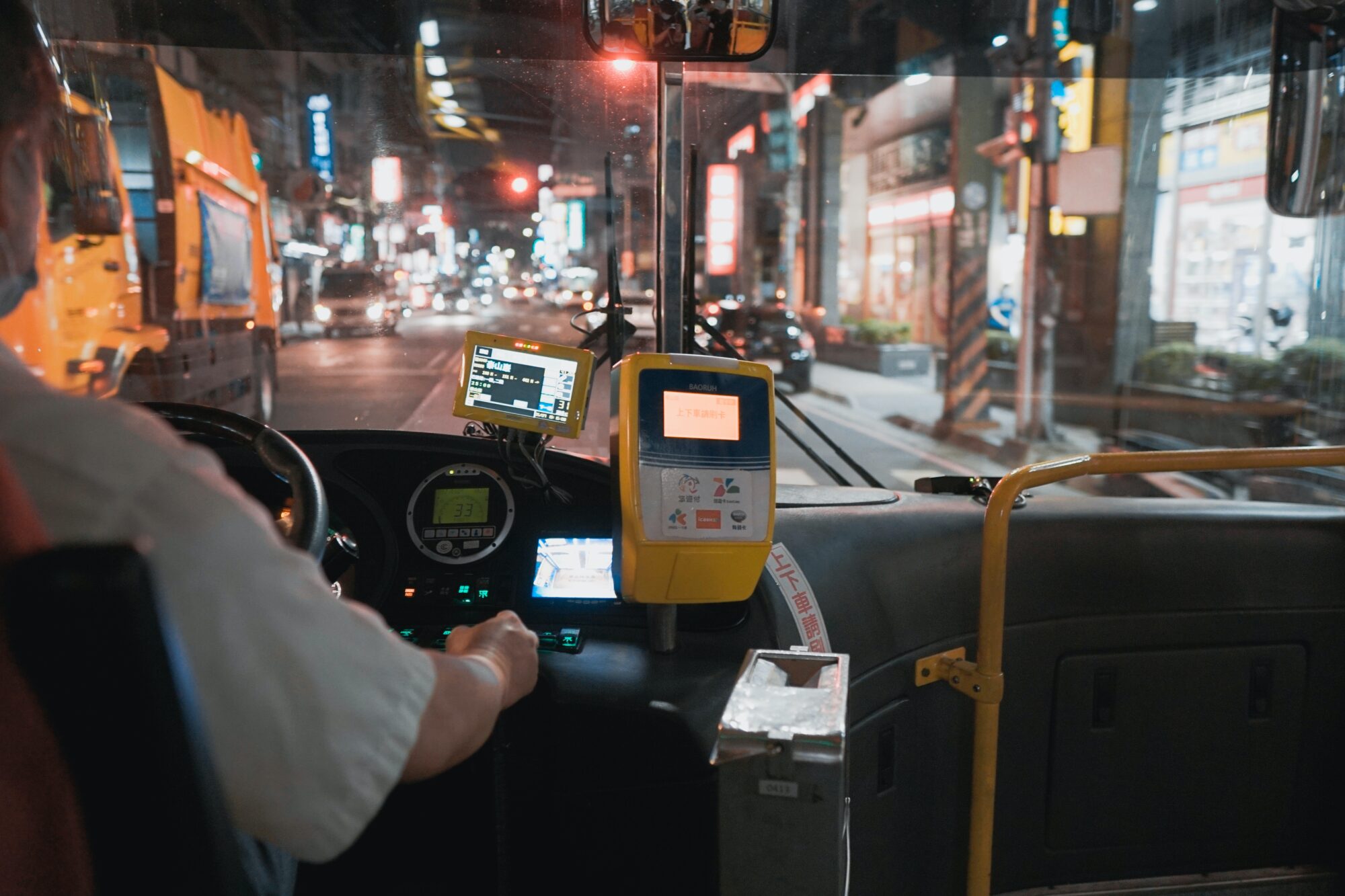
POLIS x EU Regions Week: Future of transport workforce
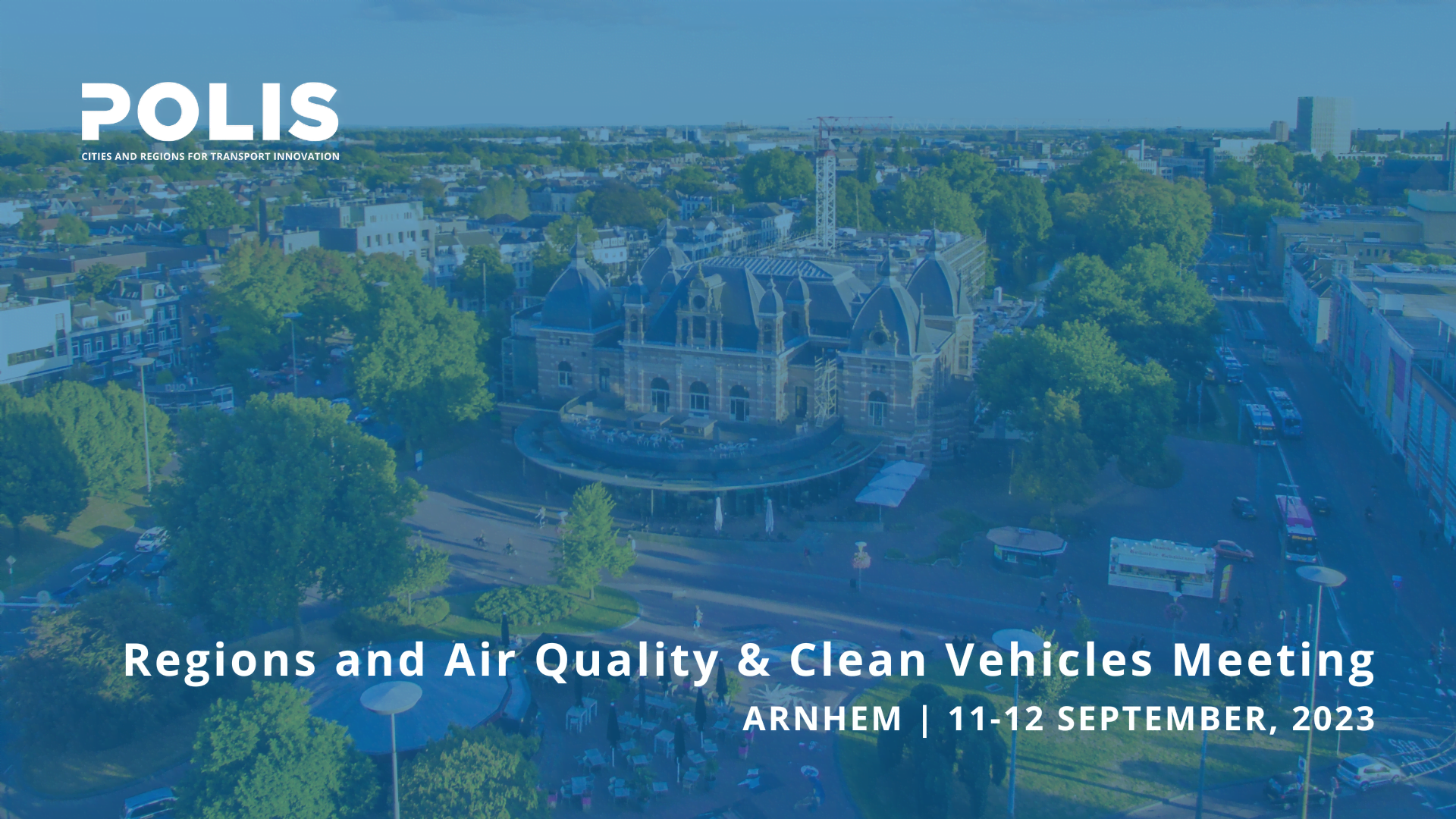
Regions and Clean Vehicles & Air Quality working group meeting

eCharge4Drivers EIG Workshop: Barcelona

POLIS Leadership Summit: Stockholm
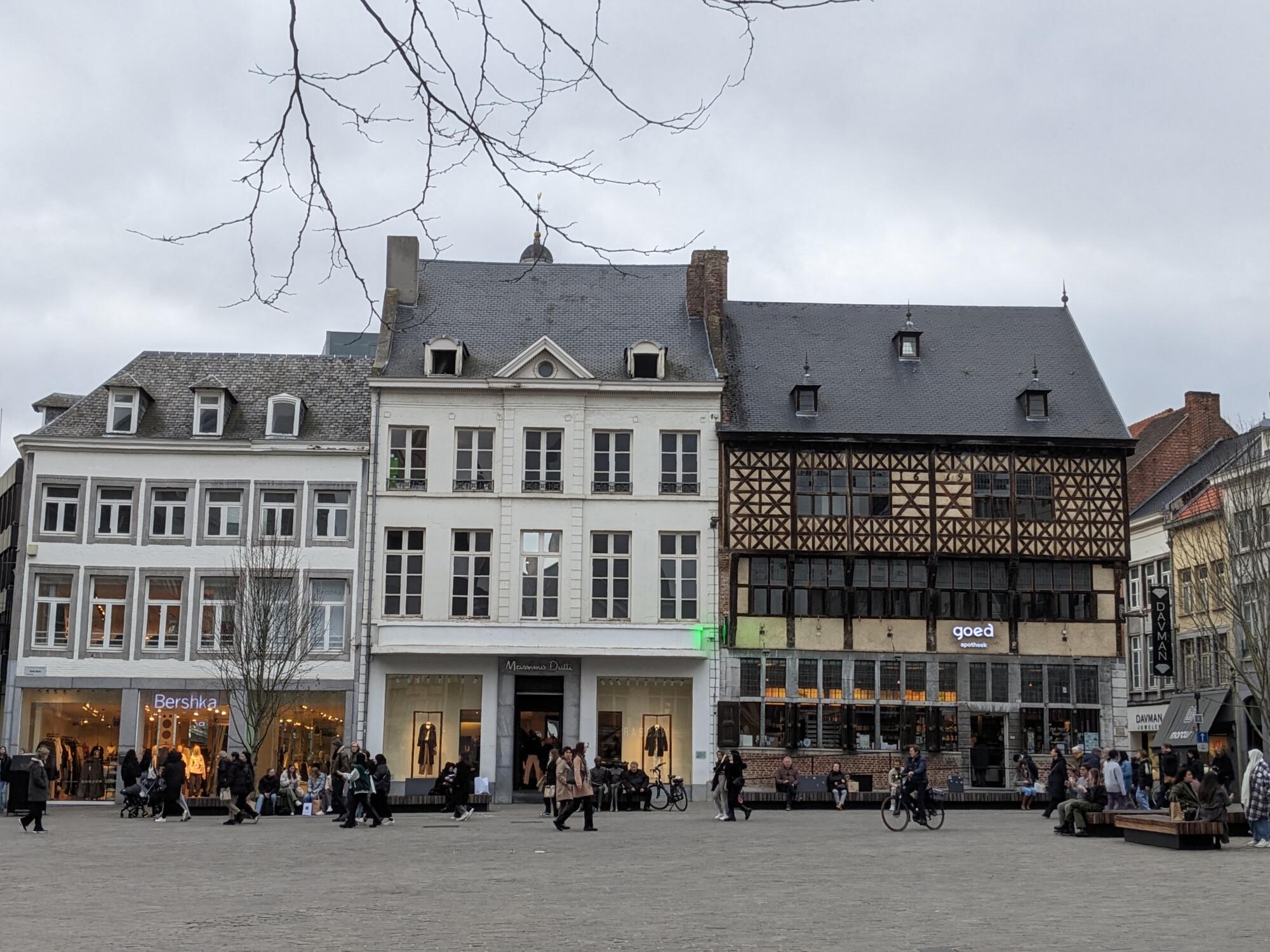
2nd EMR Connect Workshop

Amsterdam Drone Week
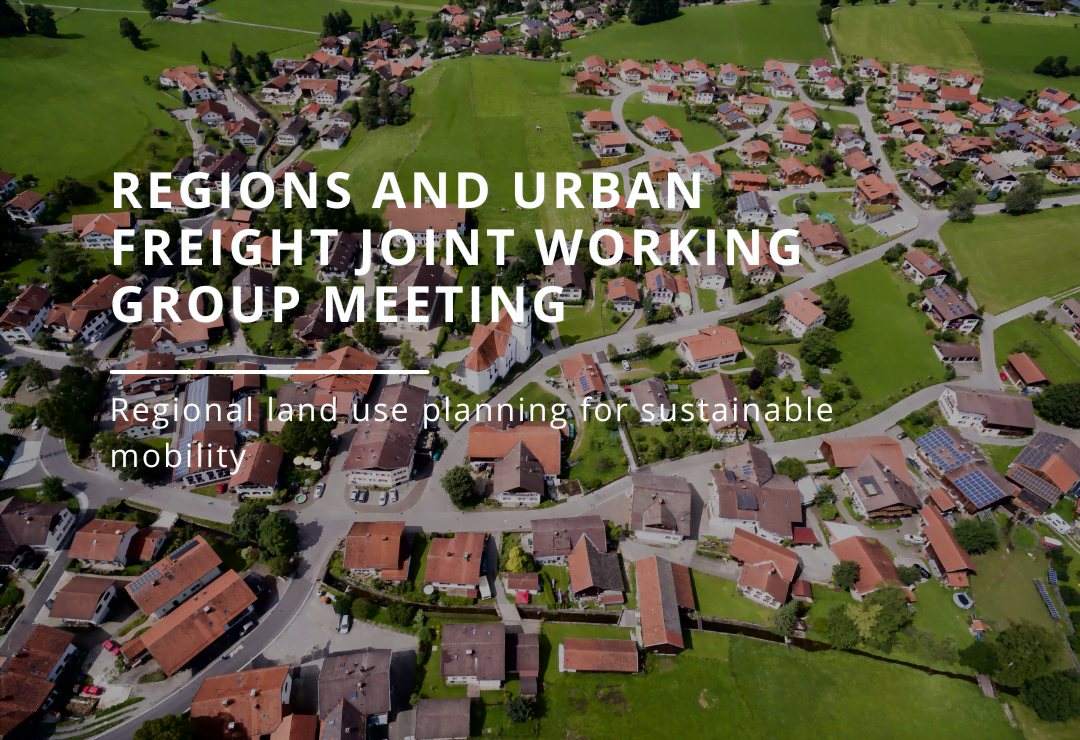
Regions and Urban Freight working group meeting: Regional land use planning
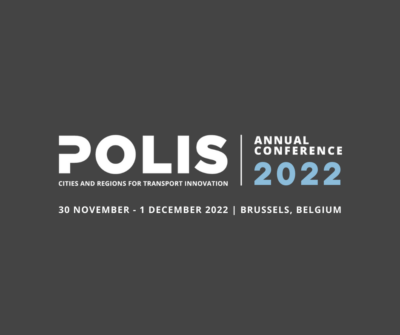
2022 Annual POLIS Conference
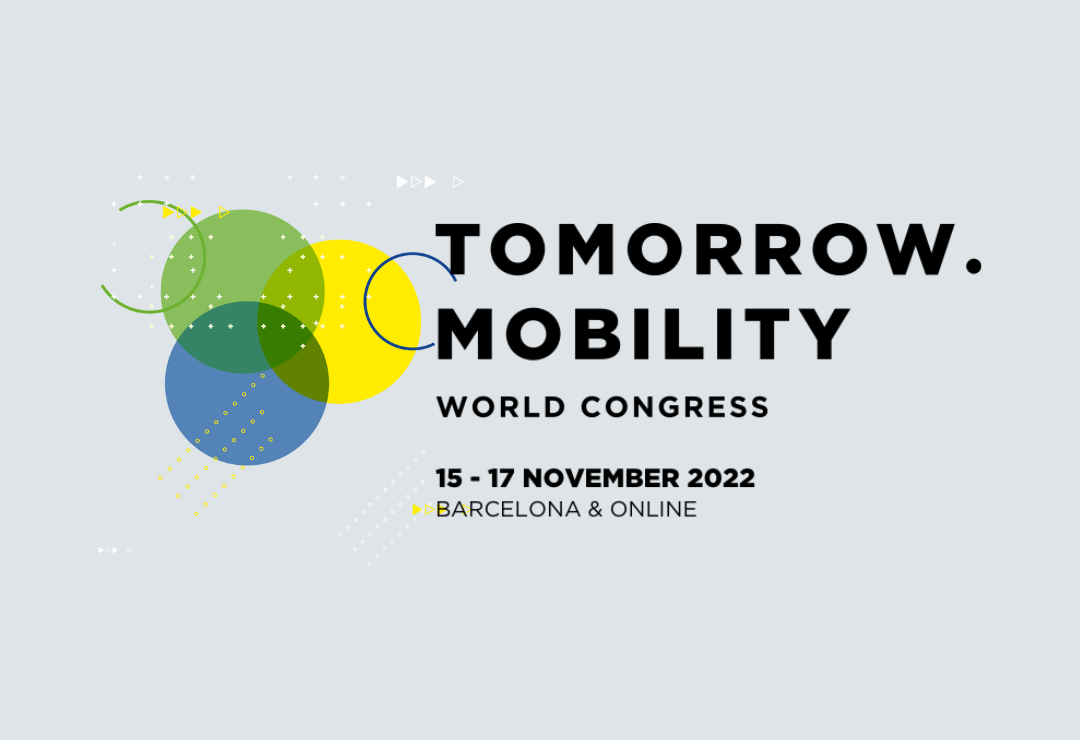
Tomorrow.Mobility World Congress 2022
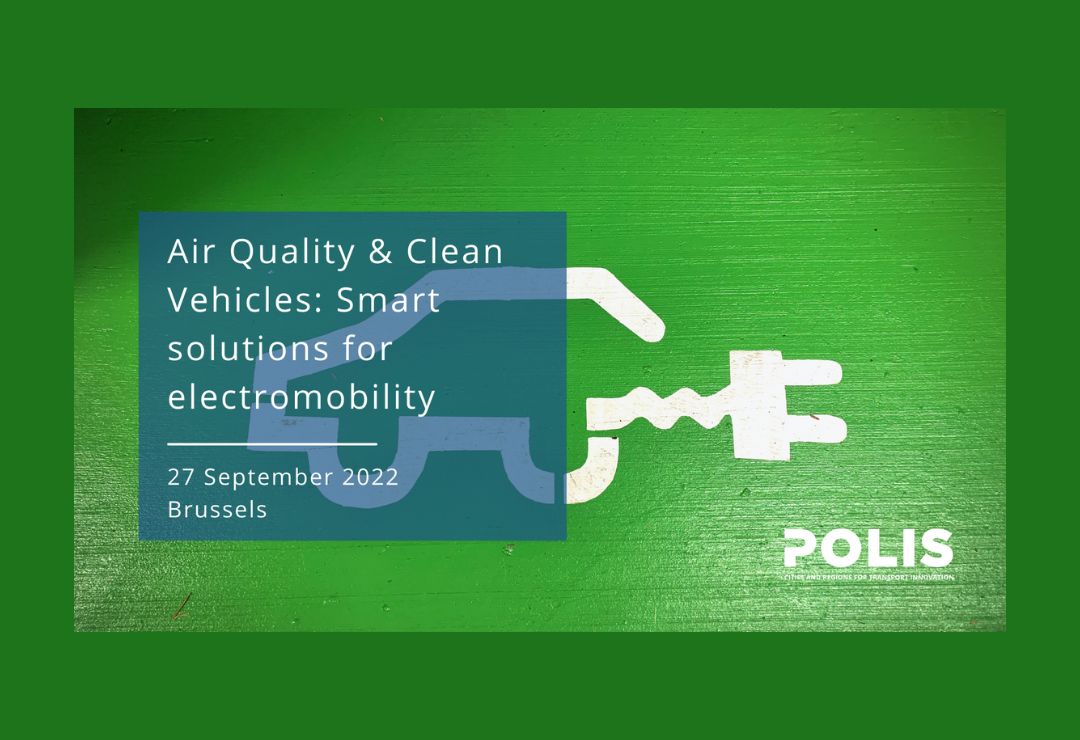
Air Quality & Clean Vehicles Working Group Meeting: Smart solutions for electromobility

Urban Mobility Days 2022
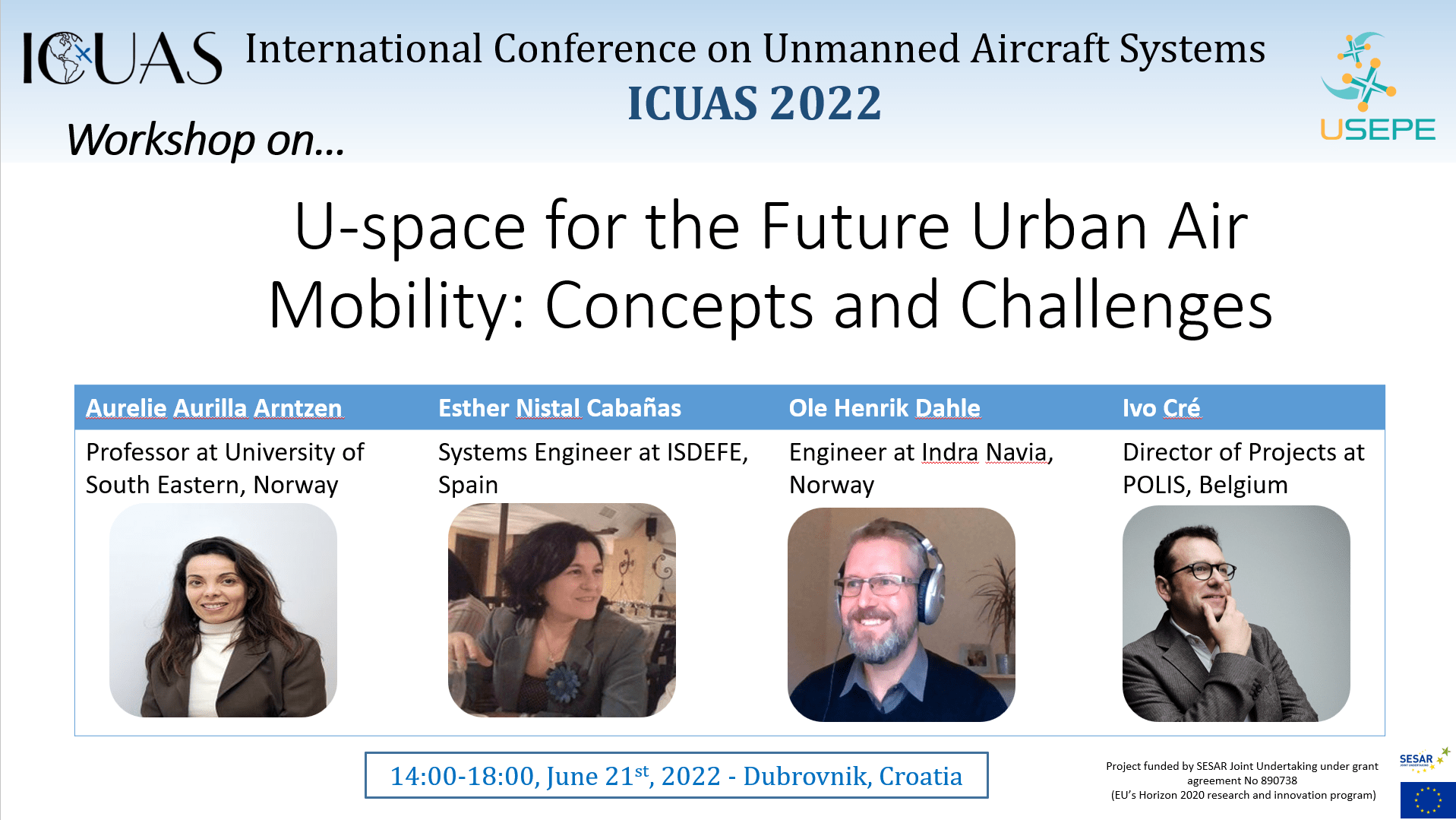
USEPE ICUAS 2022 Workshop on future Urban Air Mobility

Multimodal Urban Day: Paris edition
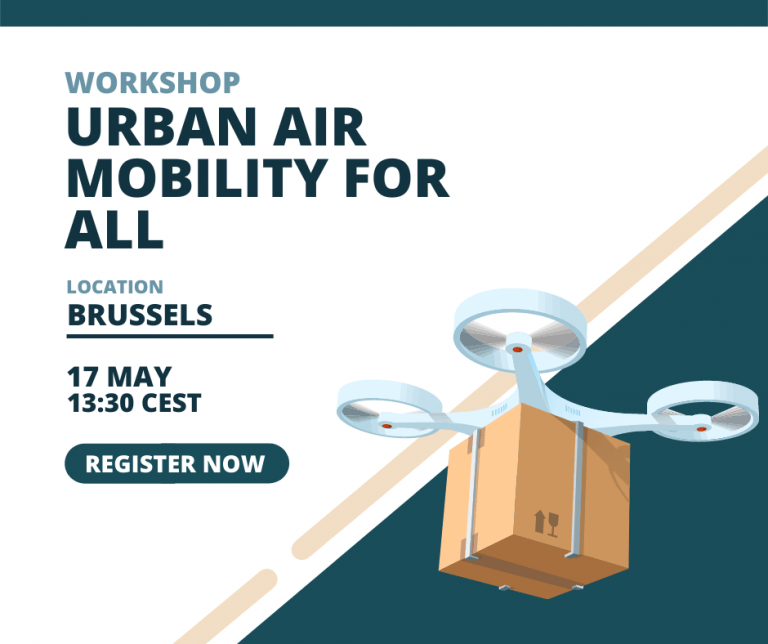
“Urban Air Mobility for All” Stakeholder Workshop

Nordic Edge Expo 2022

PRECINCT 1st Stakeholder’s engagement Workshop
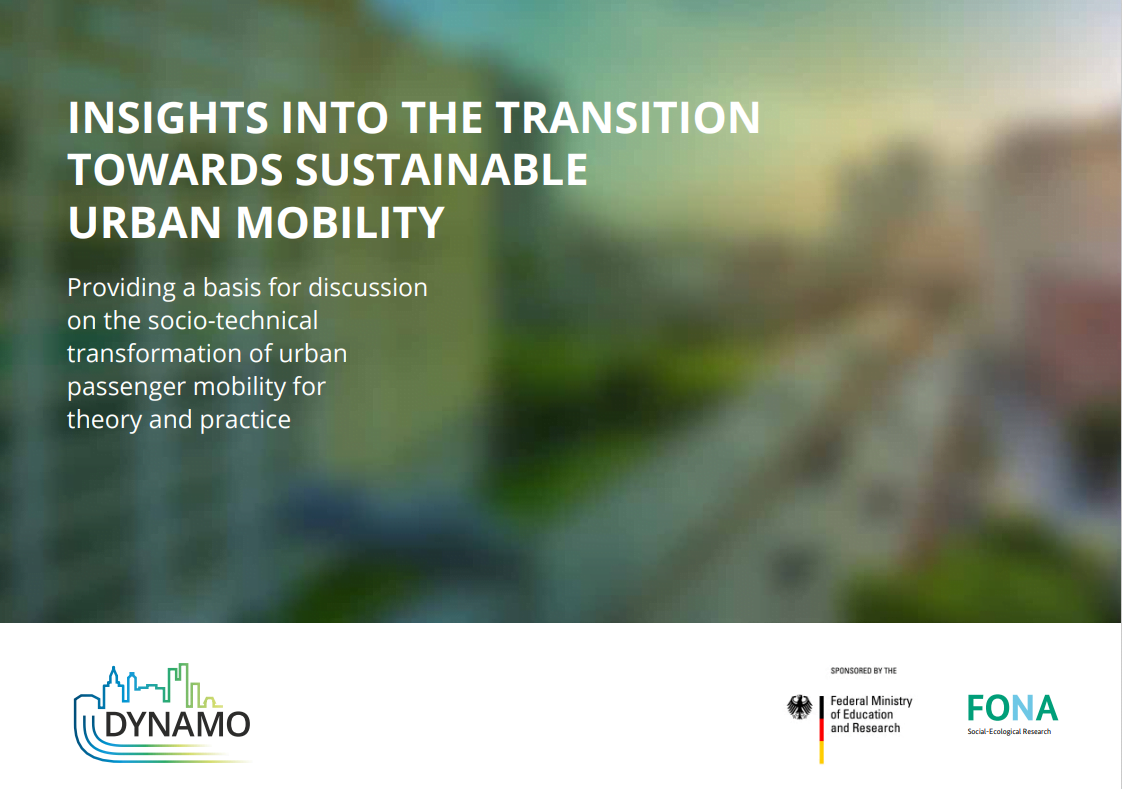
DynaMo Launch Event: Presentation of insights
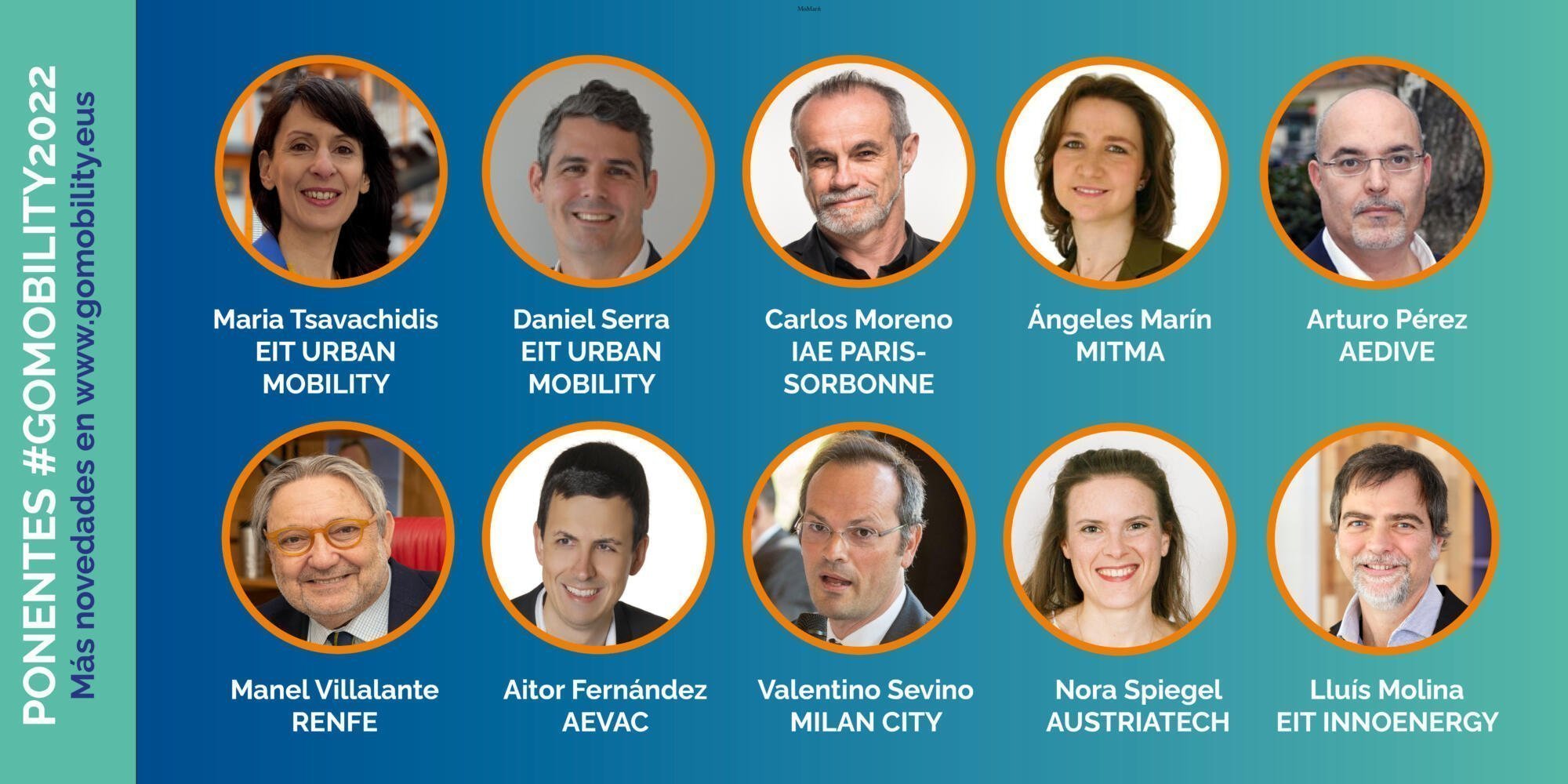
Go Mobility by MUBIL Tradeshow
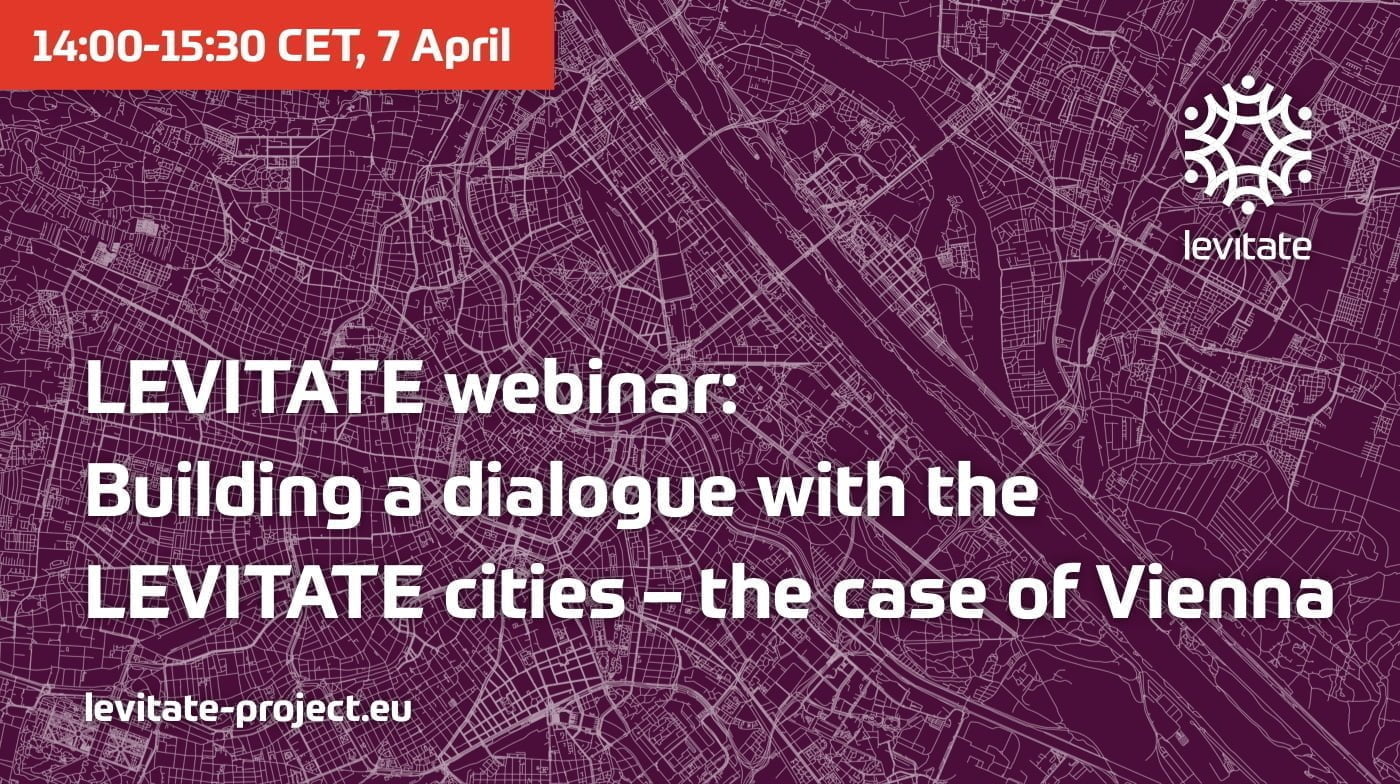
LEVITATE webinar: Building a dialogue with the LEVITATE cities
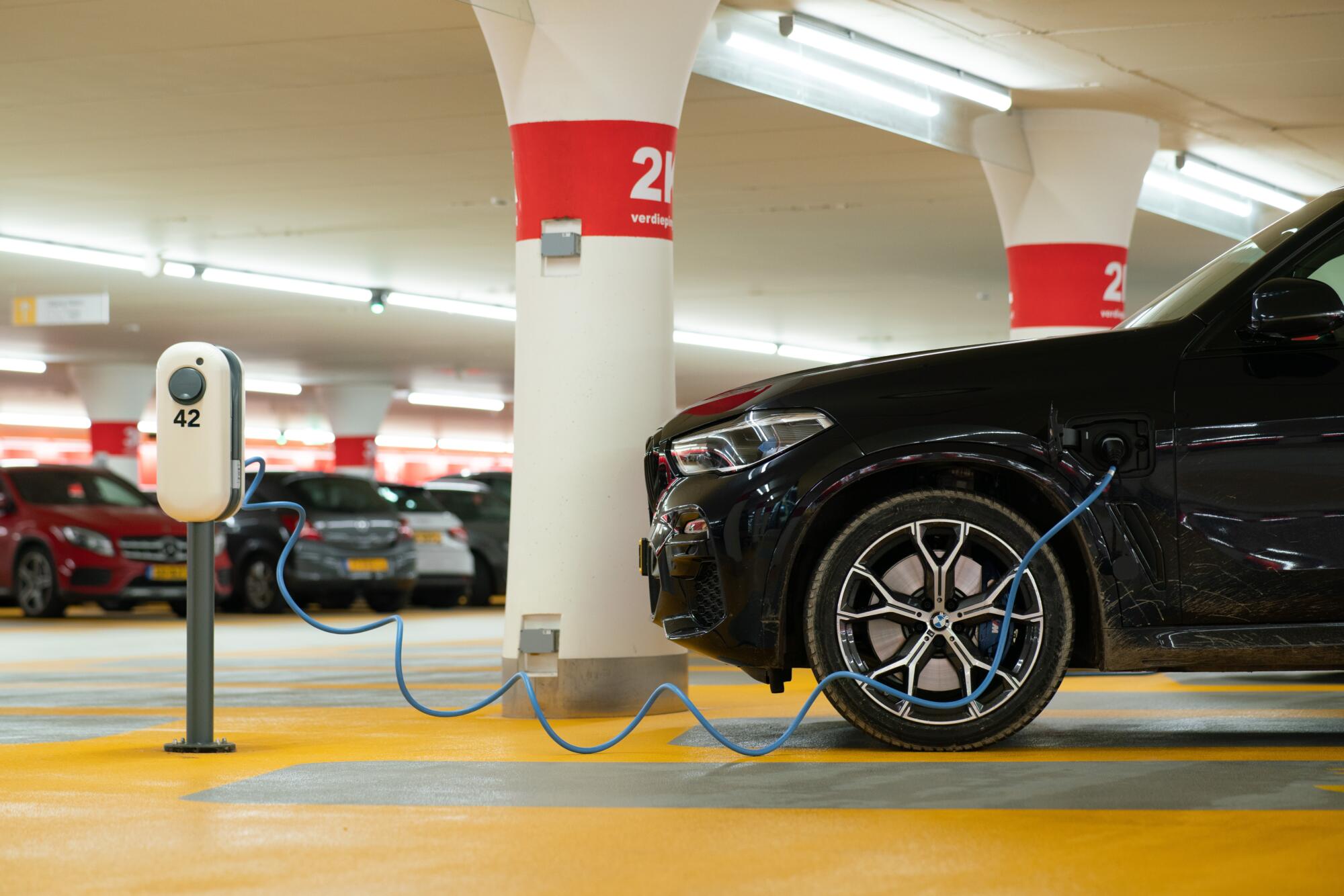
Hydrogen and reFuels as drivers towards climate neutrality – What framework conditions are needed at the European level?
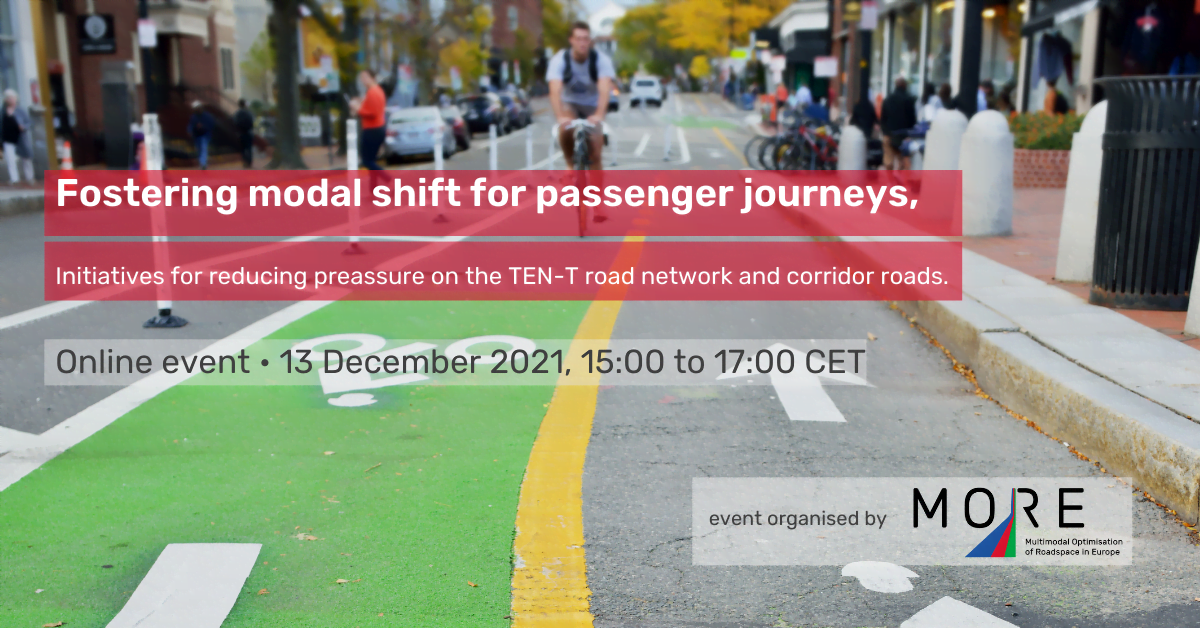
MORE 5th TEN-T Network workshop!

MOVE 2021 Conference: Mobility Re-Imagined
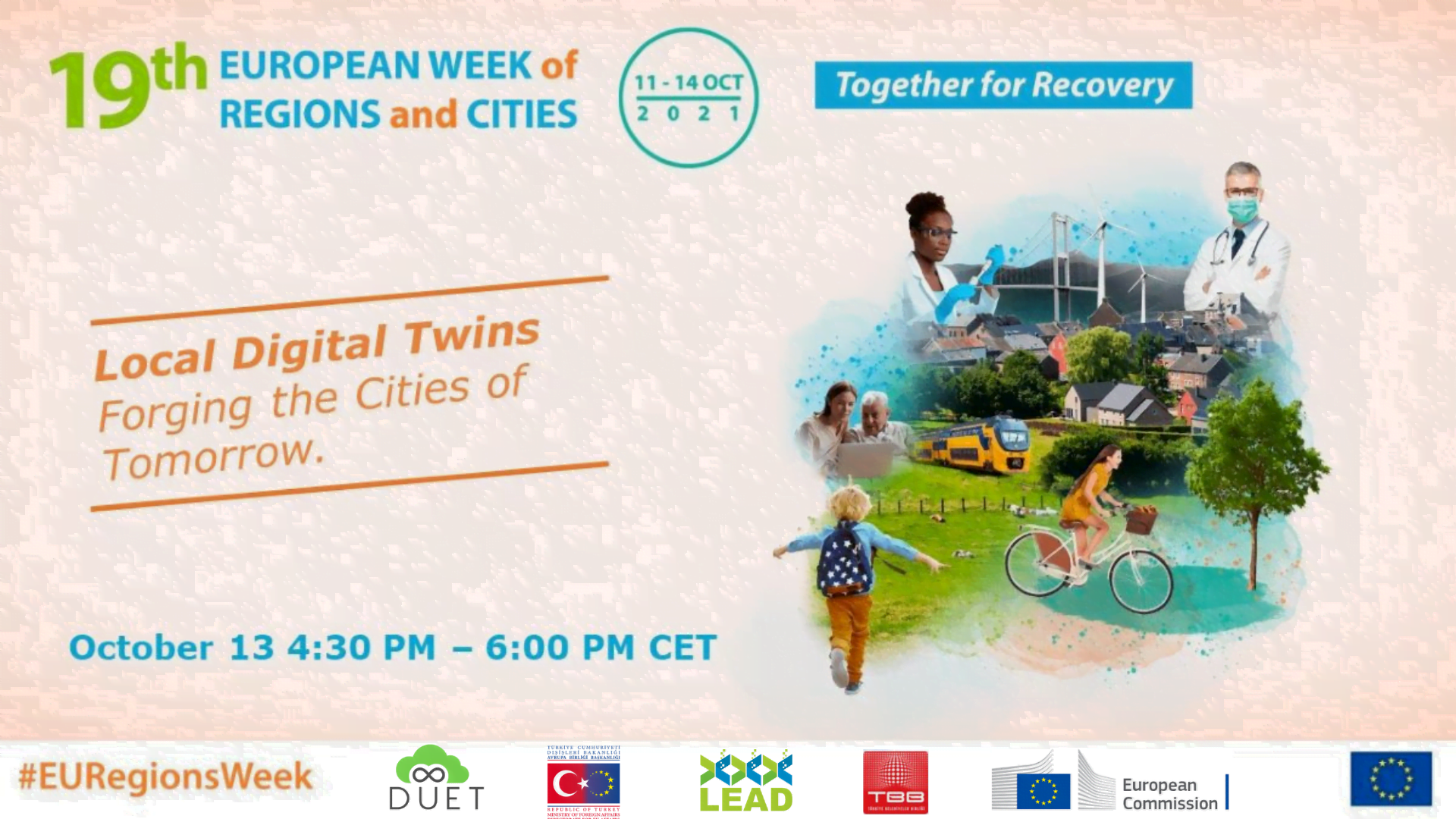
Local Digital Twins Workshop: Forging the cities of tomorrow
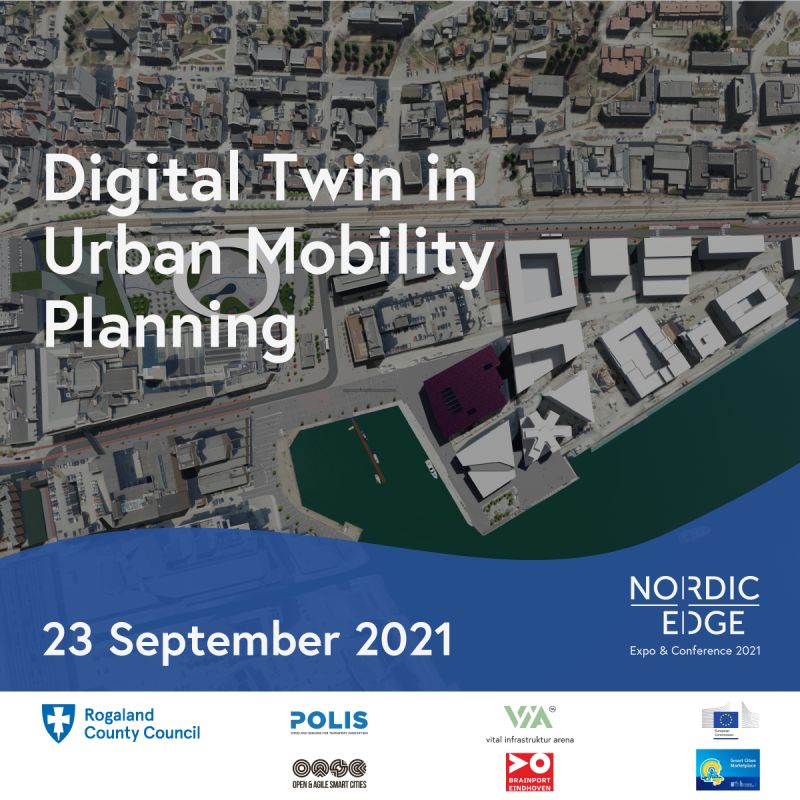
Digital Twin in Urban Mobility Planning
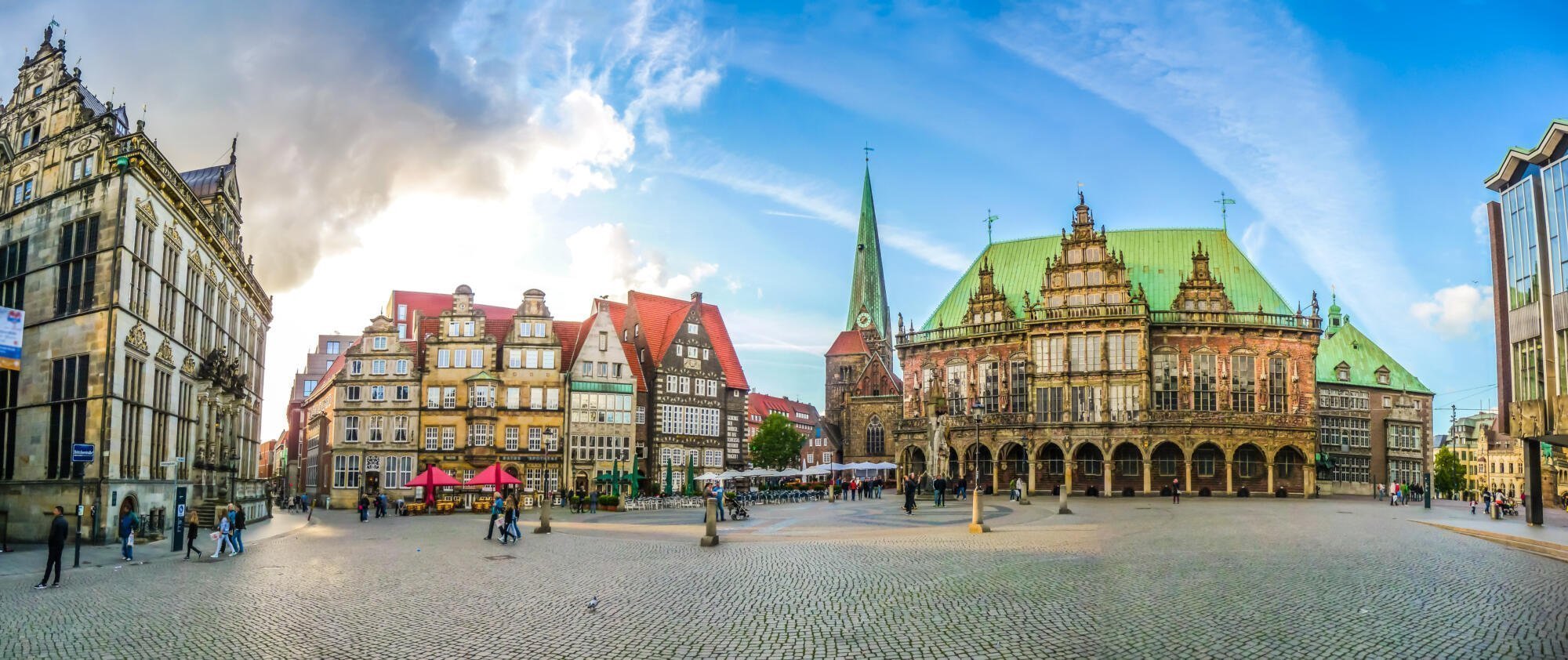
SUNRISE Bremen: Street Space Management – Key for mobility and quality of life
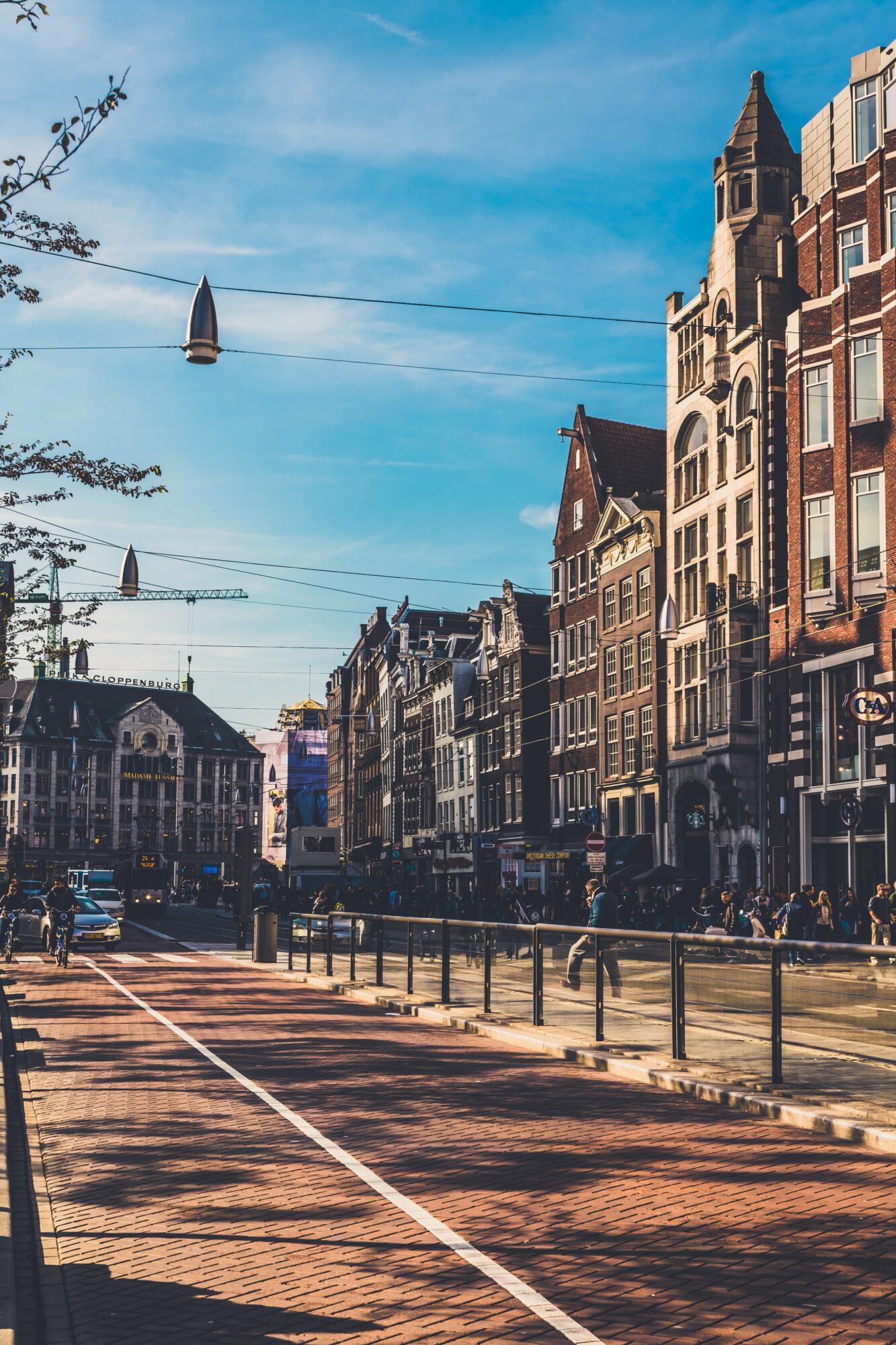
CEDR Collaborative Planning Final Conference
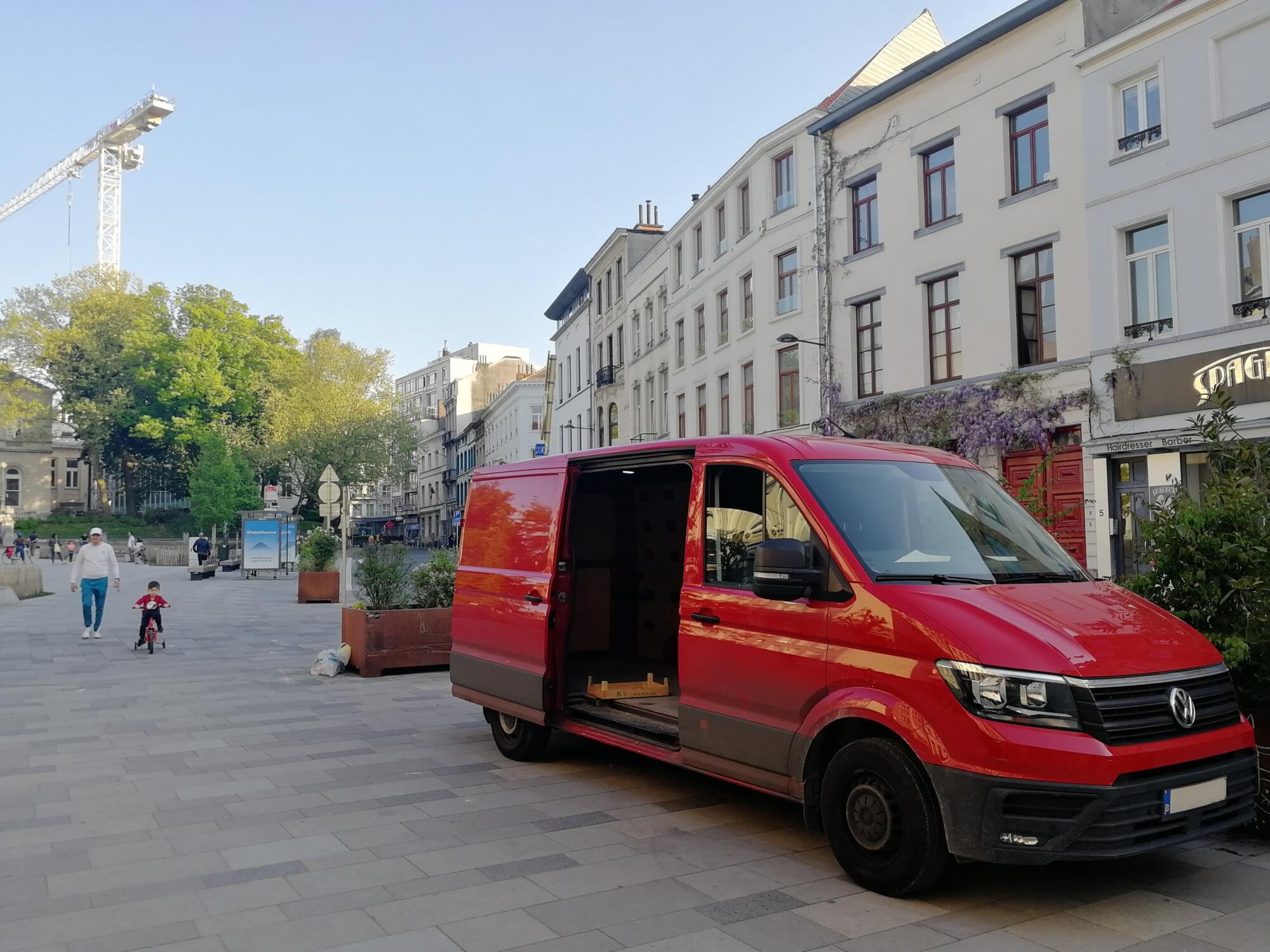
Flexible access & space management working session
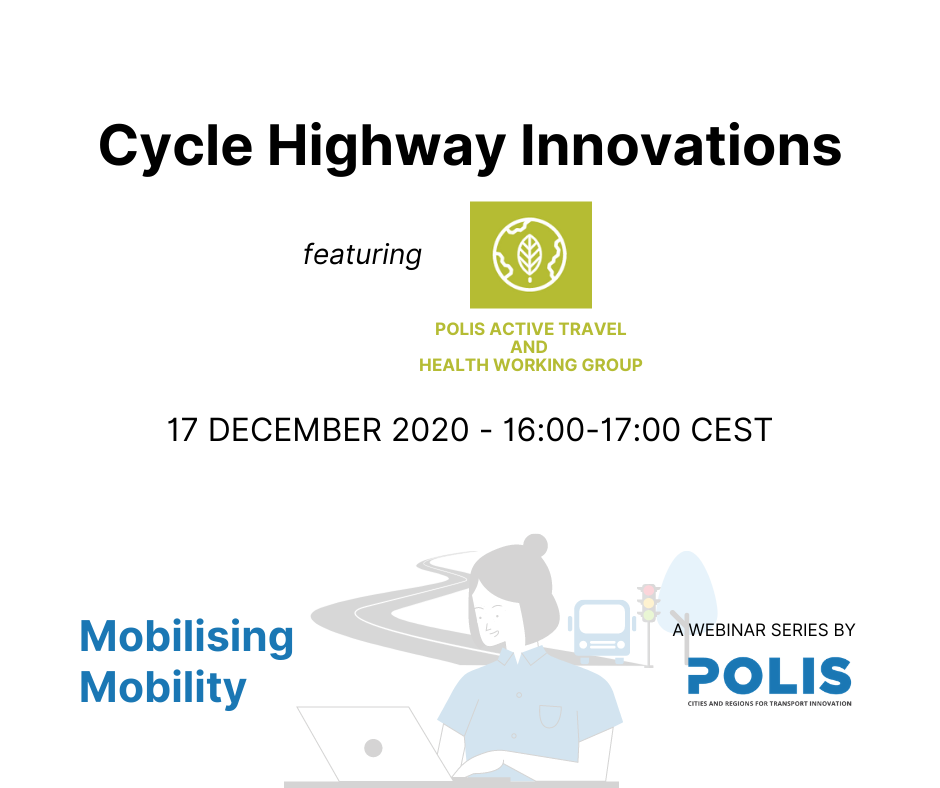
Mobilising Mobility: Cycle Highway Innovations

Past, present and future of the Interreg MED Programme and of the Governance in the Mediterranean
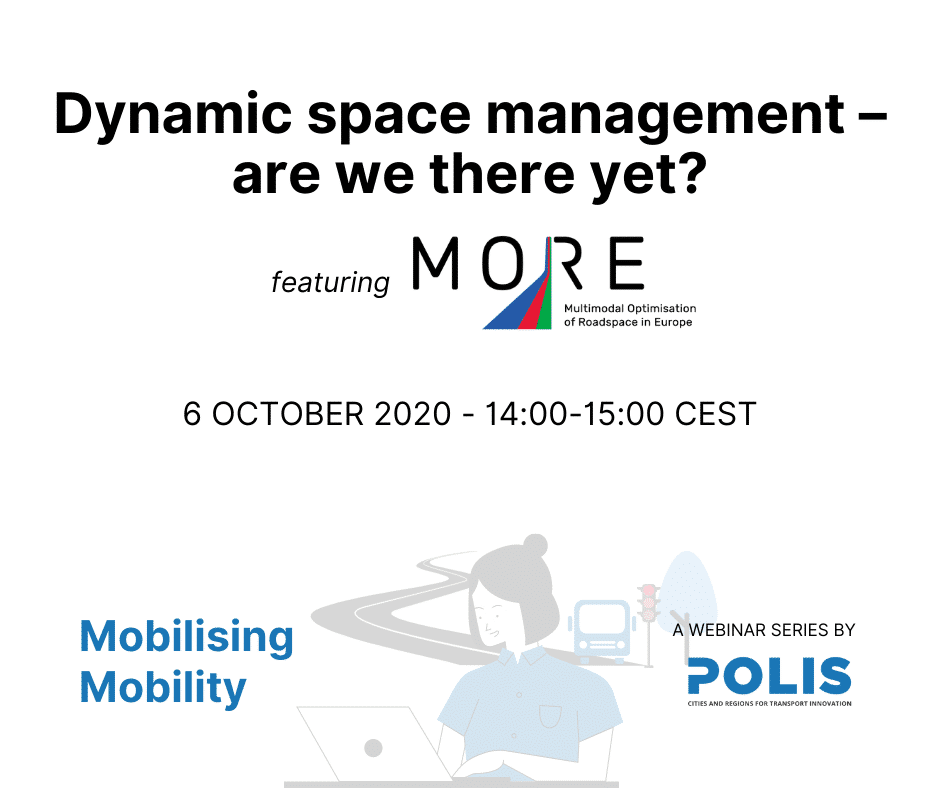
Mobilising Mobility: Dynamic space management – are we there yet?
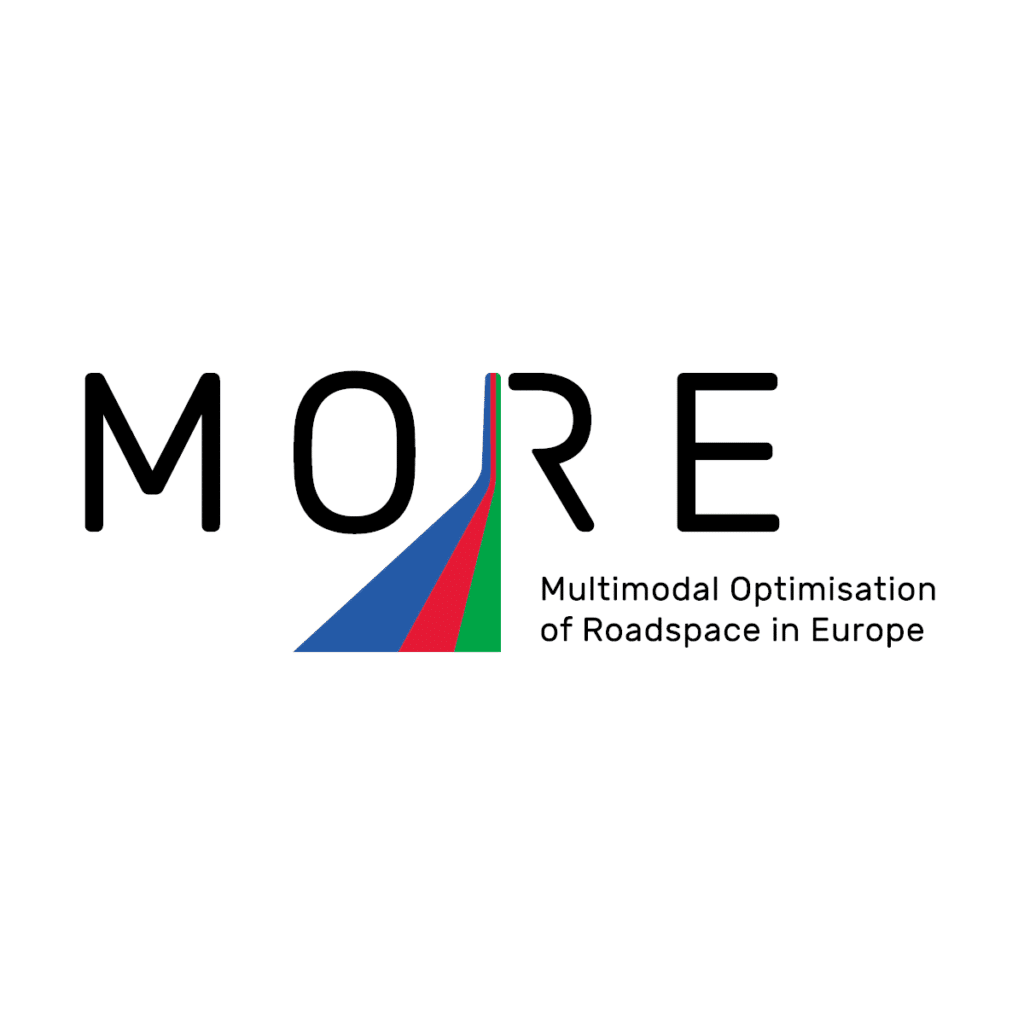
MORE TEN-T Corridor Workshop

3rd CoMotion LA Leadership Conference
Urban Nodes Forum
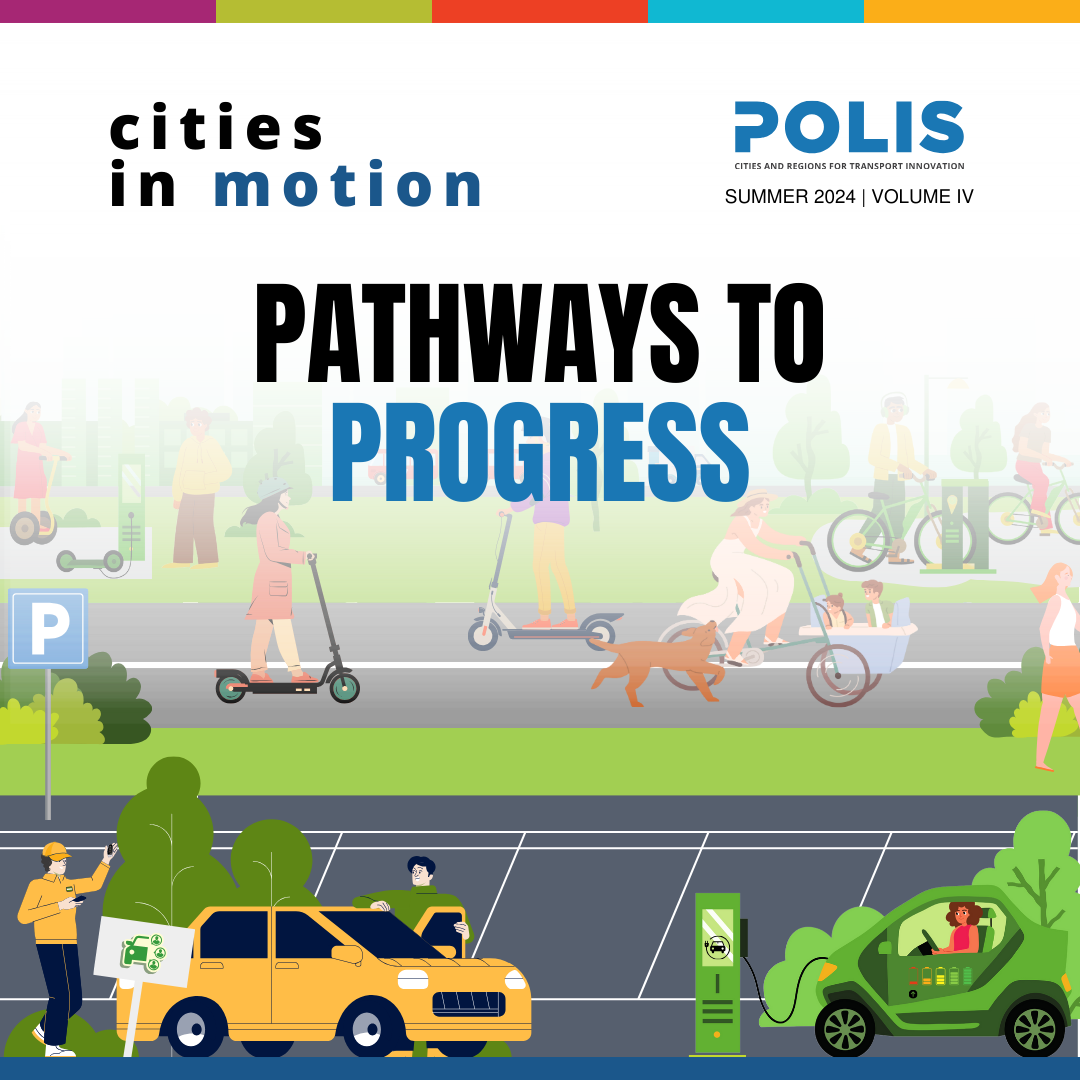
Cities in motion – Volume IV: ‘Pathways for Progress’
Urban Nodes: Empowering cities and regions to build the TEN-T
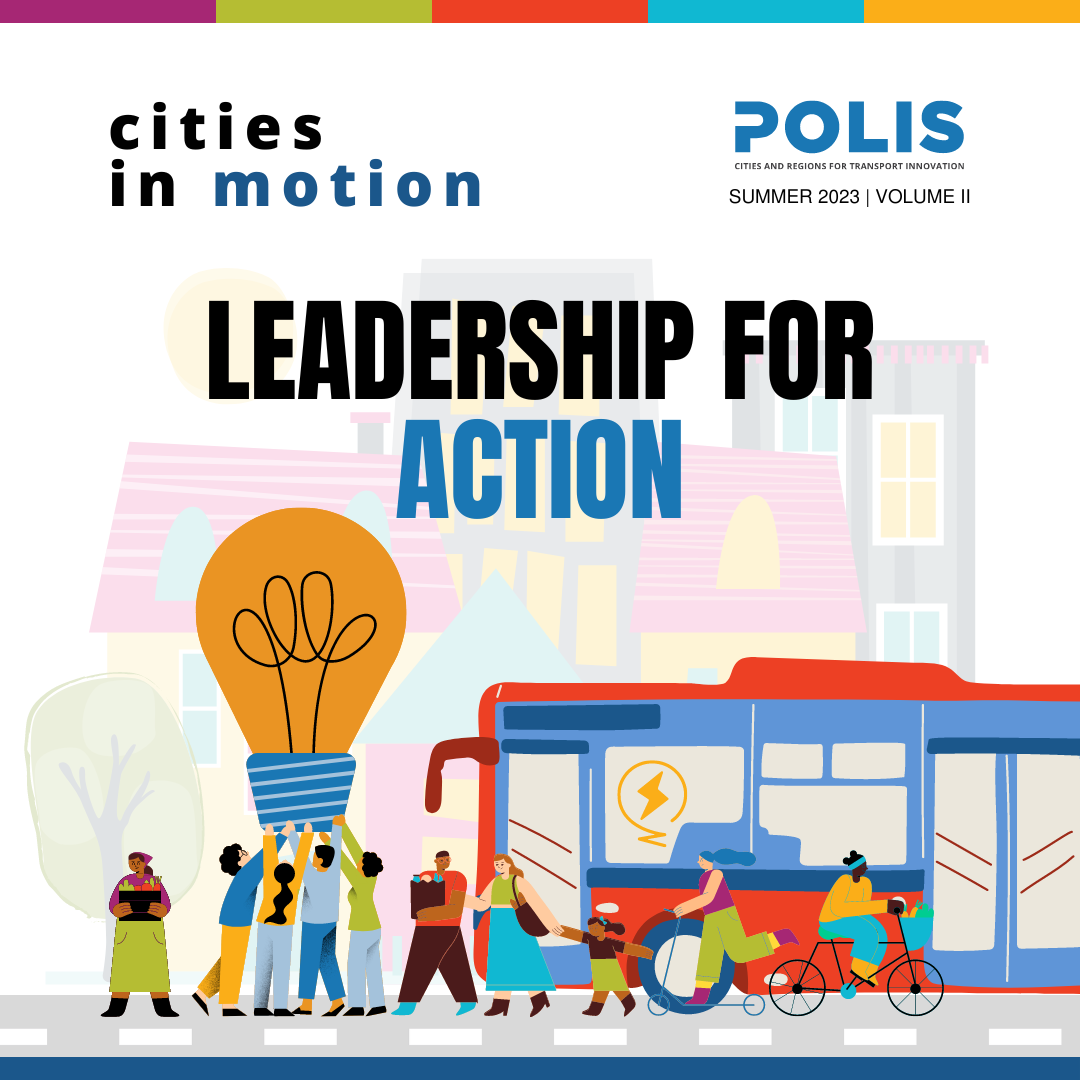
Cities in motion – Volume II: ‘Leadership for action’
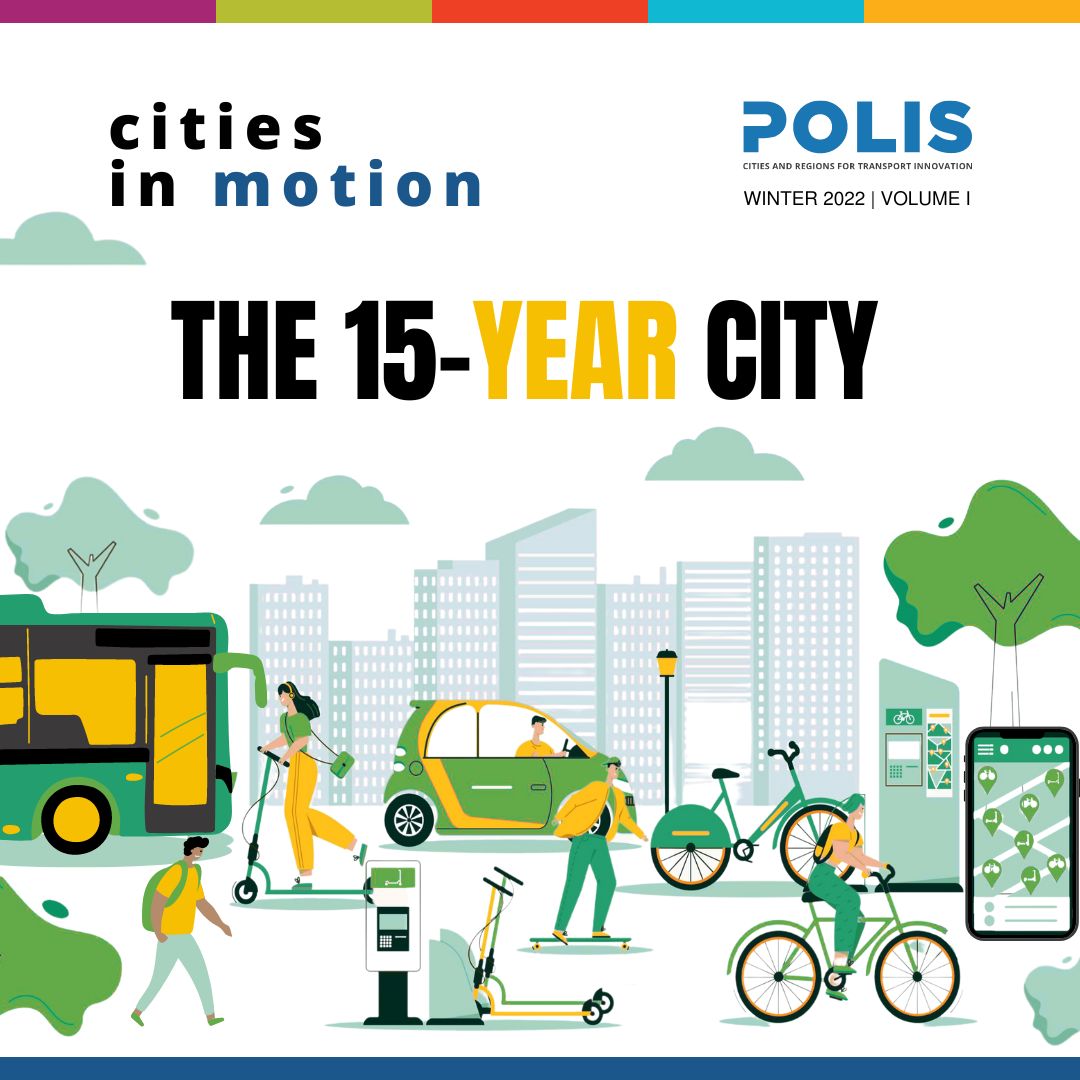
Cities in motion – Volume I: ‘The 15-year city’
European Clean Trucking Alliance Position Paper: A Response of the “Fit-for-55 Package”
Recovery and Resilience Facility: Transport keeps us going forward
Thinking Cities #7
Polis Position on the upcoming decarbonisation transport strategy
More EU Budget for Transport
NICHES+ Infrastructure for innovative bus systems
NICHES+ Passenger friendly intermodal interchanges
Member in the Spotlight: Rotterdam’s ambitious Goal towards zero Emissions from City Logistics in 2020
Thinking Cities #5
Member in the Spotlight: Catalonia’s two new multimodal initiatives
Innovative Technologies for Light Rail and Tram: Ground-Level Power Supply – Induction System
Innovative Technologies for Light Rail and Tram: Additional Fuels – Aeromovel System
Innovative Technologies for Light Rail and Tram: Additional Fuels – Hydrid Diesel/Electric System
Innovative Technologies for Light Rail and Tram: Ground-Level Power Supply – Alimentation Par le Sol
Innovative Technologies for Light Rail and Tram: Hybrid Battery/Supercapacitor – Hybrid Electric and Rapid Accumulator Systems
Innovative Technologies for Light Rail and Tram: Hydrail – Hydrogen Hybrid and Hydrogen Fuel Cell Systems
Innovative Technologies for Light Rail and Tram: Kinetic Power – Flywheel System
Innovative Technologies for Light Rail and Tram: Traction Battery – NiMH and PRIMOVE Systems
Innovative Technologies for Light Rail and Tram: Typology of Technology Approaches
Innovative Technologies for Light Rail and Tram: Tyre Innovation – Rubber Tyre Trams
Member in the Spotlight: Rotterdam’s strategy for electromobility
An energy storage system which reduces costs and generates revenue for the transit authority
Toolbox for urban nodes development – initial results of the NODES project
POLITE Newsletter N3, May 2013
4th Railway Package – summary note
London – A205 Forest Hill Station to Catford Gyratory – Final report
High level stakeholder conference on the future of transport – Pisa
Changing a railway station into a multimodal node in Linz
Flanders new road lighting scheme
N329 Road of the Future
TEN-T Revision, Proposal Regulation from EC
Enhanced transport quality and tramway energy efficiency by multi-modal traffic management systems
LINK – the European Forum on Intermodal Passenger Travel
Public transport infrastructure and intermodality in the Brussels-Capital Region
Redevelopment train station & surroundings – Gent
EIB financing of theTrans-European Networks

